Conference Tracks
Please select a track from the list below or choose SHOW ALL TRACKS to see all tracks.
Basic and Applied Research
Mini-Plenary: MP 2.2: BMI-How does it measure up?
Body Mass Index (BMI) is widely employed to describe the prevalence of obesity in populations, investigate health risks associated with obesity, and guide clinical care. Critics have raised questions about how well BMI captures body fat at the population and the individual level, and whether BMI is the best measure to capture obesity-associated co-morbidities. This session will discuss how well BMI captures body fat across the population, examine how BMI is related to disease processes in childhood and on into adulthood, and will offer recommendations regarding the use of BMI in the patient-oriented setting.
Please Click the Speaker names below to see their submitted biosketch.
Stephen Daniels, Professor and Chair, Department of Pediatrics, Children's Hospital Colorado
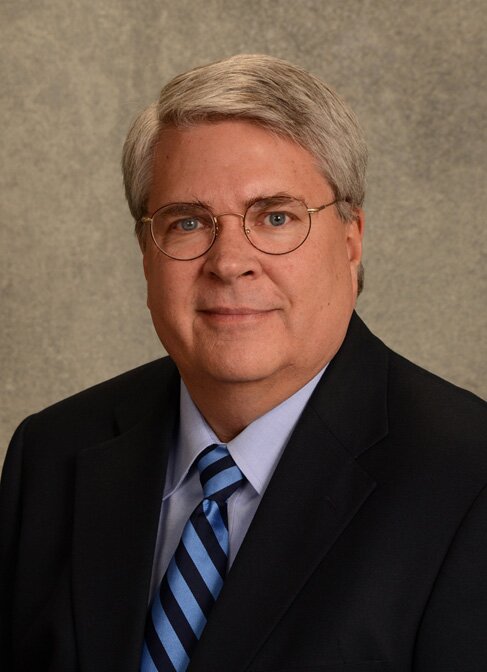
Speaker submitted biosketch
Stephen R. Daniels, MD, PhD, is Professor of Pediatrics and Chairman of the Department of Pediatrics at the University of Colorado School of Medicine. He also serves as Pediatrician-in-Chief and L. Joseph Butterfield Chair in Pediatrics at Children's Hospital Colorado. Dr. Daniels' area of expertise is preventive cardiology, with a longtime interest in the application of sophisticated epidemiologic and biostatistical methods to pediatric clinical research problems. He is interested in the causes of blood pressure elevation and cholesterol abnormalities in children and adolescents, particularly the role that obesity may play in these health issues; development of structural and functional abnormalities in the heart and vascular system, including cardiovascular abnormalities occurring in pediatric patients with diabetes mellitus; as well as the relationship of left ventricular hypertrophy to obesity and hypertension. The role of lifestyle factors, such as diet and physical activity, is central to many of Dr. Daniels' studies. Dr. Daniels completed his residency in Pediatrics and his fellowship in Pediatric Cardiology at the Cincinnati Children's Hospital Medical Center, in 1981 and 1984, respectively. Dr. Daniels held numerous academic and clinical appointments at the University of Cincinnati College of Medicine and the Cincinnati Children's Hospital before joining the University of Colorado School of Medicine in 2006. Dr. Daniels received his MD from the University of Chicago; his MPH from Harvard University; and his PhD in Epidemiology from the University of North Carolina.
Cynthia Ogden, Epidemiologist/NHANES Analysis Branch Chief, Centers for Disease Control and Prevention

Speaker submitted biosketch
Cynthia Ogden is an epidemiologist at the CDC overseeing the NHANES analysis group. Her research interests relate to nutrition, growth and obesity. Dr. Ogden has published extensively. She joined CDC as a member of the Epidemic Intelligence Service and has worked at the New York State Department of Health, the Food and Agriculture Organization of the UN and she currently teaches at the George Washington University School of Public Health. She earned her Ph.D. and Master’s degrees from Cornell University.
Babette Zemel, Director, Nutrition and Growth Laboratory, The Children's Hospital of Philadelphia
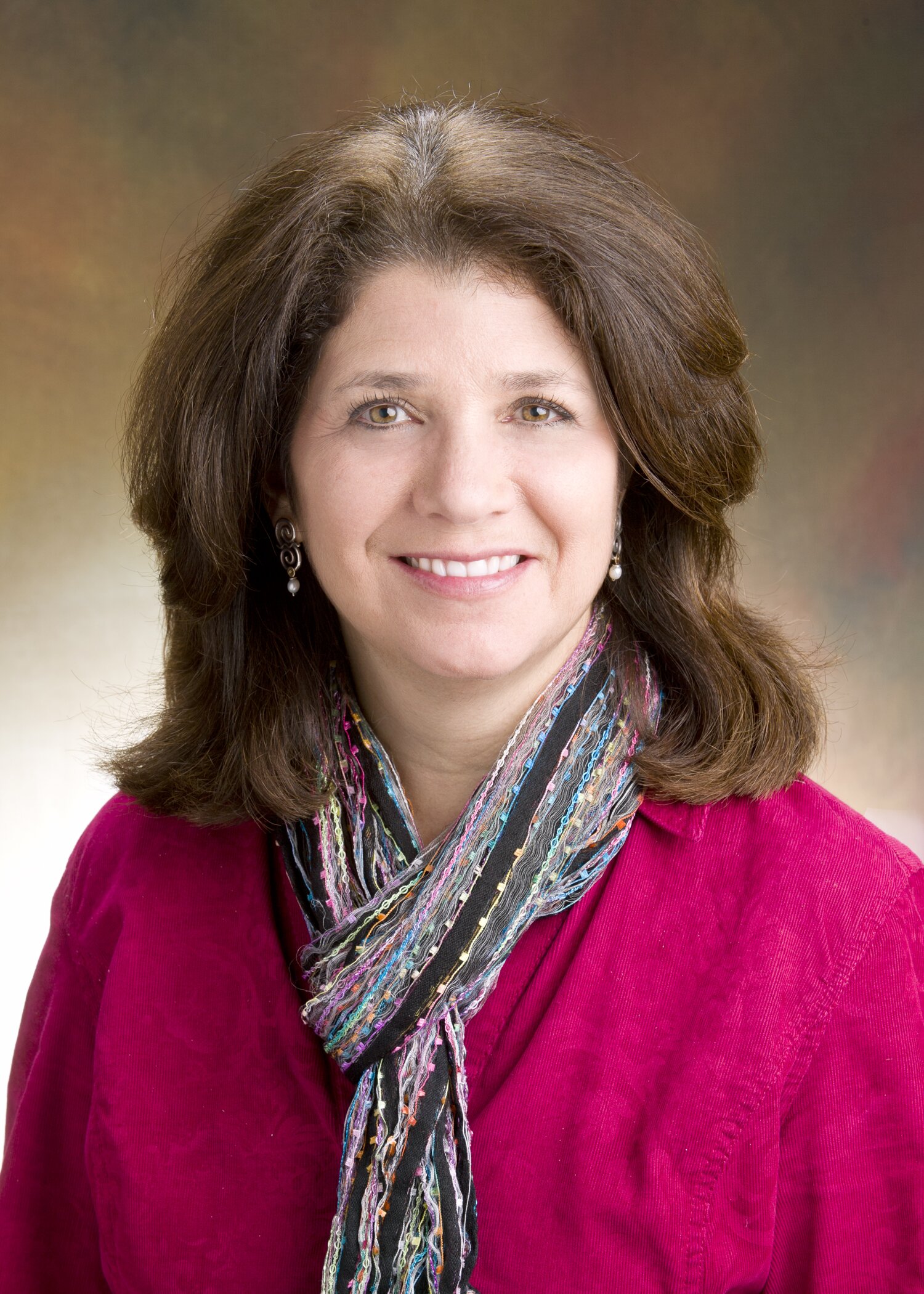
Speaker submitted biosketch
Dr. Zemel is a biological anthropologist by training and professor of pediatrics at the University of Perelman School of Medicine. She has been the director of the Nutrition and Growth Laboratory of The Children’s Hospital of Philadelphia for the past 20 years. Her research interests focus on understanding the factors that influence growth and body composition in healthy children and children with chronic diseases.
.jpg)
Speaker submitted biosketch
Dr. Dietz is the Director of the Sumner M. Redstone Global Center for Prevention and Wellness at the Milken Institute School of Public Health at George Washington University. He is also the Director of the STOP Obesity Alliance. From 1997-2012, he was the Director of the Division of Nutrition, Physical Activity, and Obesity at the CDC. Prior to his appointment to the CDC, he was a Professor of Pediatrics at the Tuft's University School of Medicine, and Director of Clinical Nutrition at the Floating Hospital of New England Medical Center Hospitals. He received his MD from the University of Pennsylvania in 1970 and a Ph.D. in Nutritional Biochemistry from MIT. He is a member of the Institute of Medicine and a past-president of The Obesity Society and the American Society for Clinical Nutrition.
Presentations/Handouts
Mini-Plenary: MP 3.3: Stress, Youth & Obesity: Rethinking How Emotion Plays a Role in Eating Behaviors
Our brain’s response to psychological stress can lead to lowered executive function and potentially poor eating habits as early as preschool. Learn how maternal stress, modeling behaviors and the environment make a difference in childhood obesity. Discover the benefits of stress reduction and mindfulness strategies to enable healthier behaviors and decision-making. The relationship between stress, brain function and food choices will also be explored during this session.
Please Click the Speaker names below to see their submitted biosketch.
Joy Pieper, Affiliate Faculty, Metropolitan State University of Denver
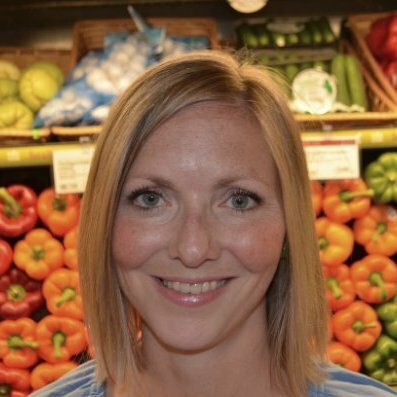
Speaker submitted biosketch
Joy Pieper is a Registered Dietitian with a PhD in Nutritional Biology and an MS in Food Science from the University of California at Davis. Her PhD research focused on early childhood eating behaviors while her master's research dug into the nutritional differences of organic, conventional, canned, fresh and frozen produce and was covered by the Wall Street Journal and New York Times. She currently holds an affiliate faculty position at the Metropolitan State University of Denver teaching nutrition; offers nutrition counseling through a private practice; and creates and delivers seminars for parents on developing healthy eating behaviors in children.
Eleanor Tate, National Cancer Institute Training Fellow, Doctoral candidate, University of Southern California

Speaker submitted biosketch
Eleanor Tate is a doctoral candidate in the Health Behavior Research PhD Program at the University of Southern California. Her educational background includes Philosophy, BA, Cognitive Science, BA and Social Psychology, MA. Eleanor works with Drs. Genevieve Dunton and Mary Ann Pentz investigating approaches to child obesity prevention. Specific research interests include weight-related parenting practices, maternal stress and child obesity risk, low-income populations, school-based obesity prevention, food marketing to children, and the effects of scarcity on parent food purchase behavior.
Lucy Vezzuto, Coordinator, Student Mental Health and School Climate, Orange County Department of Education
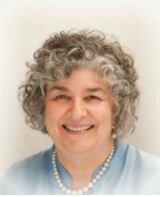
Speaker submitted biosketch
Lucy A. Vezzuto, Ph.D., a Fulbright Scholar in Education, coordinates a regional student mental health initiative for the Orange County Dept. of Education. The CalMHSA-funded Student Mental Health Initiative provides training for school staff in prevention and early identification of student mental health issues; youth social and emotional development; school climate, and stress management and mindful awareness for adults and youth. Dr. Vezzuto received stress management training at UCLA’S Mindfulness Awareness Research Center, the UC Irvine’s Samueli Center for Integrative Medicine and at Harvard Medical School’s Benson-Henry Institute for Mind-Body Medicine at Massachusetts General Hospital.
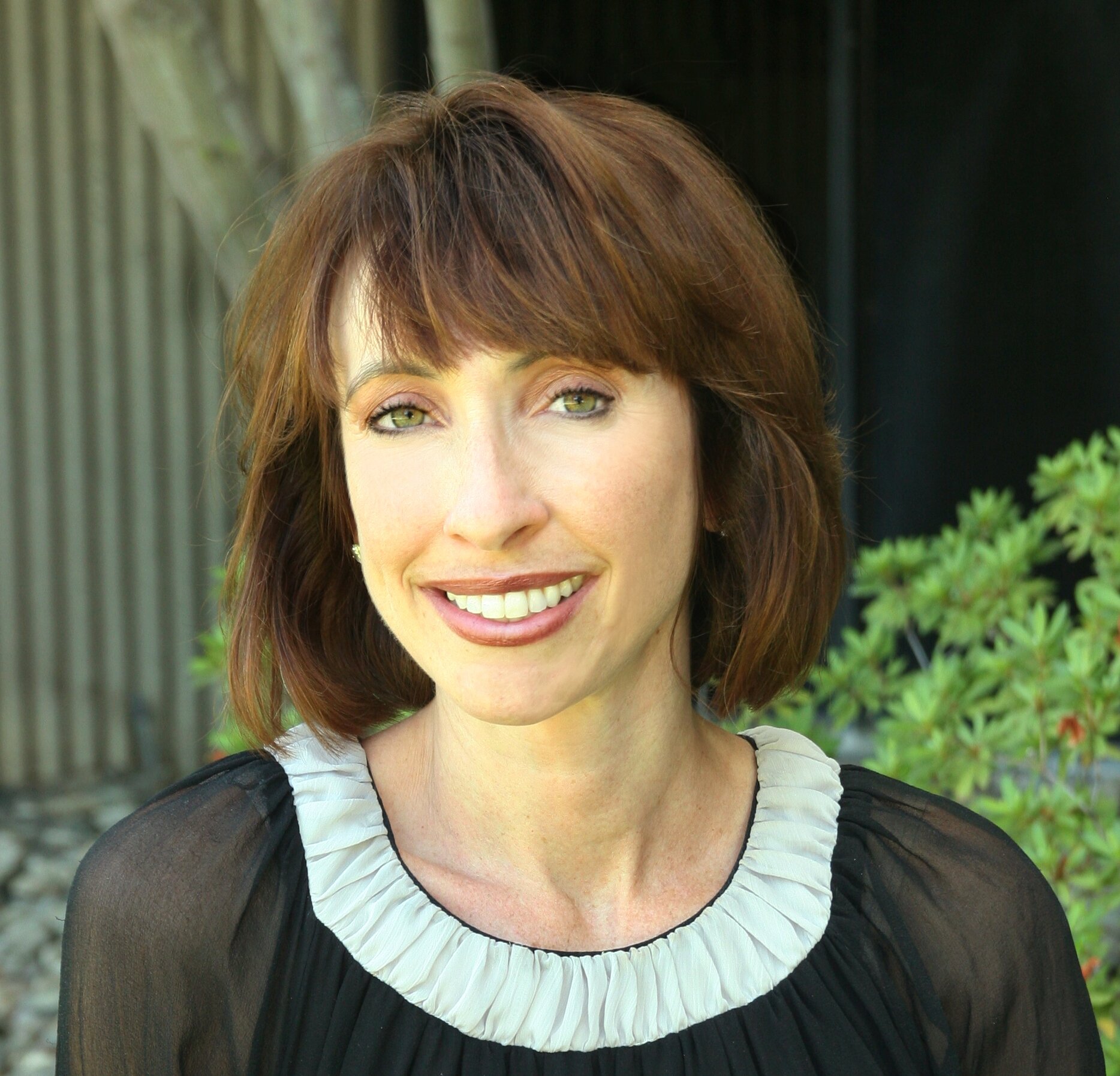
Speaker submitted biosketch
Trina Robertson is a Registered Dietitian Nutritionist at Dairy Council of California and manages program evaluation and adult print program development. She has worked to prioritize healthy eating among child and adults through behavior change resources for print and online. She also is active in social media channels. Trina has also worked with WIC and Head Start. She was proud to work with Orange County Health Care Agency to create a state-approved Rethink Your Drink tip sheet.
Presentations/Handouts
WS 1.3: Evaluation Frameworks Designed to Measure Public Health Impact
How do you measure the public health impact of a population-based effort? This session explores the use of the RE-AIM framework & a systematic methodology for quantifying intensity change based on event duration, population reach and strategy to evaluate the public health impact of 1) a large school-based nutrition program in California, 2) a local Latino health coalition in Kansas City, Kansas, and 3) policy, system, and environment change strategies for the SNAP-Ed (Supplemental Nutrition Assistance Program Education) population in California.
Please Click the Speaker names below to see their submitted biosketch.

Speaker submitted biosketch
Vicki Collie-Akers, Ph.D., M.P.H. is Associate Director of Health Promotion Research at the University of Kansas Work Group for Community Health and Development. Her research is primarily focused on applying a community-based participatory research orientation to working with communities to understand how collaborative partnerships and coalitions can improve social determinants of health and equity and reduce disparities in health outcomes. She serves as principle investigator on several projects promoting health equity in the Kansas City metropolitan area.
Andrew Larsen, Graduate Student, University of Southern California
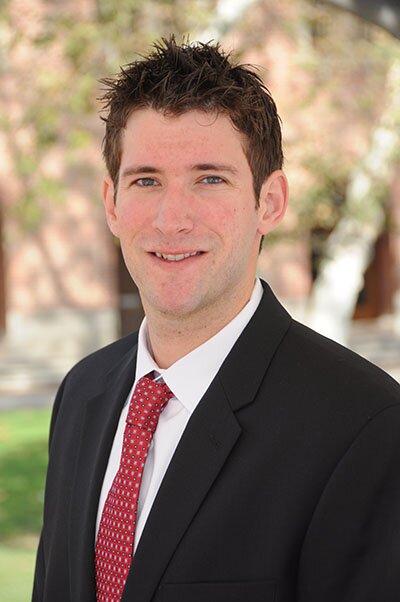
Speaker submitted biosketch
Receiving his Ph.D. in psychology from the University of Southern California, Dr. Larsen’s research focuses on motivation for the self-regulation of health behaviors. His studies span social-cognitive models of self-regulation, environmental influences of health behaviors, and relatively automatic processes of self-regulation, such as impulsivity and habits. Conducting both applied and theoretical research, Dr. Larsen utilizes a wide range of longitudinal and multivariate statistical techniques, including Structural Equation Modeling and Hierarchical Linear Modeling.
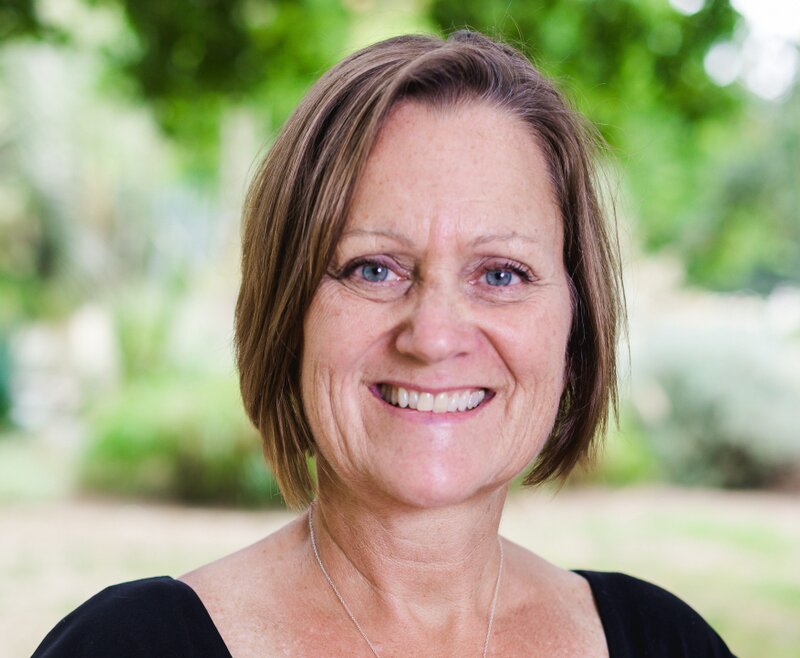
Speaker submitted biosketch
Currently at the University of California and formerly at the Public Health Institute, Lauren Whetstone evaluates obesity prevention policy, system, and environmental strategies implemented by local health departments as part of their California Department of Public Health SNAP-Ed grants. Lauren has a PhD in applied cognitive psychology from the Claremont Graduate University. She held a faculty position at East Carolina University with 18 years’ experience evaluating community and clinic-based obesity and chronic disease prevention interventions in underserved rural communities.
Moderator: May Wang, Professor, Department of Community Health Sciences, UCLA Fielding School of Public Health

Speaker submitted biosketch
Dr. May Wang is Professor of Community Health Sciences, Fielding School of Public Health, UCLA. Her research focuses on social disparities in child nutrition and the well-being of immigrant families from a global perspective, and on developing methodology for advancing obesity-related evaluation research. She is currently Principal Investigator of a five-year interdisciplinary study that is pioneering systems science methods to better understand what types of interventions are most effective in addressing child obesity within various social contexts.
Presentations/Handouts
WS 2.1: Childhood Obesity: Disparities, Costs, and Cost-Effective Solutions
The significant health and financial consequences of childhood obesity necessitate identifying groups most in need of interventions, as well as cost-effective solutions to reducing obesity in these youth. This session will present childhood obesity trends and racial/ethnic disparities data in California, the financial costs of childhood obesity, and cost-effectiveness estimates of national and state excise taxes on sugar-sweetened beverages.
Please Click the Speaker names below to see their submitted biosketch.
Patricia Crawford, Senior Director of Research, Nutrition Policy Institute, UC Division of Agriculture and Natural Resources
Speaker submitted biosketch
Pat Crawford, DrPH, RD, is the Senior Director of Research and Cooperative Extension Specialist at the Nutrition Policy Institute (NPI) at the University of California, Division of Agriculture and Natural Resources. Prior to her position at NPI, she co-founded and directed the Center for Weight and Health at the University of California at Berkeley for 15 years. She is also an Adjunct Professor in the School of Public Health at UC Berkeley. Dr. Crawford studies ways in which nutrition programs and policies can improve children's dietary intake and reduce obesity. Dr. Crawford served on the California Legislative Task Force on Diabetes and Obesity and is an expert advisor for the Let’s Get Healthy California Task Force. She chaired the Institute of Medicine’s Workshop on Food Insecurity and Obesity and served on the IOM’s Committee on WIC Research, the Committee on Accelerating Progress on Obesity Prevention, and the IOM’s Standing Committee on Childhood Obesity Prevention.
Jennifer Falbe, Postdoctoral Research Fellow, University of California, School of Public Health

Speaker submitted biosketch
Jennifer Falbe is a postdoctoral research fellow at UC Berkeley’s School of Public Health. Her research focuses on identifying modifiable determinants of childhood obesity and developing and testing programmatic, policy, and environmental interventions to prevent excess weight gain. She has led studies examining primary-care interventions to address obesity among disadvantaged youth and evaluation efforts for a multi-site, multi-sector community intervention to reduce childhood obesity. Dr. Falbe is currently leading a study to evaluate the impact of a local ordinance to tax sugar-sweetened beverages.
Michael Long, Postdoctoral Research Fellow, Department of Social and Behavioral Sciences, Harvard T.H. Chan School of Public Health
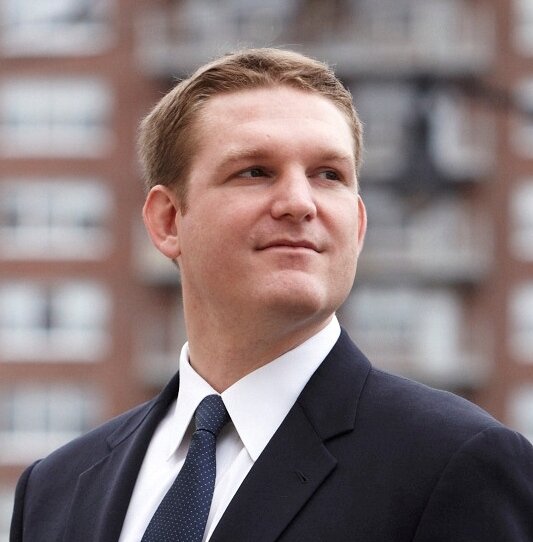
Speaker submitted biosketch
Michael Long is a Postdoctoral Research Fellow in the Department of Social and Behavioral Sciences and works at the Harvard School of Public Health Prevention Research Center. Dr. Long works at the intersection of obesity epidemiology and quantitative policy analysis, with the goal of identifying policy solutions to the obesity epidemic. He has evaluated a range of nutrition policy issues, including state competitive food policies in schools, the federal WIC package change, and potential cost-effectiveness of sugar-sweetened beverage excise taxes. He completed his doctorate at Harvard and his MPH from the Yale School of Public Health.
Moderator: John Talarico, Branch Chief, Nutrition Education and Obesity Prevention Branch, California Department of Public Health
Presentations/Handouts
WS 4.1: Cost-Effectiveness of Nutrition and Physical Activity Interventions: What’s the Return on Investment?
As multiple stakeholders contemplate implementing interventions to reduce childhood obesity, it is critical that we understand which interventions provide the greatest return on investment. This session will describe assumptions made in cost-effectiveness research, provide specific examples (including cost-effectiveness of physical education, childcare policies, soda taxes, and a multi-faceted community-based intervention), and discuss challenges to comparing effectiveness of various interventions.
Please Click the Speaker names below to see their submitted biosketch.
Speaker submitted biosketch
Edward Coffield, PhD, is an Assistant Professor of Health Professions at Hofstra University. Prior to Hofstra University, Edward was a Prevention Effectiveness Fellow with the School Health Branch of the Centers for Disease Control and Prevention. His primary research consists of evaluating the effectiveness, costs, and benefits of physical activity and nutrition related interventions.
Michael Long, Postdoctoral Research Fellow, Department of Social and Behavioral Sciences, Harvard T.H. Chan School of Public Health
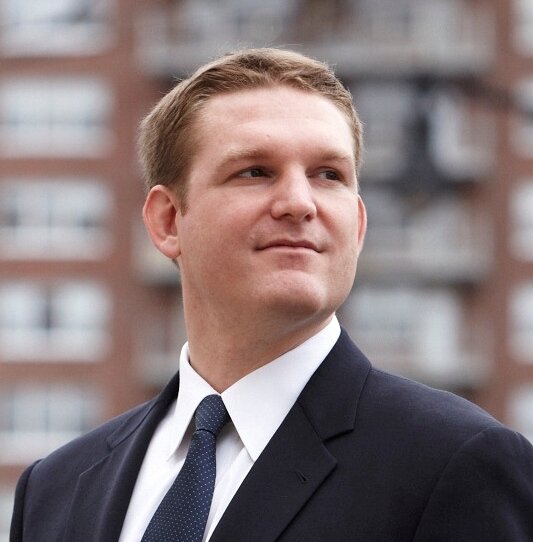
Speaker submitted biosketch
Michael Long is a Postdoctoral Research Fellow in the Department of Social and Behavioral Sciences and works at the Harvard School of Public Health Prevention Research Center. Dr. Long works at the intersection of obesity epidemiology and quantitative policy analysis, with the goal of identifying policy solutions to the obesity epidemic. He has evaluated a range of nutrition policy issues, including state competitive food policies in schools, the federal WIC package change, and potential cost-effectiveness of sugar-sweetened beverage excise taxes. He completed his doctorate at Harvard and his MPH from the Yale School of Public Health.
Moderator: Kristine Madsen, Associate Professor, Joint Medical Program & Public Health Nutrition, UC Berkeley, School of Public Health
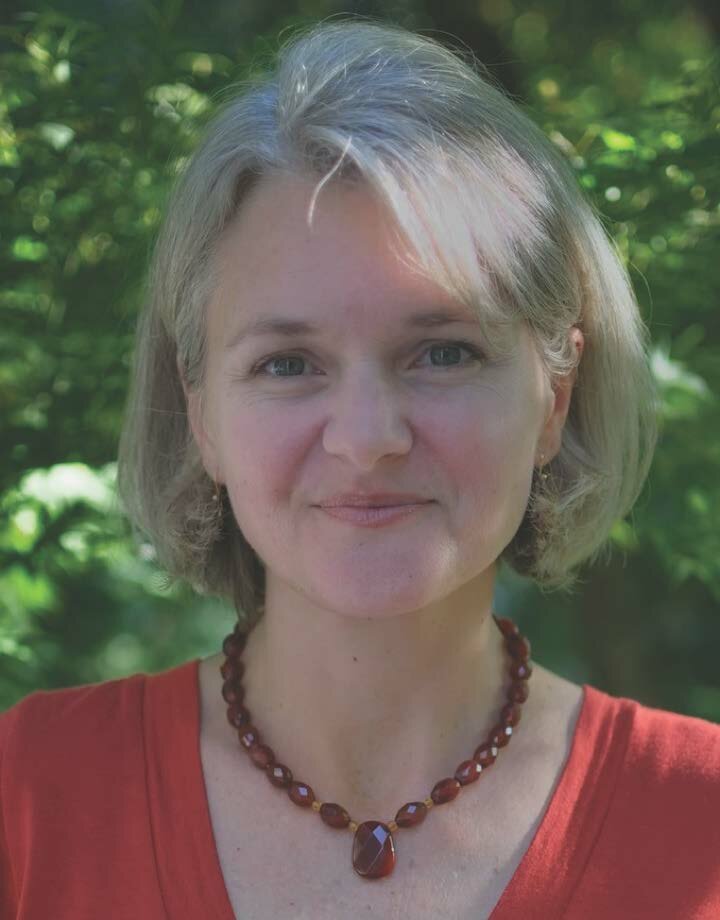
Speaker submitted biosketch
Dr. Kristine Madsen, an Associate Professor at UC Berkeley’s School of Public Health, is a pediatrician and research scientist studying pediatric obesity and health inequalities. With funding from the NIH, the American Heart Association, and the Robert Wood Johnson Foundation, she works to identify policies and programs that will improve youths’ nutrition and physical-activity environments. Research topics range from the impact of soda taxes on sugar-sweetened beverage consumption to the use of technology to increase participation in school lunch programs.
Presentations/Handouts
Back to Top
Built Environment, Land Use and Transportation
Mini-Plenary: MP 1.4: It Can Be Done: Successful Community Engagement Models to Maximize Collective Impact
This session will focus on stories and results from three vibrant California communities that have employed unique strategies incorporating community engagement, non-traditional partnerships, and a comprehensive approach to move beyond collaboration and achieve collective impact. Join us to hear seasoned professionals from the Central Valley, Inland Empire, and our host county of San Diego discuss their innovative strategies to reduce obesity and promote their policy and environmental change strategies (PSE). Whether by engaging with Resident Leadership Academies, working with local elected officials, incorporating a Health in All Policies approach, or focusing on specific built environment projects, these communities are beginning to make an impact in preventing obesity.
Please Click the Speaker names below to see their submitted biosketch.
Speaker submitted biosketch
Erika Lewis-Huntley is a Management Analyst III in the City Manager’s Office for the City of Rancho Cucamonga. She is the Director of the City’s comprehensive Healthy RC initiative. Erika has led and implemented a wide variety of policies to enhance community health by increasing the availability of healthy and affordable food, creating more opportunities for physical activity, and encouraging development of walkable communities for children and families.
Lourdes Perez, Program Coordinator, Stanislaus County CCROPP, Center for Human Services - Ceres Partnership for Healthy Children

Speaker submitted biosketch
Lourdes Perez is the Program Coordinator at the Center for Human Services- Ceres Partnership for Healthy Children. She has worked for the Center for Human Services for seven years. In her position as Program Coordinator she works with the Central California Regional Obesity Prevention Program to help create a healthier community that supports healthy eating and active living through increasing access to healthy food and beverages and improving opportunities for physical activity. She received a Bachelors of Science in Business Administration from California State University Stanislaus. As a program coordinator for a child health agency her commitment to student academic achievement and social well-being has carried forth to the school board serving as a Trustee for the Ceres Unified School District for the last six years.
Carey Riccitelli, Community Health Program Manager, County of San Diego Health and Human Services Agency
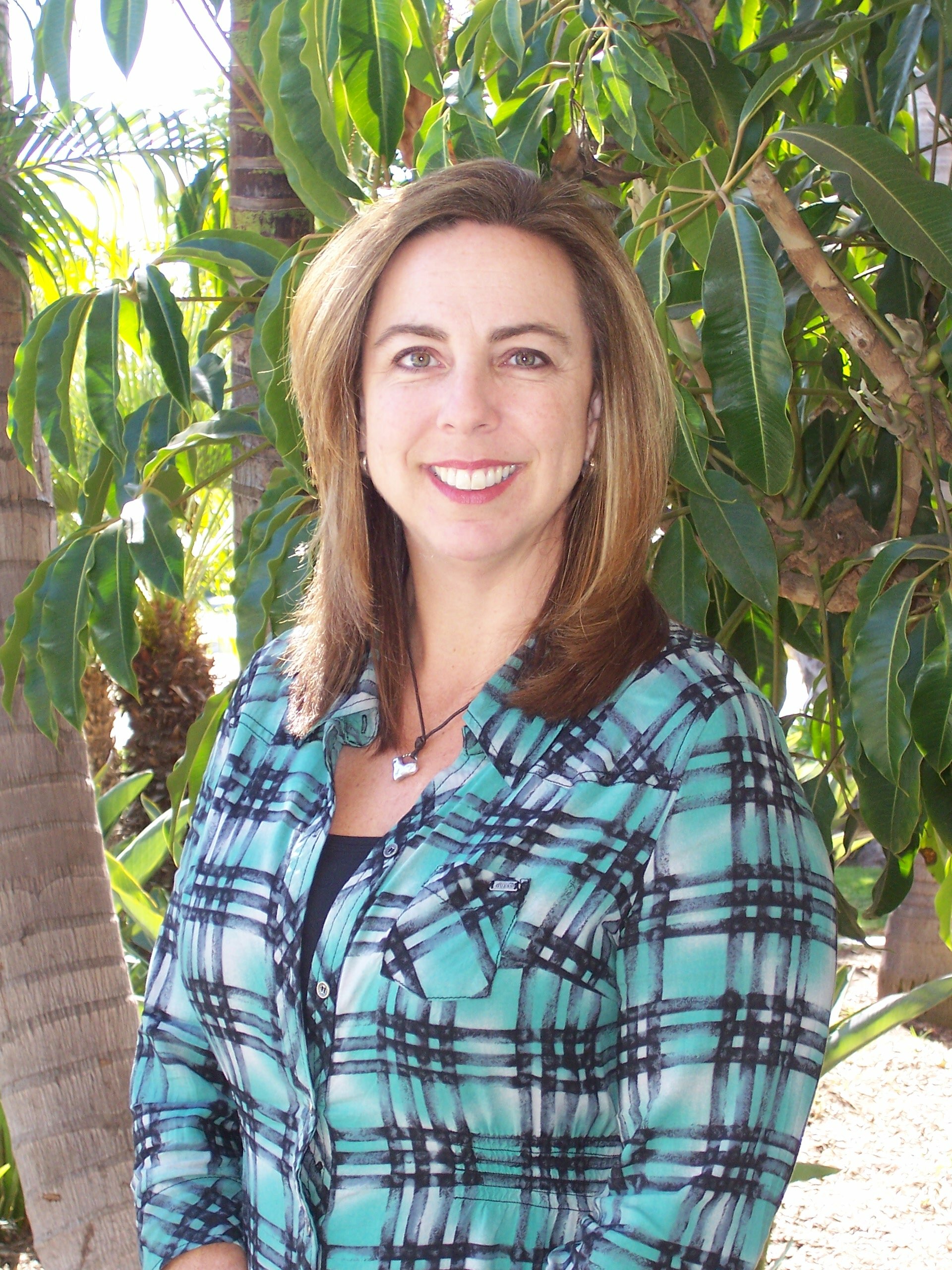
Speaker submitted biosketch
Carey Riccitelli is a Community Health Program Manager with the County of San Diego’s Health and Human Services Agency. She has a Bachelors in psychology and a Masters in Public Health, with an emphasis in community health, both from San Diego State University. She has been with the County for over 20 years, serving as project manager for programs focusing on community outreach and engagement. Carey manages a community team that addresses health, safety and wellness issues for the diverse region of North San Diego County, which includes urban cities, rural communities, tribal nations and the Marine Corp’s Camp Pendleton.
.jpg)
Speaker submitted biosketch
Lynn Parker is a Scholar at the Institute of Medicine (IOM) and directs its work on obesity. She is the Director of the IOM’s Roundtable on Obesity Solutions and was the Director of its Standing Committee on Childhood Obesity Prevention. In addition, she acted as the IOM point person on the development of the Emmy-nominated HBO/IOM Weight of the Nation documentary series and was the study director for the IOM’s reports on Accelerating Progress in Obesity Prevention: Solving the Weight of the Nation (2012), Early Childhood Obesity Prevention Policies (2011), Bridging the Evidence Gap in Obesity Prevention: A Framework to Inform Decision Making (2010), and Local Government Actions to Prevent Childhood Obesity (2009). Ms. Parker is the 2012 recipient of the IOM’s Cecil Research Award. Before joining the IOM, she was the Director of Child Nutrition Programs and Nutrition Policy at the Food Research and Action Center (FRAC), an organization working to end hunger and under nutrition in the United States. Ms. Parker served as president of the Society for Nutrition Education and is the 2006 recipient of the Mary C. Egan Award from the American Public Health Association. Previously, Ms. Parker was as an Extension Associate with New York State’s Expanded Food and Nutrition Education Program at Cornell University. She received her B.A. in anthropology at the University of Michigan and an M.S. in human nutrition from Cornell University.
Presentations/Handouts
WS 1.6: A Cross-Sectorial Approach for Designing and Fostering Healthy, Safe Communities
The places where people live, work, play, pray and learn are critical in community health and can significantly impact healthy eating, active living and safety. This session will connect community design principles to health and identify tools to develop cross-sectorial partnerships. Communities will be highlighted that have successfully integrated strategies to increase neighborhood health and safety.
Please Click the Speaker names below to see their submitted biosketch.

Speaker submitted biosketch
Shaunda currently oversees the South Sacramento Healthy Eating Active Living Initiative (HEAL Zone) project funded by Kaiser Permanente. She leads a multi-sectorial coalition of residents, business, community and faith based partners in efforts to create a culture of change that increases access to healthy food, physical activity, safe streets and educational opportunities. Prior to her current position, Shaunda was a Community Organizer with Sacramento ACT and lead their violence prevention work. Shaunda has also served as a board member of the Sacramento Safe Community Partnership, the governing body of Sacramento’s Ceasefire gang and gun violence reduction initiative.

Speaker submitted biosketch
Maureen Silva works to expand health initiatives that build momentum and community capacity to support healthy eating and physical activity. Maureen provides national consultations through the CDC’s Community Transformation Grants (CTG), and is a trainer for Prevention is Primary series for the Health Exchange Academy. Prior to joining Prevention Institute, Maureen worked as a Community Nutrition Educator with the University of California Cooperative Extension in Contra Costa County. Maureen acquired her Masters’ degree in Public Health from San Jose State University, and received her bachelor’s degree from California State University Chico.
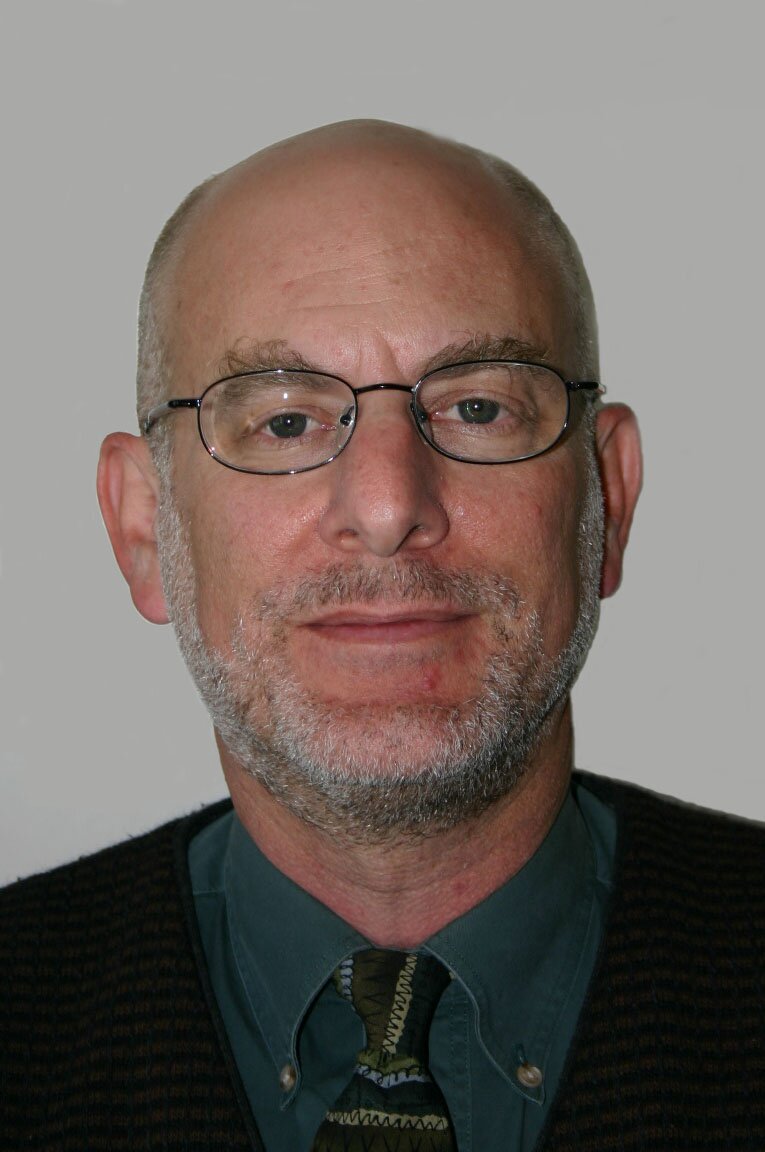
Speaker submitted biosketch
Paul Zykofsky directs the Local Government Commission’s programs related to community design and health, and the built environment. During the past 20 years he has worked with over 250 communities to improve conditions for infill development, walking, bicycling and transit, facilitating participatory design charrettes in over 50 communities. Zykofsky is certified to facilitate workshops on Walkable Communities, Safe Routes to School, Complete Streets, and pedestrian safety. He was born and raised in Mexico and is fluent in Spanish.
Moderator: Karen Ben-Moshe, Senior Program Associate, Public Health Institute

Speaker submitted biosketch
Karen Ben-Moshe, MPP, MPH, is a Senior Program Associate at the Public Health Institute. She supports the California Health in All Policies Task Force at the California Department of Public Health, overseeing Task Force community safety through violence prevention and farm-to-fork activities. She has work at the Planned Parenthood Federation of America, La Clinica de La Raza, UC Berkeley Center for Health Leadership, and Children Now. Ms. Ben-Moshe received her MPH/MPP from UC, Berkley and her BA from Wesleyan University.
Presentations/Handouts
WS 3.6: Shared Use: New Evidence and New Frontiers
Communities across the country are seeking safe, accessible, and affordable places to exercise and play, and shared use is a promising strategy to achieve this goal. This session will introduce new frontiers in shared use, identify policies and initiatives that are ripe for evaluation and replication, and provide practical tools and success stories to help make shared use a reality.
Please Click the Speaker names below to see their submitted biosketch.
John Bilderback, Step ONE Program Manager, Chattanooga-Hamilton County Health Department

Speaker submitted biosketch
John Bilderback is the Program Manager for Step ONE (Optimize with Nutrition and Exercise) in Hamilton County, Tennessee. He also serves on the Tennessee Obesity Taskforce, the Tennessee Grocery Access Taskforce, the Chattanooga Neighborhood Enterprise Board of Directors, the Chattanooga Area Transportation Authority Board of Directors, and the Chattanooga YMCA’s Pioneering Healthier Communities team. John has played a major role in the creation of the Partnership for Healthy Living and is the project director for Grow Healthy Together Chattanooga. John holds a Master’s in Clinical Exercise Physiology from the University of Tennessee, Chattanooga.

Speaker submitted biosketch
Ellie Gladstone is a Staff Attorney at ChangeLab Solutions, where she works on creating policy-based strategies to increase opportunities for healthy eating and active living. Much of Ellie’s work focuses on shared use and engaging faith-based oragnizations in community health and wellness efforts. She regularly provides training and technical assistance to state and local governments, community-based organizations, and public health advocates. Before becoming an attorney, Ellie worked as an epidemiologist, focusing on child health and development. Ellie graduated from the University of Texas, Austin, and holds a JD from UC Davis and an MPH (Epidemiology & Biostatistics) from UC Berkeley.
Gia Rutledge, Behavioral Scientist, Division of Nutrition, Physical Activity and Obesity, Center for Disease Control and Prevention

Speaker submitted biosketch
Gia Rutledge has served as a Behavioral Scientist within the National Center for Chronic Disease Prevention and Health Promotion, Division of Nutrition, Physical Activity, and Obesity, Program Development and Evaluation Branch since 2009. She received her master of public health in community health practice form the University of Arizona and her bachelors of science in biology from the University of California at San Diego. She currently serves on the Evaluation team providing guidance and technical assistance to states funded by DNPAO on evaluation; she also provides evaluation expertise on special projects, contracts and workgroups across the division.
Benjamin Winig, Senior Staff Attorney and Program Director, ChangeLab Solutions
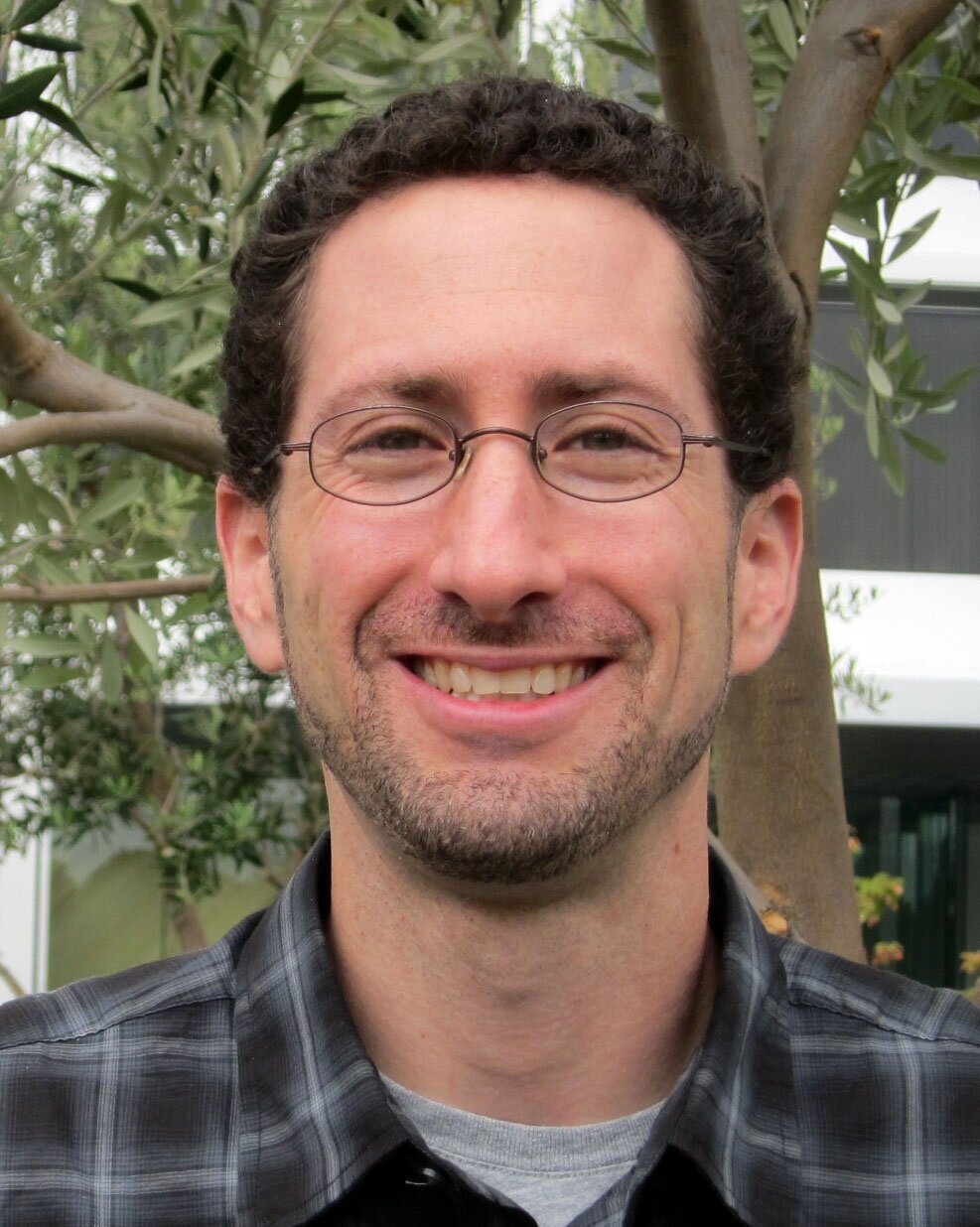
Speaker submitted biosketch
Ben Winig is a Senior Staff Attorney and Program Director at ChangeLab Solutions. He works at the intersection of the built environment and health. Ben regularly advises elected officials, public agency staff, and community-based organizations on a variety of active living and healthy planning strategies. He is a skilled trainer and facilitator, and has been a featured speaker at numerous conferences. Previously, Ben practiced municipal law at a private law firm in California. Ben received his law degree and master’s in public affairs from the University of Wisconsin – Madison, and his bachelor’s degree, with distinction, from the University of Michigan.
Moderator: Rosanne Farris, Branch Chief, Centers for Disease Control and Prevention

Speaker submitted biosketch
Dr Rosanne Farris is currently the Program Development and Evaluation Branch Chief in the Division of Nutrition, Physical Activity and Obesity at the Centers for Disease Control and Prevention, National Center for Chronic Disease Prevention and Health Promotion in Atlanta. This Branch leads the State Public Health Actions to Prevent and Control Diabetes, Heart Disease, Obesity and Associated Risk Factors and Promote School Health in 50 funded state health departments and the District of Columbia, as well as the Programs to Reduce Obesity in High Obesity Areas in 6 Land Grant Universities and Cooperative Extension Programs working with communities in their state with obesity rates greater than 40%.Dr Farris is the lead for 2 teams in this branch. They include a Program Advancement Team that manages the grantee cooperative agreement and implements project officer training, technical assistance , operations and management and program monitoring for performance assessment and risk mitigation. A second team that Dr. Farris directs is devoted to science translation and resource development. Finally, an evaluation team is guided by Dr Farris to conduct program evaluation, evaluation research, monitoring for accountability and evaluation technical assistance for local evaluation capacity building. Dr Farris’ major duties include serving as a national and internationally recognized expert in the areas of obesity prevention programs. She provides program vision and provides expert guidance related to program direction to state, local, national agencies, universities, health organizations, private non-profit organizations and other public health partners. Dr Farris serves as a consultant in the development of program interventions and initiatives and design of applied research and evaluation studies in the areas of nutrition, physical activity and obesity prevention. She represents the division, and the agency in meetings with key leaders and officials in federal, state agencies.
Presentations/Handouts
WS 4.6: The First National Study of Neighborhood Parks: Implications for Increasing Physical Activity at the Population Level
This session will review the results of the first National Study of Neighborhood Parks, which assessed park use and park policies across 25 US Cities and 174 neighborhood parks. The findings identify specific policies, practices and facilities that enhance park use and park-based moderate-to-vigorous physical activity and demonstrate that parks are currently largely underutilized, especially in low-income neighborhoods.
Please Click the Speaker names below to see their submitted biosketch.
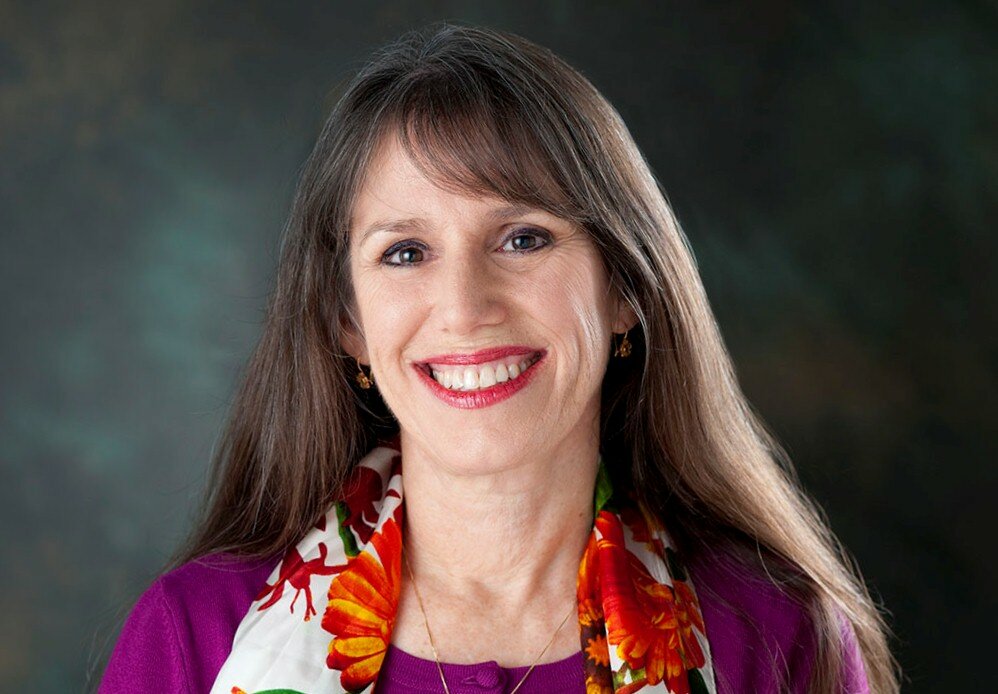
Speaker submitted biosketch
Deborah A. Cohen is a Senior Scientist at the RAND Corporation and the author of the new book, "A Big Fat Crisis-- the Hidden Forced Behind the Obesity Epidemic-- and How We Can End It." She is the principal investigator on several public health research studies focusing on the impact of the built environment on health, with a strong focus on parks and physical activity and the impact of retail outlets on diet. She is also the co-author of the book, "Prescription for a Healthy Nation-- A new approach to improving our health by fixing out everyday world."

Speaker submitted biosketch
Bing Han is a Statistician at the RAND Corporation and has worked over the past 5 years on studying parks and park based physical activity, developing innovative methods to assess the contribution of parks to health.
Speaker submitted biosketch
Thom McKenzie. is Professor Emeritus, School of Exercise and Nutritional Sciences at San Diego State University and former Adjunct Professor of Pediatrics, University of California, San Diego. He has been a major investigator on numerous multidisciplinary research projects funded by NIH (SCAN, CATCH, SPARK, M-SPAN, TAAG, and Obesity Prevention in Latino Communities), and has authored or co-authored over 150 papers. He is a physical activity and sports behavior analyst and has designed and tested numerous observation instruments including SOPLAY, SOFIT, and BEACHES. He has supervised the training of data collectors for multiple studies nationally and internationally that employ SOPARC.
Moderator: Jim Sallis, Distinguished Professor of Family Medicine and Public Health, University of California, San Diego

Speaker submitted biosketch
James F. Sallis, Ph.D is Distinguished Professor of Family Medicine and Public Health at University of California, San Diego and Director of Active Living Research, a program of the Robert Wood Johnson Foundation. His research interests are promoting physical activity and understanding policy and environmental influences on physical activity, nutrition, and obesity. He has authored 600 scientific publications and is one of the world’s most cited authors in the social sciences. Time Magazine identified him as an “obesity warrior." http://sallis.ucsd.edu/
Presentations/Handouts
Back to Top
Community Nutrition and Physical Activity
Mini-Plenary: MP 2.4: The Successful Impact of Cross System Collaborations in the Retail Environment
An estimated 30 million Americans live in urban neighborhoods and rural towns where they cannot buy healthy food to feed their families. Neighborhoods that lack healthy food access typically also have a host of other socio-economic problems which are rooted in historical and institutional policies and practices that have led to great disparity. This session will highlight efforts not only to increase access and improve community health but also help to create jobs, support local food systems, and help improve communities in other ways.
Please Click the Speaker names below to see their submitted biosketch.
Jessica Estrada, Program Coordinator and Community Engagement Coordinator, Tenderloin Healthy Corner Store Coalition and HealthyRetailSF Program

Speaker submitted biosketch
Jessica Estrada is the Program Coordinator of the Tenderloin Healthy Corner Store Coalition (TLHCSC) and Community Engagement Coordinator of the HealthyRetailSF Program in San Francisco. HealthyRetailSF is a partnership between the Office of Economic Workforce Development and the SF Department of Public Health. Jessica graduated from the University of California, Davis and has worked for the Yolo County Health Department in tobacco prevention. Jessica has since then returned to her hometown of SF to work in the tough Tenderloin neighborhood, working with youth leaders to help form TLHCSC in 2012, as well as coordinate resident Food Justice Leaders and help implement the new city-wide HealthyRetailSF program. She has unique experience working with youth, adult residents, store owners, and in community organizing and public health advocacy.
Danielle Ronshausen, Health Information Specialist II, County of Sonoma, Department of Health Services

Speaker submitted biosketch
Danielle Ronshausen, MPH, is the Healthy Eating, Active Living (HEAL) Coordinator and the CX3 and Youth Engagement Coordinator for SNAP-Ed at the Sonoma County Department of Health Services. Her work includes coordinating the planning, implementation, and evaluation of the following projects: the Sonoma County Healthy Retail Project; the HEAL and CX3 ACTION Leadership Programs; and youth engagement projects related to reducing the availability and appeal of sugary drinks among youth. Danielle earned her Bachelor’s Degree in Women’s and Gender Studies from Sonoma State University, with a Minor in Women’s Health, and her Master’s of Public Health from Walden University.
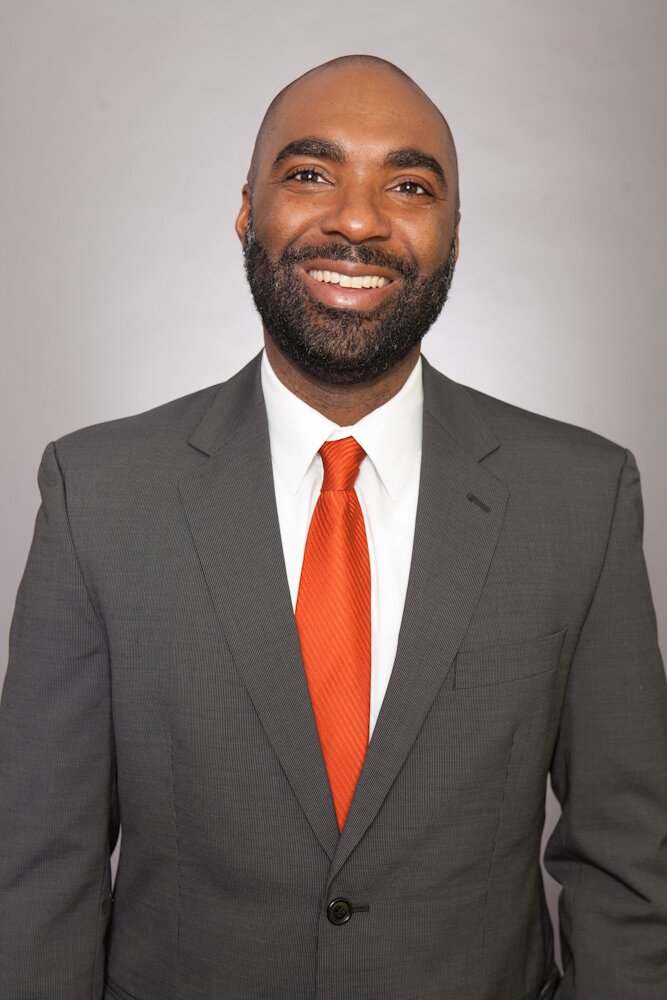
Speaker submitted biosketch
Dwayne Wharton serves as the Director of External Affairs for The Food Trust, a non-profit organization with a mission to ensure that everyone has access to affordable, nutritious food. In this role he supports the organization's policy and advocacy efforts, local and national partnerships, and more. Dwayne has held leadership positions in several highly-regarded non-profit organizations, is a former Peace Corps volunteer, coaches youth soccer, serves on the board of Philanthropy Network of Greater Philadelphia, the Philadelphia Food Policy Advisory Council and Bryn Mawr College’s Non-Profit Executive Leadership Institute.
Moderator: Jackie Richardson, Health Program Manager, California Department of Public Health

Speaker submitted biosketch
Jackie Richardson is currently a Health Program Manager with the California Department of Public Health's Nutrition Education and Obesity Prevention Branch. She works with nutrition education programs that support improved access to healthy foods and beverages and physical activity though partnerships and programs that drive policy, systems and environmental changes.
Presentations/Handouts
Mini-Plenary: MP 3.2: Warning Labels on Sugary Drinks: Promoting Informed Choices
The session will discuss a safety warning policy on sugar sweetened beverages to inform consumers of the harmful health impact upon consumption of these products. The policy strategy has great potential to change social norms around SSBs to reduce the prevalence of youth and adult obesity and diabetes. Presenters will share their experience in developing SB 1000 and the lessons learned from the California campaign to provide a foundation for subsequent efforts in California and across the country.
Please Click the Speaker names below to see their submitted biosketch.
Harold Goldstein, Executive Director, California Center for Public Health Advocacy
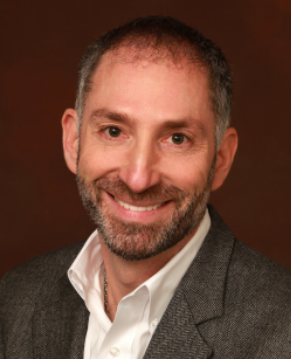
Speaker submitted biosketch
Harold Goldstein, DrPH, is the Executive Director of the California Center for Public Health Advocacy, founded in 1999. CCPHA is a nationally recognized leader in advocating for public policies to address the social, economic, and community conditions that perpetuate the obesity and diabetes epidemics. CCPHA has lead groundbreaking statewide campaigns including the removal of soda and junk foods from schools and establishing the nation’s first state menu labeling law. Harold has a Bachelors degree in physiology from UC Berkeley and both Masters and Doctorate degrees in public health from UCLA.
Ian McLaughlin, Senior Staff Attorney and Program Director, ChangeLab Solutions
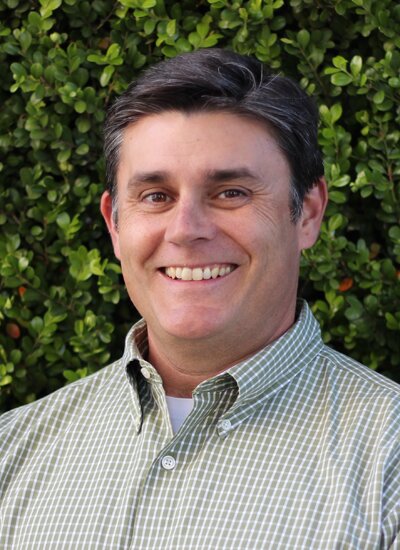
Speaker submitted biosketch
Ian McLaughlin is a senior staff attorney and program director with ChangeLab Solutions, and his work focuses on creating healthy retail environments, public financing, and municipal code enforcement. Ian sits on the Park, Recreation and Open Space Commission in Walnut Creek, California, and also serves as a municipal administrative hearing officer for the City of Petaluma, California. Prior to joining ChangeLab Solutions, Ian practiced municipal law with a private law firm. He has also served as legislative counsel to the Hawaii State Senate and the National Legislature of the Republic of Palau. Ian graduated from UC Berkeley School of Law.
Xavier Morales, Executive Director, Latino Coalition for a Healthy California
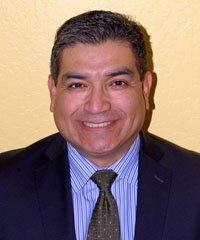
Speaker submitted biosketch
Xavier, executive director for the Latino Coalition for a Healthy California, is a longtime advocate for health equity and environmental justice. He and his colleagues at LCHC work to increase stakeholder awareness and community consciousness of how social and environmental factors determine health. In addition to his work on shifting consumption away from unhealthy SSB's, he also works to enable opportunities for youth development, workforce development, college access, prisoner reentry supports, early childhood development, and affordable housing. Dr. Morales, originally from Sanger, California, studied environmental sciences at the University of California, Berkeley and city and regional planning at Cornell University.
Moderator: Patricia Crawford, Senior Director of Research, Nutrition Policy Institute, UC Division of Agriculture and Natural Resources
Speaker submitted biosketch
Pat Crawford, DrPH, RD, is the Senior Director of Research and Cooperative Extension Specialist at the Nutrition Policy Institute (NPI) at the University of California, Division of Agriculture and Natural Resources. Prior to her position at NPI, she co-founded and directed the Center for Weight and Health at the University of California at Berkeley for 15 years. She is also an Adjunct Professor in the School of Public Health at UC Berkeley. Dr. Crawford studies ways in which nutrition programs and policies can improve children's dietary intake and reduce obesity. Dr. Crawford served on the California Legislative Task Force on Diabetes and Obesity and is an expert advisor for the Let’s Get Healthy California Task Force. She chaired the Institute of Medicine’s Workshop on Food Insecurity and Obesity and served on the IOM’s Committee on WIC Research, the Committee on Accelerating Progress on Obesity Prevention, and the IOM’s Standing Committee on Childhood Obesity Prevention.
WS 1.7: Latino Community Engagement and Obesity Prevention: The Promotores Model
This session will highlight the successes and challenges of long-term, community-based participatory research targeting rural and urban Mexican-origin children to address childhood obesity. Learn how collaborations with promatoras (Community Health workers) in California and Texas are working to build trust, deliver culturally-appropriate messages and programs, and engage Mexican Origin families in community nutrition and physical activity interventions to prevent childhood obesity. Effective strategies and lessons learned to address Latino childhood obesity at the local, state, and national levels will be shared.
Please Click the Speaker names below to see their submitted biosketch.
Gail Frank, Professor, California State University, Long Beach
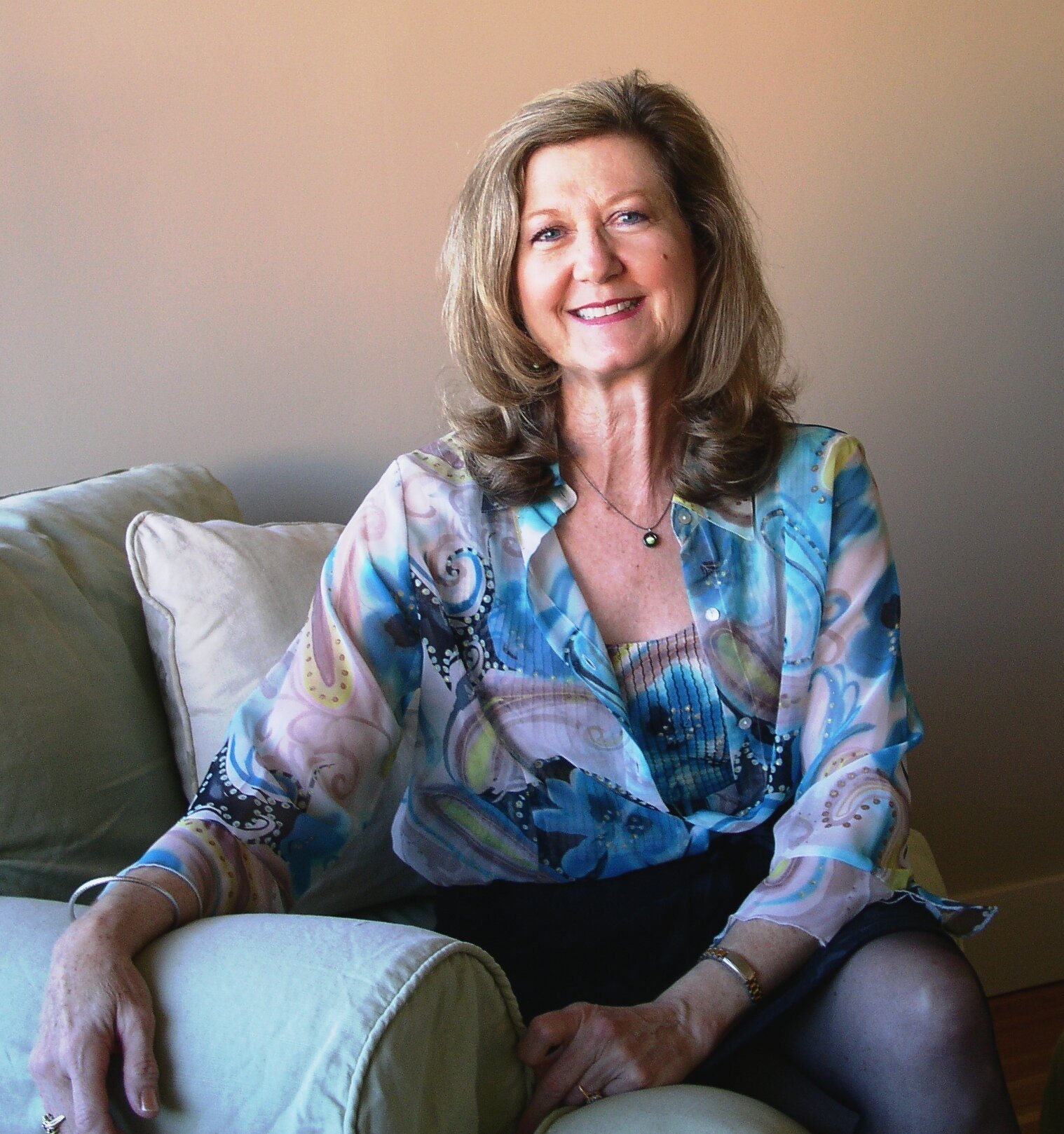
Speaker submitted biosketch
Gail C. Frank, DrPH, MPH, RD, CHES, is a Professor of Nutrition at California State University Long Beach and Co-Principal Investigator for the Sanos y Fuertes: Healthy & Strong Childhood Obesity Project. Her research focuses on nutrition, health education and epidemiological research. Earlier she led the Bogalusa Heart Study (1972-1986), Studies of Children and Nutrition in San Diego (1989-1996), and The Women’s Health Initiative Clinical Center at University of California Irvine (1995-2005). She directs an accredited dietetic internship, graduating over 300 young professionals with a 98% pass rate on the national RD exam.
Rosa Manzo, Postdoctoral Researcher, University of California at Davis
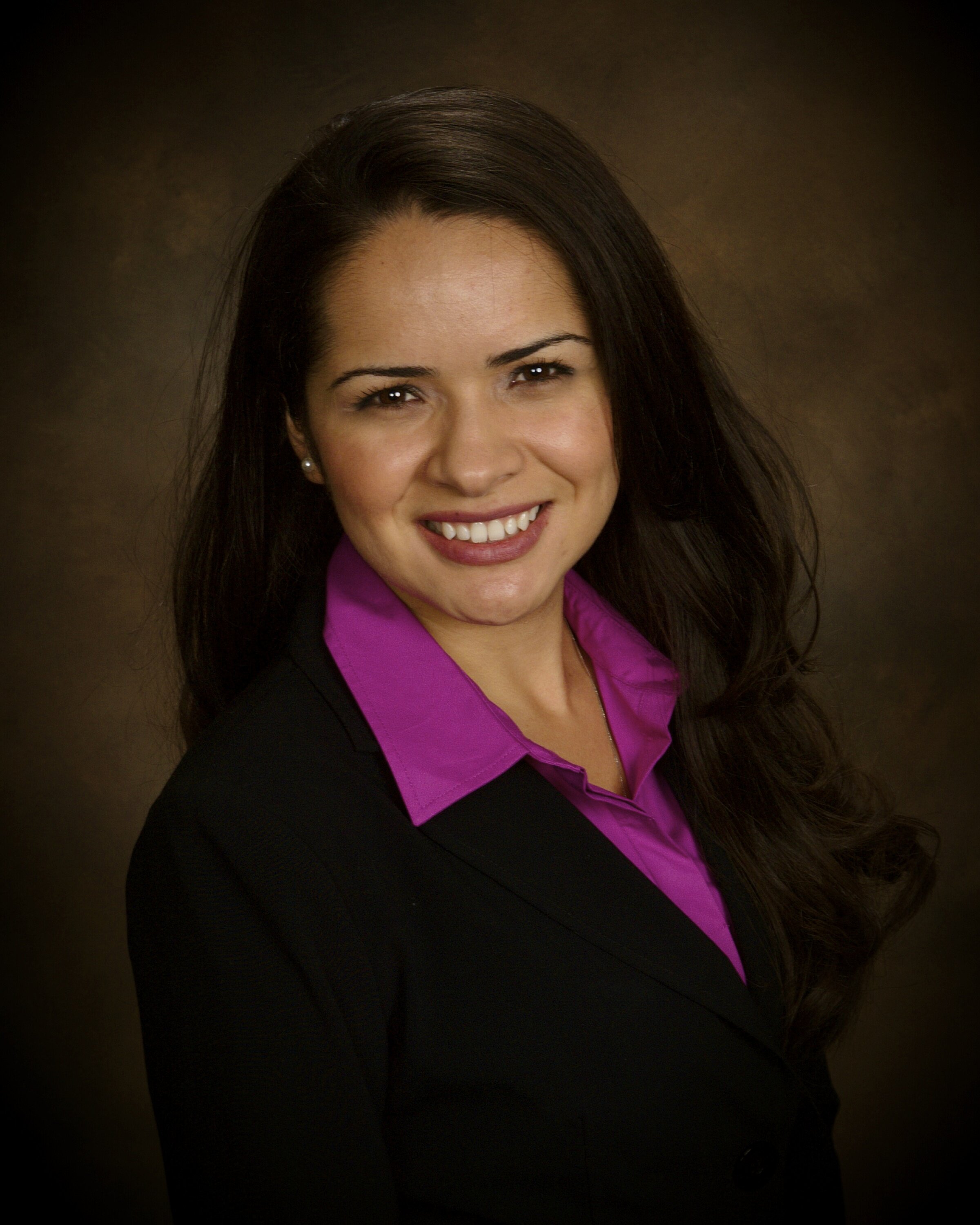
Speaker submitted biosketch
Rosa D. Manzo is a Postdoctoral Scholar for the Center for Transnational Health. She received her Ph.D. in Education with an emphasis on School Organization and Educational Policy from the School of Education at the University of California, Davis. Her research interests include rural education, Latino/a Health Disparities, Latino/as in Education and Policy, Health and Education Intersections, and Community-Based Participatory Action Research. For the past four years, she has been working closely with parents and community members participating in a Childhood Obesity Prevention study to establish a community-school partnership in a farmworker community in the Central Valley.

Speaker submitted biosketch
Joseph R. Sharkey, Ph.D., M.P.H., R.D. is a Professor in the Texas A&M School of Public Health in College Station, Texas; Director of two CDC-funded network collaborating centers; and Founding Director of the Program for Research and Outreach-Engagement on Nutrition and Health in Underserved Communities. He received his Masters of Public Health and Doctoral degrees from the Department of Nutrition at UNC-Chapel Hill School of Public Health. Dr. Sharkey is currently Principal Investigator on several interdisciplinary research and outreach programs that examine complex, place-based factors that may either enable or constrain underserved families from achieving and maintaining good nutritional health.
Moderator: Lucia Kaiser, Nutrition Specialist, University of California at Davis

Speaker submitted biosketch
Dr. Lucia Kaiser is a Cooperative Extension Nutrition Specialist in the Department of Nutrition at UC Davis. She has a doctorate in Nutrition from UC Davis and is a registered dietitian. She provides training, research updates, nutrition education resources, and evaluation tools that can help those working in the community support Americans in adopting healthy lifestyles and improving the food environment. Dr. Lucia Kaiser’s research interests include examining the impact of acculturation and food insecurity on nutrition in Mexican-origin populations; development and evaluation of nutrition education programs; and prevention of obesity and diabetes.
Presentations/Handouts
WS 2.4: Supporting and Promoting Breastfeeding: Obesity Prevention Begins at Birth
This presentation will provide an overview of the types of partnerships formed at the national, state, and local level that are necessary to have a collective impact on creating environments and systems that are conducive for providing breastfeeding support at the community level. In addition, providing participants examples of how to implement lactation accommodation policies for cities will be shared.
Please Click the Speaker names below to see their submitted biosketch.
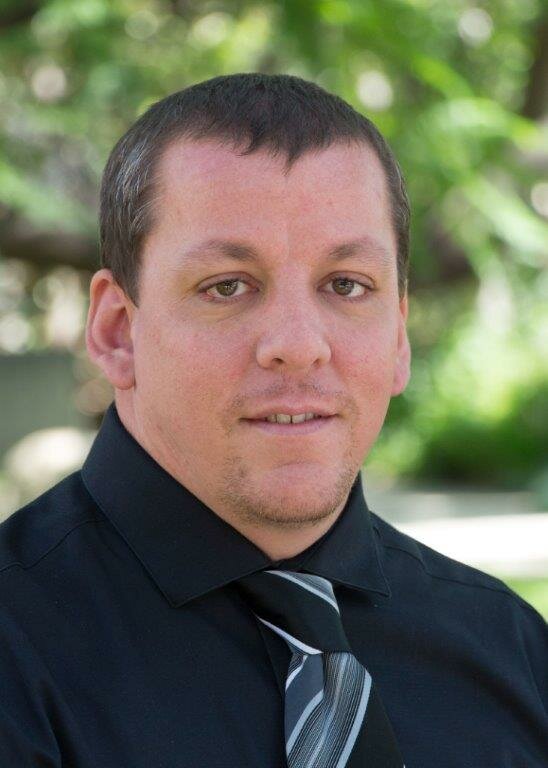
Speaker submitted biosketch
Michael Parmer is a Management Analyst I in the City Manager's Office for the City of Rancho Cucamonga. He has implemented a variety of policies to enhance community health and currently coordinates the Healthy RC Initiative.
Gia Rutledge, Behavioral Scientist, Division of Nutrition, Physical Activity and Obesity, Center for Disease Control and Prevention

Speaker submitted biosketch
Gia Rutledge has served as a Behavioral Scientist within the National Center for Chronic Disease Prevention and Health Promotion, Division of Nutrition, Physical Activity, and Obesity, Program Development and Evaluation Branch since 2009. She received her master of public health in community health practice form the University of Arizona and her bachelors of science in biology from the University of California at San Diego. She currently serves on the Evaluation team providing guidance and technical assistance to states funded by DNPAO on evaluation; she also provides evaluation expertise on special projects, contracts and workgroups across the division and CDC.
Shana Wright Bruno, Senior Program Manager, Lactation Supportive Environments, UC San Diego, Center for Community Health
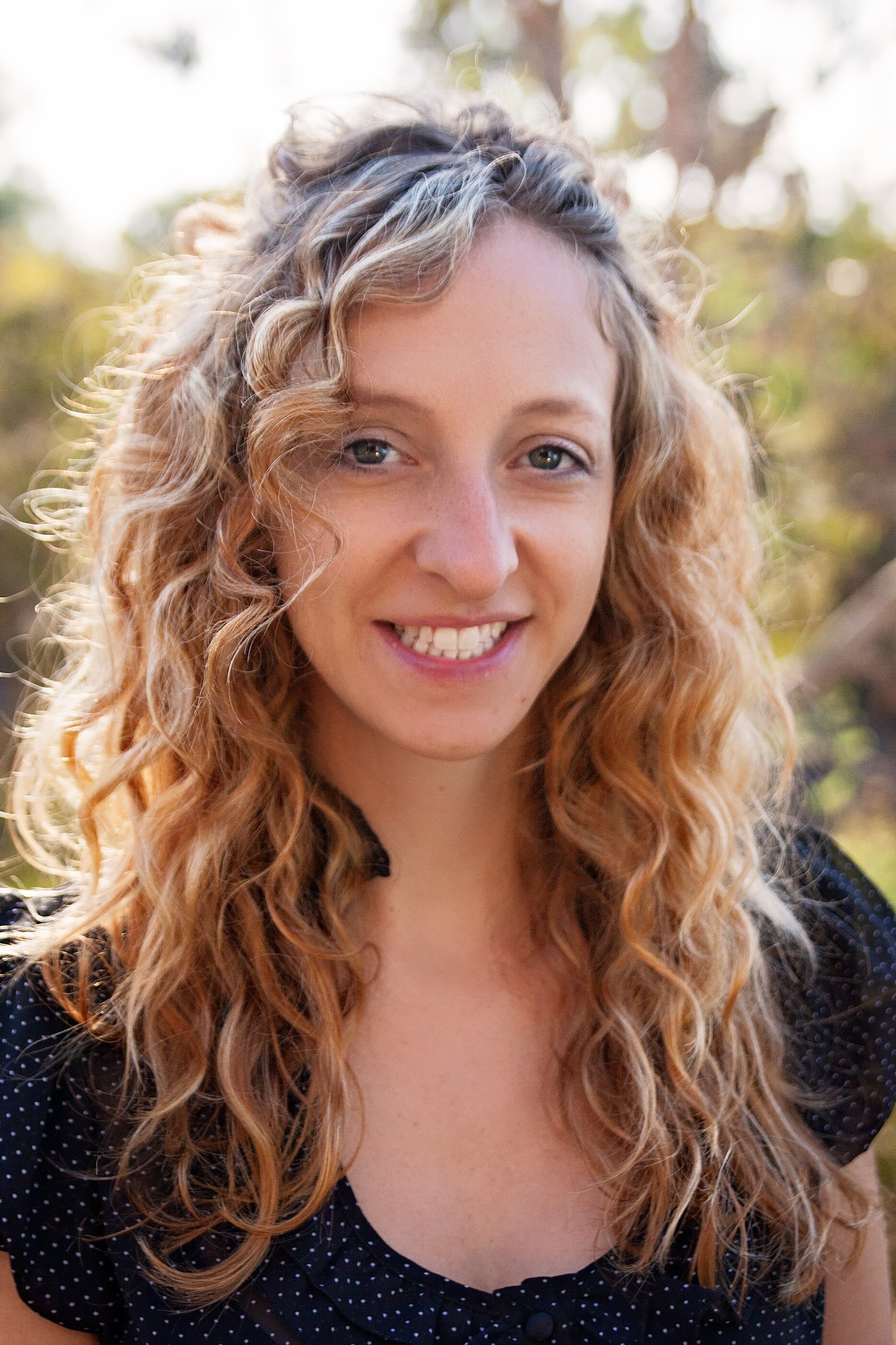
Speaker submitted biosketch
Shana Wright Bruno is the Senior Program Manager for the Lactation Supportive Environments initiative at UC San Diego Center for Community Health. She works with worksites, school districts and community health centers on policy, systems and environmental change strategies. Previously, Shana also worked on the Communities Putting Prevention to Work grant, HealthyWorks, supporting worksites and school districts in creating lactation accommodation policies. Shana received her Master of Public Health from San Diego State University and is also a Community Health Education Specialists.
Moderator: Deirdre Kleske, Healthy Works Program Specialist, County of San Diego
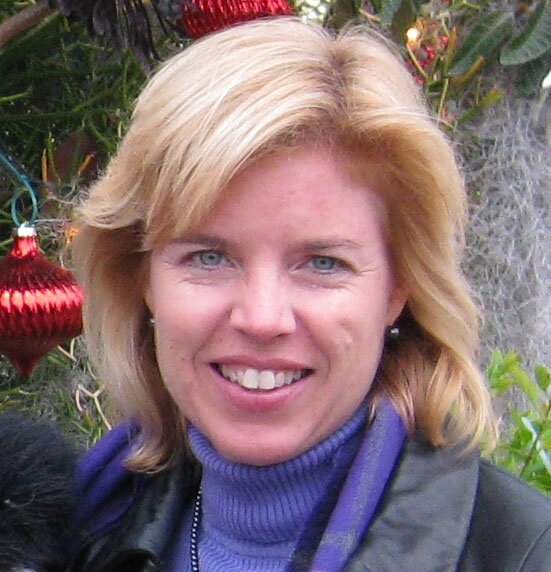
Speaker submitted biosketch
Deirdre Kleske has nearly a decade of experience supporting regional and statewide programs designed to advance evidence-based obesity prevention strategies and promising practices. She has worked on high-profile grants that have resulted in public policy strides at both the state and local levels. Currently Ms. Kleske manages the Healthy Works: Sodium Reduction Initiative for the County of San Diego Health and Human Services Agency to reduce sodium in meals served at County facilities. She also provides technical assistance to school districts and other stakeholders on the subject of local school wellness policy, serves on the Leadership Council of the San Diego County Childhood Obesity Intiative (COI) and co-chairs the COI's Schools and After-School Domain Workgroup.
Presentations/Handouts
WS 4.2: Reaching Diverse Communities Utilizing Culturally Tailored Strategies to Impact Change
This session will provide an overview of three successful obesity prevention efforts targeting diverse populations: Native Americans, African-Americans, and Youth. These initiatives focus on policy, systems and organizational practice change, blended with educational and promotional strategies using a sustainable collaborative model to create opportunities for healthy eating and physical activity at different levels of the community. Specific lessons learned will be shared, and considerations for replication of effective strategies will be highlighted.
Please Click the Speaker names below to see their submitted biosketch.
Teslyn Henry-King, Program Specialist I, County of San Bernardino Department of Public Health, Nutrition Program

Speaker submitted biosketch
Teslyn Henry-King has worked in the public sector as a nutrition educator and program planner since 2000 with a focus on hard to reach communities and communities of color. She has worked to revolutionize the quality of life of individuals, families and communities through a multi-disciplinary approach, impacting the bio-psychosocial-spiritual characteristics of individuals while promoting optimal health and wellbeing. She holds a BS in Nutrition and Dietetics from Oakwood University, an MPH in Nutrition from Loma Linda University, is a Registered Dietician and is currently pursuing an administration degree at CSUSB. She is employed as a Program Specialist for the County of San Bernardino.
Dakotah Jim, Research Program Officer, Notah Begay III Foundation
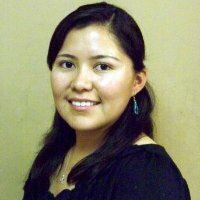
Speaker submitted biosketch
Dakotah Jim is a member of the Navajo Nation. She is a Research Program Officer at the Notah Begay III Foundation with the Native Strong: Healthy Kids, Healthy Futures initiative. Throughout her career, Dakotah has worked as an advocate for Native American health and wellness in various work settings from Indian Health Service, University institutions, urban/rural tribal areas, and non-profit organizations. Prior to joining NB3F, Dakotah served as the New Mexico Native Communities Wellness Network Coordinator for the Healthy Native Communities Partnership (HNCP), a Native non-profit organization based out of Shiprock, NM. Dakotah obtained her Bachelor’s Degree in Exercise Science from Northern Arizona University and obtained her Master’s Degree in Health Education-Community Health from the University of New Mexico.
Colleen Schenck, Program Administrator, Mendocino County Health and Humans Services Agency

Speaker submitted biosketch
Colleen Schenck is a Program Administrator for Mendocino County’s Health and Human Services Agency, Public Health, Prevention and Planning Unit. She was the county’s Program Coordinator and Strategic Lead for reducing consumption of sugar sweetened beverages with an emphasis on youth advocacy for the CA4Health Grant. Schenck’s prevention work focused on providing Alcohol, Tobacco and Other Drug and Violence Prevention support to a local Mendocino County school district and community coalition. Funded by a Drug Free Communities grant from SAMHSA, the scope of work provided training and experience in system, policy and environmental change through the strategic prevention framework
Moderator: Lynn Silver, Senior Advisor for Chronic Disease and Obesity, Public Health Institute

Speaker submitted biosketch
Lynn Silver, MD, MPH, Senior Advisor at the Public Health Institute, works to prevent chronic disease and obesity. She participated in the successful Berkeley soda tax campaign, now researching its impact, and oversees California Project LEAN, which works to improve nutrition and wellness. Previously Health Officer of Sonoma County and Assistant Health Commissioner of NYC, she led NYCs first calorie labeling law, daycare regulations, public food procurement standards, and Fit City initiative. Childhood obesity and neighborhood disparities declined there.
Presentations/Handouts
WS: 3.1: “Shape”ing a Public-Private Strategy for Childhood Obesity Prevention
Georgia Shape is the Governor’s childhood obesity initiative comprised of governmental, philanthropic, academic and business communities. This coordinated effort mobilizes communication efforts and strategic public-private partnerships to achieve collective impact. Policy/intervention efforts are supported in schools, communities, child-care centers, government agencies, businesses, academic institutions and healthcare settings. Panelists will discuss challenges and practical solutions for working in large multi-sector coalitions.
Please Click the Speaker names below to see their submitted biosketch.
Trisha Hardy, Director, Child Wellness, Children's Healthcare of Atlanta
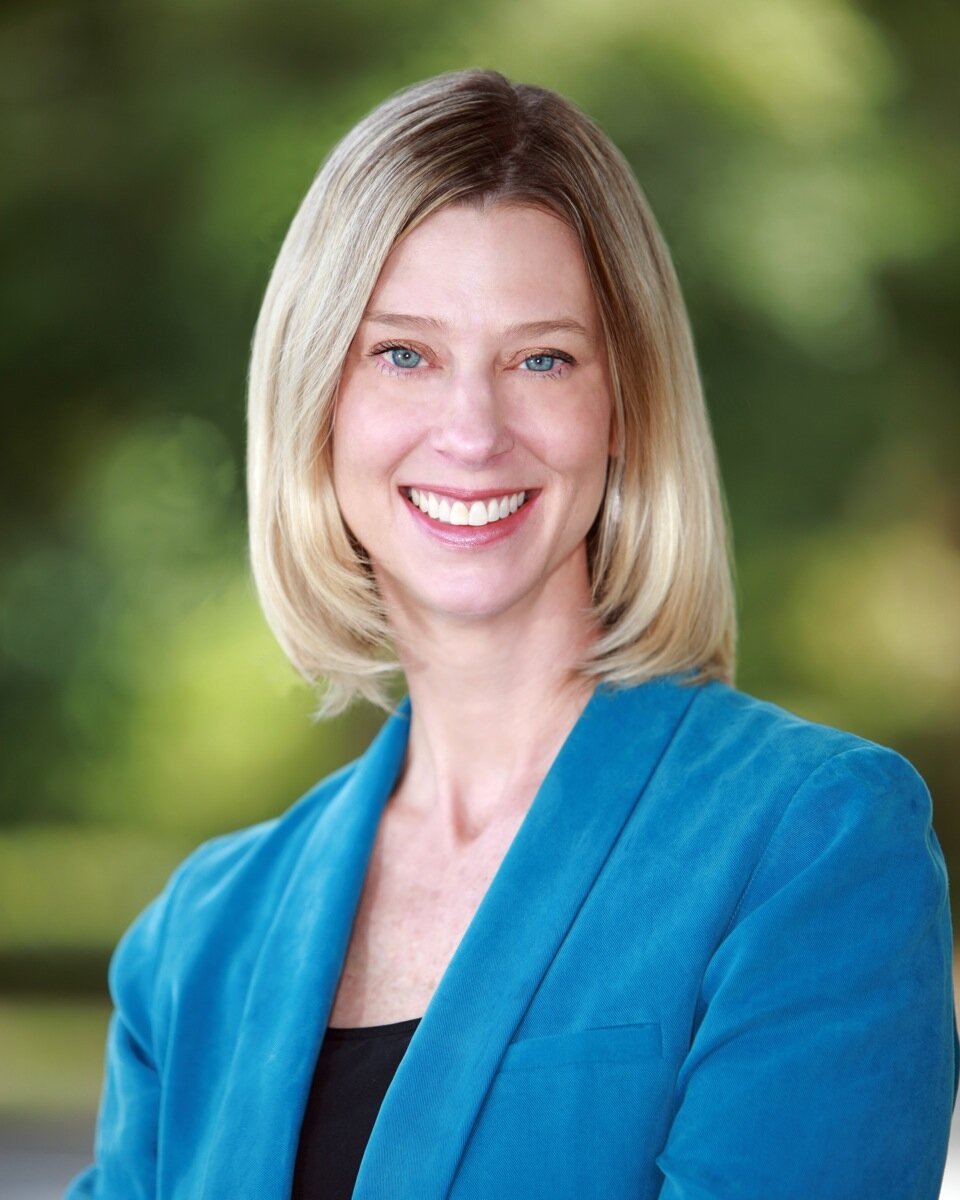
Speaker submitted biosketch
As Director of Child Wellness at Children’s Healthcare of Atlanta, Trisha Hardy is responsible for leading programs, solutions and partnerships related Children Healthcare of Atlanta’s childhood obesity efforts in the community. Hardy leads a dynamic team of dietitians, exercise physiologists, health educators, evaluation specialists and health educators. Her team successfully creates and implements public awareness campaigns and numerous programs reaching more than 300,000 families through healthcare providers, community events, camps, schools, and early childcare centers. In addition, Hardy currently oversees employee health and wellness activities for the hospital system.
Debra Kibbe, Senior Research Associate, Georgia Health Policy Center
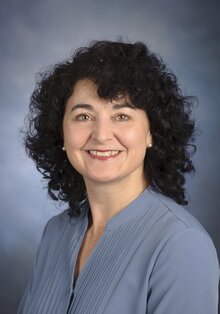
Speaker submitted biosketch
Debra Kibbe is a Senior Research Associate in the Georgia Health Policy Center at Georgia State University focusing on obesity, physical activity (PA), nutrition and health-related policy and program research. Prior to GSU, Debra served as PA and Nutrition Director for a Washington DC-based non-profit for 13 years where she coordinated school, community and health care intervention projects aimed at pediatric obesity prevention. Debra is faculty for the Academy of Nutrition and Dietetic’s program on child overweight.
Emily Anne Vall, Obesity Project Manager (SHAPE), Georgia Department of Public Health

Speaker submitted biosketch
Emily Anne Vall, PhD, has 13 years of experience as a trainer and educator working with an array of populations including; graduate and undergraduate pre-service physical education and health teachers, public school teachers and administrators, medical practitioners, corporate employees, and public school (K-12) children. Her areas of expertise include Behavior Change Theory and Childhood Obesity. She currently manages the Governor’s Georgia Shape initiative under Commissioner Fitzgerald at the Georgia Department of Public Health.
Moderator: Kelly Cornett, Physical Activity Coordinator, Georgia Department of Public Health
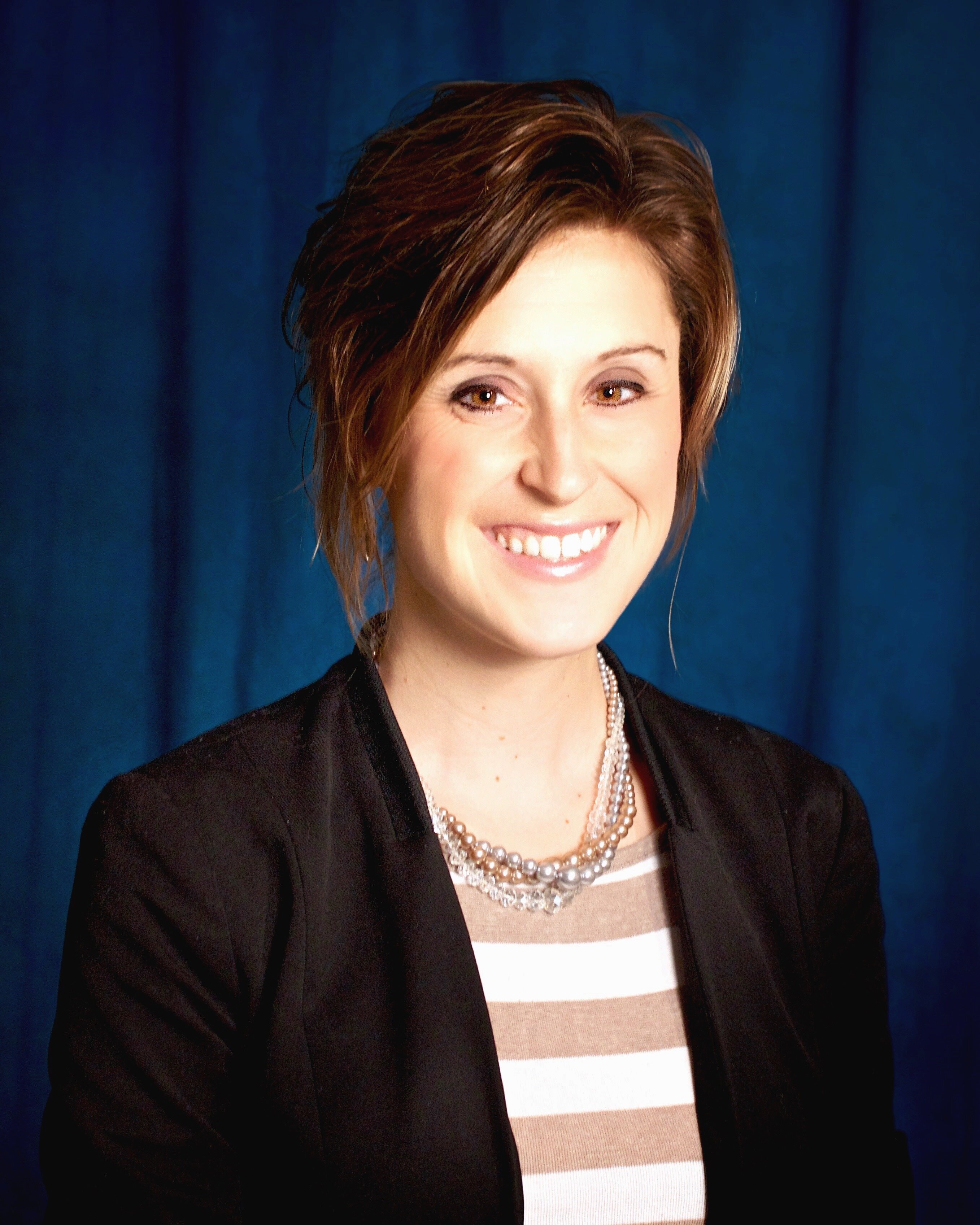
Speaker submitted biosketch
Kelly Cornett is the Physical Activity Coordinator for the Georgia Department of Public Health currently leading the “Power Up for 30” initiative for Georgia Shape. A native of Minnesota, she completed her Bachelor’s degree is Kinesiology from the Honors College at Michigan State University followed by a Master’s degree in Exercise Physiology from James Madison University. She supports a multidisciplinary approach for advocacy and outreach efforts through research translation and educational campaigns. As a published researcher, she has contributed to school-based physical activity interventions and coordinated health promotion efforts while managing community partnerships. She strives to translate evidence-based research into public health practice.
Presentations/Handouts
Back to Top
Early Childhood Education
Mini-Plenary: MP 3.4: Step it Up! The Keys to Eating Well and Playing Hard in Family Day Care Homes
Family child care providers influence the nutrition and physical activity habits of children in their care. By promoting wellness early they can help children avoid obesity-related problems later in life. Family child care providers can achieve this successful end through sustained relationships with coaches and trainers. Session attendees will learn about wellness strategies implemented in family child care settings in multiple states.
Please Click the Speaker names below to see their submitted biosketch.
Jan Bassmann, Public Health Nutritionist, Child and Adult Care Food Program, New York State Department of Health
Speaker submitted biosketch
Jan Bassmann, RD, is a Public Health Nutritionist with the NYS Department of Heath Child and Adult Care Food Program (CACFP). Ms. Bassman has coordinated the implementation of the two-year pilot project Eat Well Play Hard with Day Care Homes, an obesity prevention project designed specifically for family day care homes. Prior to serving in this position, Ms. Bassman conducted administrative reviews of CACFP sponsoring organizations across New York State. She completed her Bachelor of Science in human nutrition and food at the University of Vermont and Dietetic Internship at The New York Hospital – Cornell Medical Center.
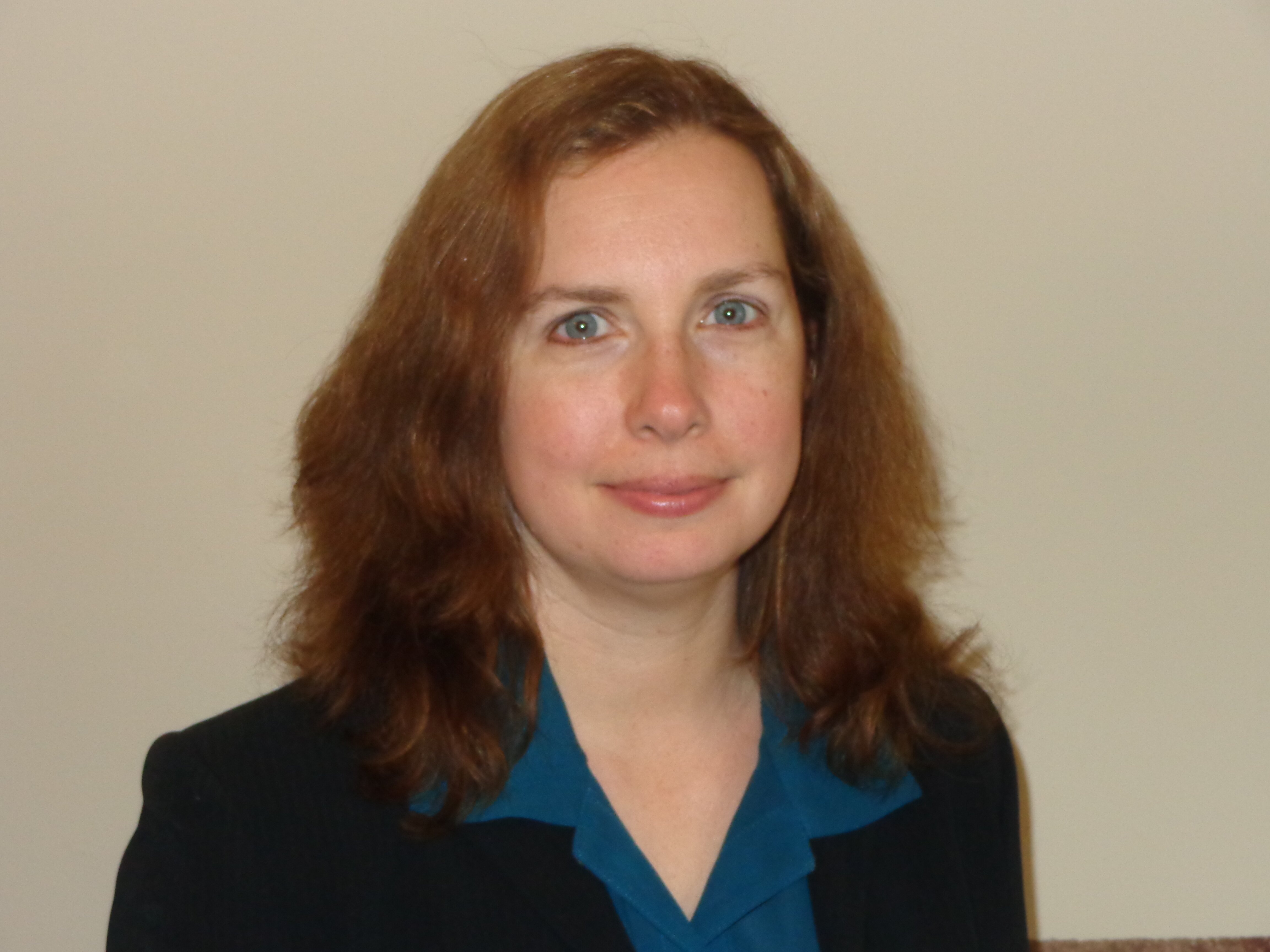
Speaker submitted biosketch
Jessica McDuff, M.A., directs the evaluation of New York State’s Eat Well Play Hard with Day Care Homes program, designed to reduce the incidence of childhood obesity. As a senior associate at Altarum Institute, a nonprofit organization dedicated to improving health and health care systems, Ms. McDuff has designed and implemented several public health program evaluations. Recent projects have included the Physical Activity and Healthy Eating Before/After School and Summer Program Evaluation for the Michigan Department of Community Health and the Start Right Up evaluation for the Women’s Housing and Economic Development Corporation in the Bronx, New York.
Speaker submitted biosketch
Christi Smith joined Child Care Aware® of Kansas in May 2013. She holds a Master in Business Administration with an emphasis in Organizational Development and an undergraduate degree in Psychology and Child and Family Development. She is widely recognized for expertise in early childhood education and administration, organizational development, change management and adult learning. She has authored several evidence based curricula for early childhood professionals. Christi currently serves on several workgroups focused on health, safety, physical activity and nutrition for ECE obesity prevention.
Dianne Ward, Director, Intervention and Policy Division, Dept of Nutrition, Gillings School of Global Public Health, University of North Carolina at Chapel Hill
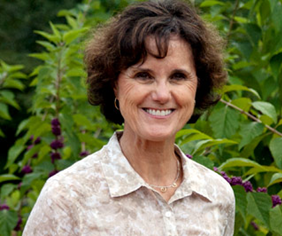
Speaker submitted biosketch
Dr. Ward led the development of the NAP SACC program and its new version, GoNAPSACC, which includes an updated self-assessment for centers and family child care homes, and an online, interactive version of the original program. She is leading three NIH intervention studies including KEYS to a Healthy Family Child Care Home); Caring and Reaching for Health, a worksite intervention for child care workers; Healthy Me, Healthy We, a social marketing intervention for child care centers (Our Year of Healthy Living).
Moderator: Kim Frinzell, Nutrition Education Administrator, Education and Nutrition Policy Unit, California Department of Education
Speaker submitted biosketch
Kim Frinzell, RD is the Nutrition Education Administrator for the Nutrition Services Division at the California Department of Education (CDE). In this capacity, she is responsible for overseeing the Education and Nutrition Policy Unit staff that develop nutrition education and training programs for sponsoring agencies. Kim joined the CDE in December 2013 after working for the California state WIC program for 12 years and Sacramento County Department WIC program for over 7 years. At WIC, Kim was responsible for managing the local agency nutrition education training activities and the retail vendor authorization, compliance, and training. Kim received her Bachelor’s in Agricultural Science from California State University and is a Registered Dietitian.
Presentations/Handouts
WS 1.1: Healthy Beverages in Early Childhood: Research to Policy to Practice
Intake of sugar-sweetened beverages (SSB) is a major contributor of childhood obesity. Although there have been policies to encourage intake of healthy beverages in schools, there have been few similar efforts in the pre-school and child care environment. This session will review healthier beverage recommendations for preschool/child care settings as well as share findings from studies before and after implementation of healthy beverage policies in the child care/pre-school setting. Practical lessons learned from implementing healthy beverage standards will also be shared.
Please Click the Speaker names below to see their submitted biosketch.
Tracy Fox, President, Food, Nutrition and Policy Consultants, LLC
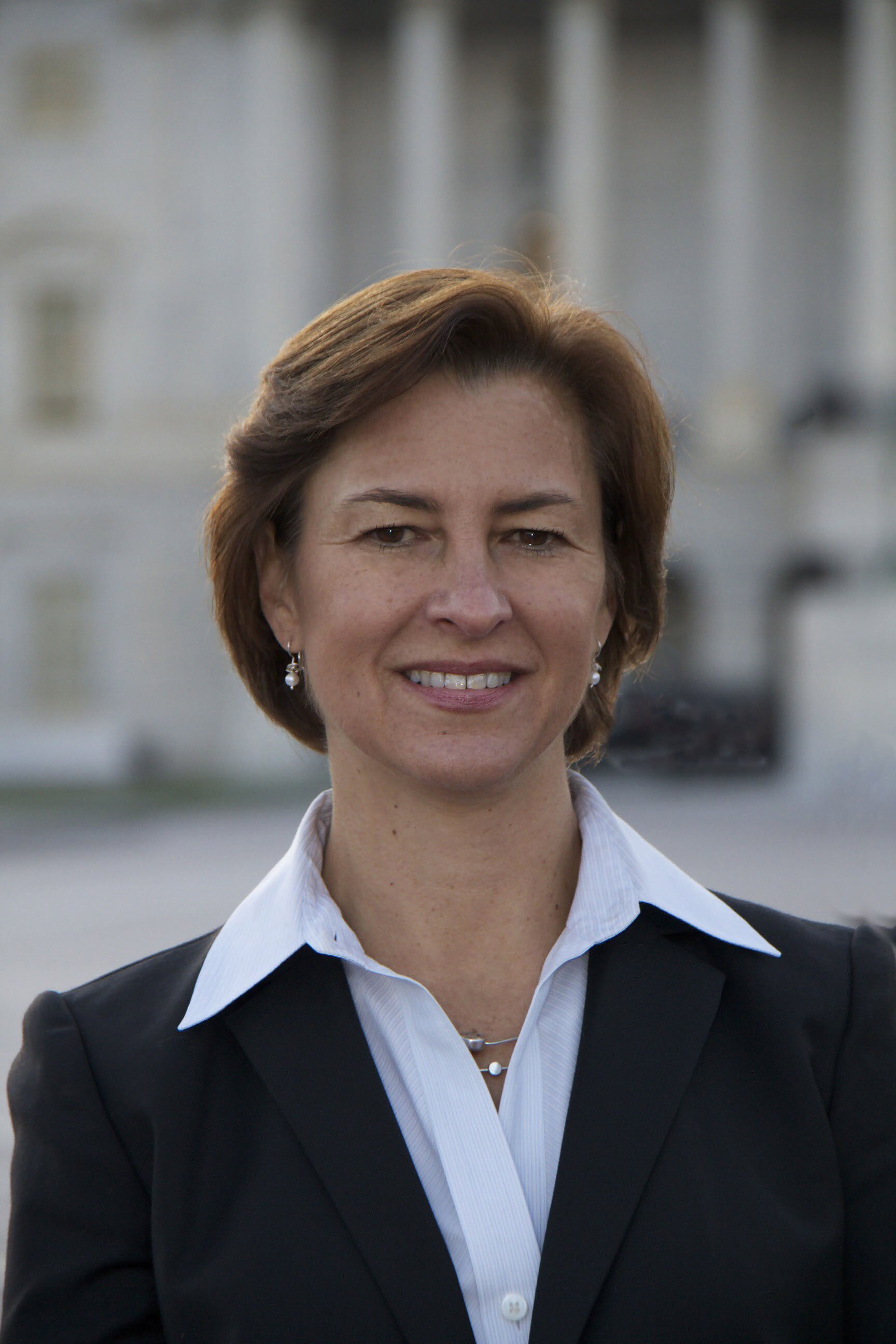
Speaker submitted biosketch
Tracy Fox is a Registered Dietitian and President of Food, Nutrition & Policy Consultants, LLC with over 25 years of experience working in the federal government and the private sector. Areas of expertise include child nutrition and school health, nutrition education, food labeling and marketing, federal, state and local nutrition and physical activity policy, advocacy and government relations. Clients range from Federal, State and local agencies including the US Department of Agriculture and the Centers for Disease Control and Prevention as well as the Robert Wood Johnson Foundation, Feeding America and the Partnership for a Healthier America. Tracy has served (and serves) on numerous boards and committees including IOM’s Nutrition Standards for Foods in School; Local Government Actions to Prevent Childhood Obesity; and Front of Pack Nutrition Rating Systems and Symbols. Previous positions included policy analyst with USDA’s Food and Nutrition Service, the Academy of Nutrition and Dietetics (Washington, DC office), past president of the Society for Nutrition Education and Behavior, and retired Commander, US Navy.
Anisha Patel, Assistant Professor, University of California, San Francisco
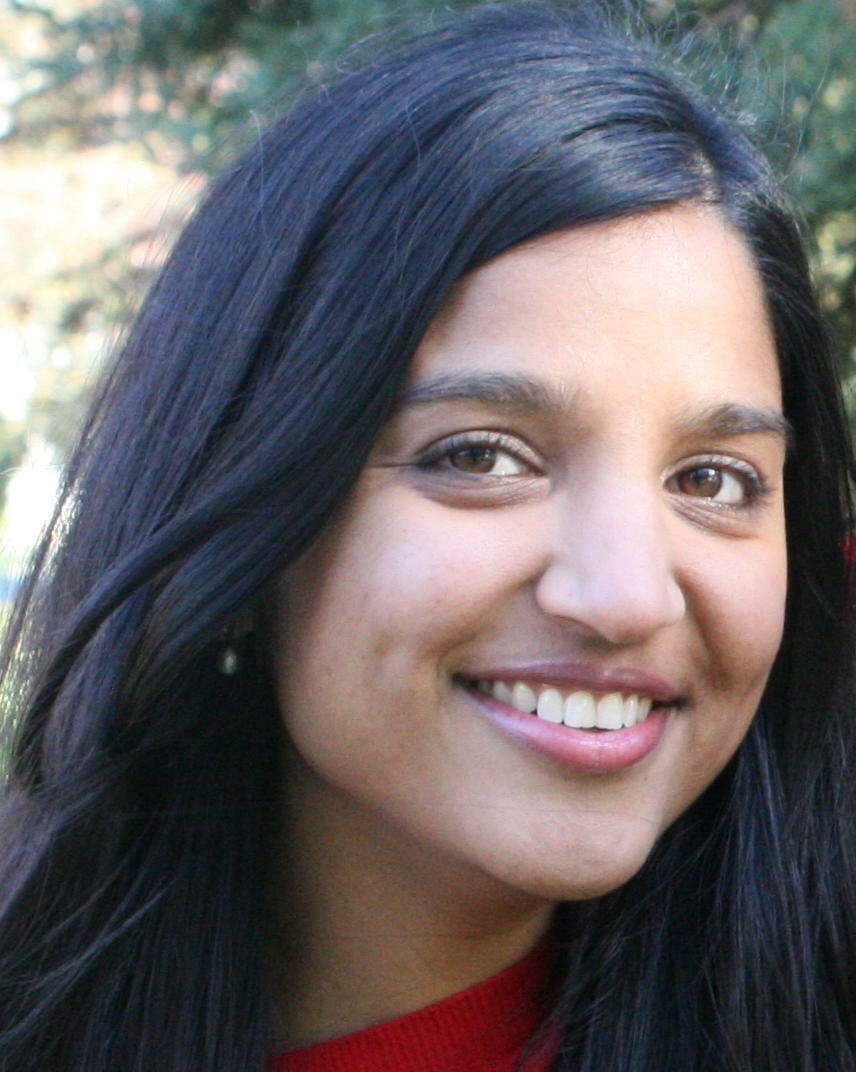
Speaker submitted biosketch
Dr. Anisha Patel is an Assistant Professor at the University of California, San Francisco. Dr. Patel completed her medical degree at the University of North Carolina, residency at Stanford and was a Robert Wood Johnson Foundation Clinical Scholar at University of California, Los Angeles. Dr. Patel conducts childhood obesity-related research, with a focus on encouraging healthy beverage consumption in school and child care settings. Dr. Patel has received funding for her research from foundations and the NIH, and has published numerous peer-reviewed manuscripts in this area. In 2012 Dr. Patel received the American Academy of Pediatrics Outstanding Achievement Award.
Lorrene Ritchie, Director, Nutrition Policy Institute, UC Division of Agriculture and Natural Resources
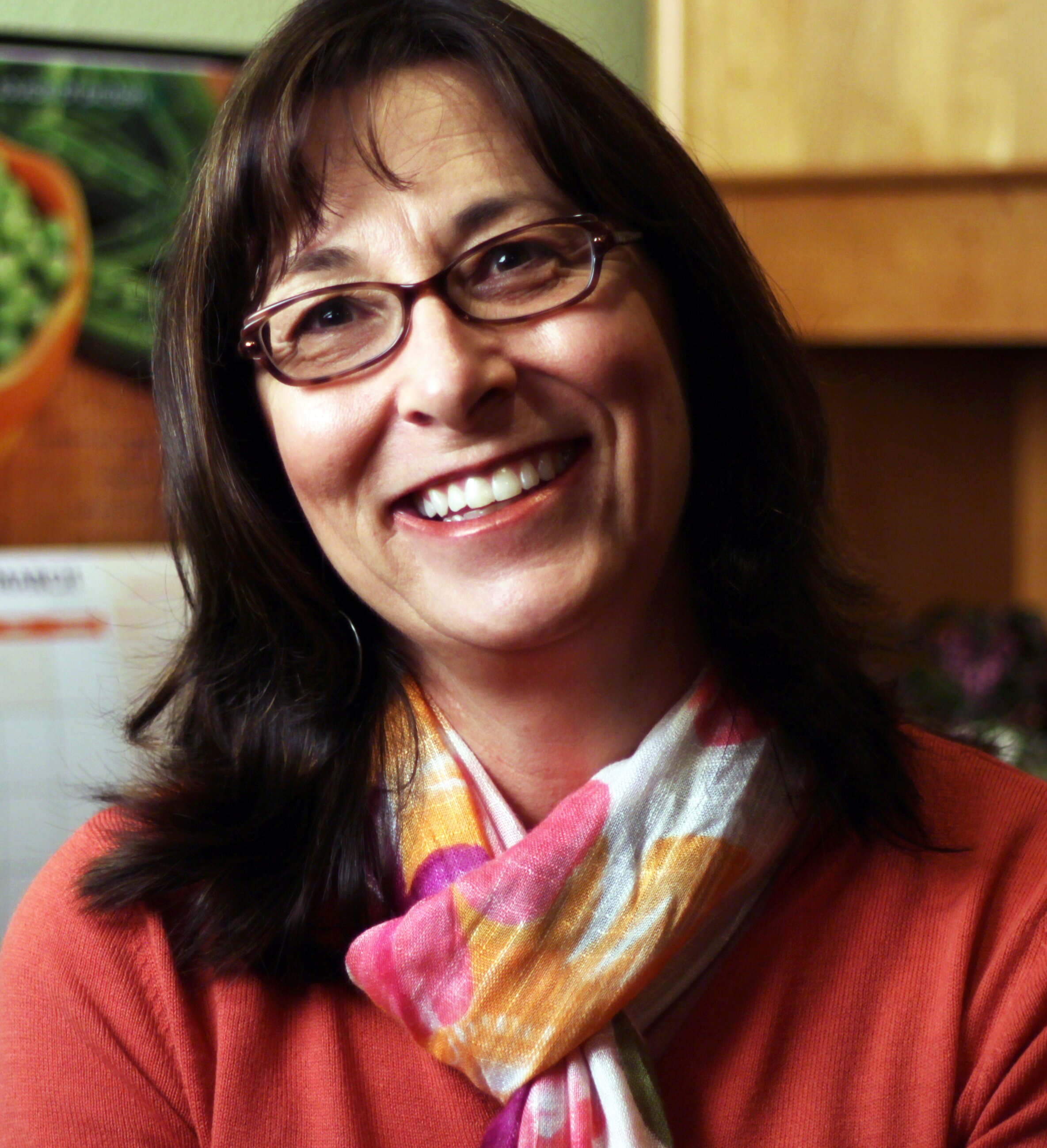
Speaker submitted biosketch
Lorrene Ritchie, PhD, RD, is Director, Nutrition Policy Institute and Cooperative Extension Specialist, Agriculture and Natural Resources, University of California. She has devoted her career to the development of science-based and culturally-relevant solutions to child obesity. She recently co-authored the Academy of Nutrition and Dietetics’ Position Paper on pediatric weight management and was a member of the Institute of Medicine Committee on Evaluating Progress of Obesity Prevention Efforts. Current research interests involve evaluation of the relationship of programs and policies on children’s dietary intakes and weight status in school, childcare and other community settings.
Julie Shuell, Project Director, Nemours National Office of Policy & Prevention

Speaker submitted biosketch
Julie Shuell, MPA has 20 years of management and leadership experience in early childhood education (ECE), child welfare, child health and parent support. She has a BA in political science and a MA in Public Administration, both from Michigan State University. Ms. Shuell is currently Nemours’ Project Director of a Center Disease Control funded initiative, The National Early Care & Education Learning Collaborative. The project is a national demonstration approach to promote childhood obesity practices into ECE settings.
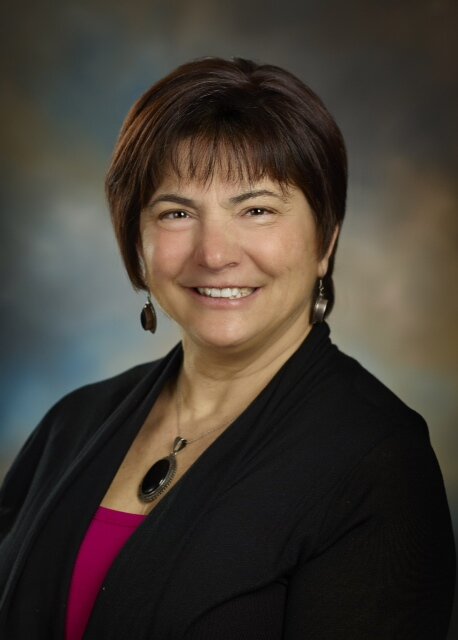
Speaker submitted biosketch
Ellen is a Program Officer at the W.K. Kellogg Foundation in Battle Creek, Mich., working in support of healthy community environments on behalf of vulnerable children and their families through policy and systems change. Previously, Ellen was the Senior Nutrition Policy Advocate at CA Food Policy Advocates, a Program Officer with The CA Endowment and an attorney with CA Rural Legal Assistance. Ellen earned her JD and M.Ed from UCLA and a BA from U.C. Berkeley.
Presentations/Handouts
WS 2.2: Running with Streamers! Creating Active Environments for Young Children
This session highlights the Institute of Medicine’s recommendations on physical activity (PA) in early childhood settings and will showcase two successful interventions; 1) an innovative Physical Activity Specialist model program where experts in rural New York create change through training and technical assistance and 2) “Painting Playgrounds for Movement,” a cost-effective environmental intervention being implemented in preschools throughout California.
Please Click the Speaker names below to see their submitted biosketch.
Michele Buran, Physical Activity Coordinator, CSU Chico Research Foundation
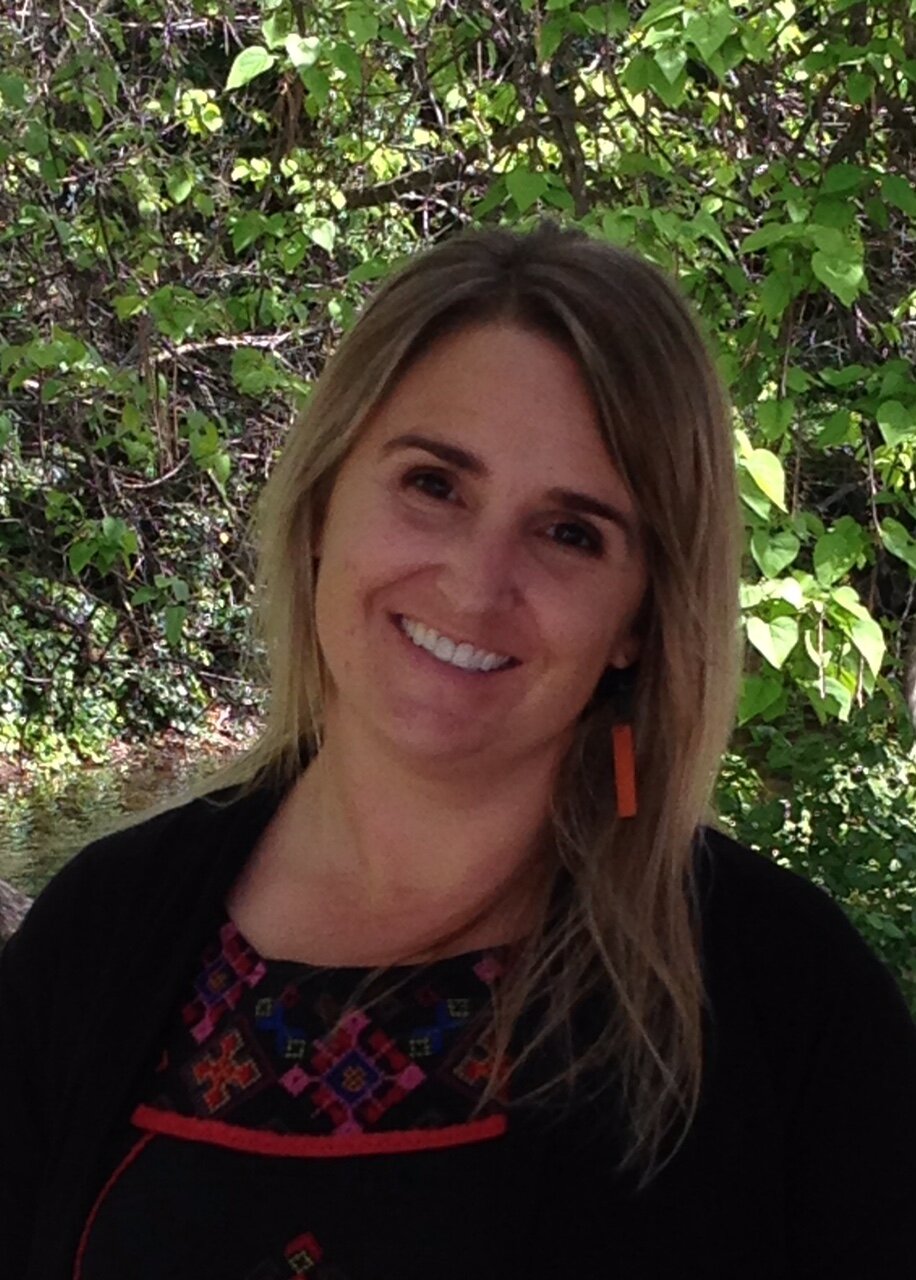
Speaker submitted biosketch
Michele Buran, Physical Activity Specialist for CSU, Chico Center for Healthy Communities earned a Master of Arts Degree in Physical Education from California State University, Chico and has over 13 years of experience in the field of physical activity and early childhood obesity prevention. Michele has expertise in designing, implementing and evaluating physical activity programs. She currently provides training and technical assistance throughout California with an emphasis on creating policies, systems and environmental changes to increase the quality and quantity of physical activity for young children.
Diane Craft, Professor, State University of New York at Cortland
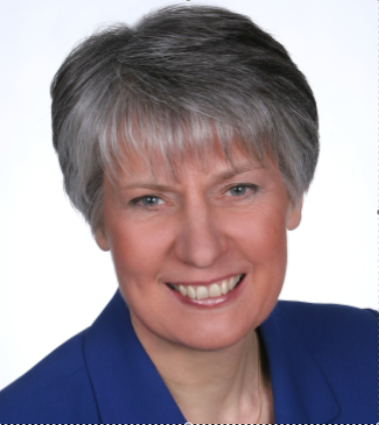
Speaker submitted biosketch
Diane H. Craft, Ph.D., Professor, Physical Education Department, SUNY Cortland, teaches elementary and adapted physical education courses. She also promotes developmentally appropriate, inclusive physical activities for young children. Since 2000 she has co-authored four books and given over 120 presentations on preschool physical activities to audiences across the nation. Craft is a past-president of the National Consortium of Physical Education for Individuals with Disabilities. In 2005, she was recognized as the National Professional of the Year in Adapted Physical Education.
Arlene Turner, Physical Activity & Nutrition Program Manager, Children and Families Commission of Orange County

Speaker submitted biosketch
Arlene Turner, M.S., earned her degrees from CSU Fullerton where she concentrated her studies on exercise prescription for special populations. In her role as Physical Activity & Nutrition Program Manager with the Children and Families Commission of Orange County, she provides technical assistance, through trainings and workshops, for community partners, school districts, home-based and center-based child care providers on ways to increase active play opportunities for young children. She currently works with the Child Signature Program classrooms to implement practical, economical, fun and developmentally appropriate physical activities for preschoolers through teacher coaching, parent education, and playground improvement strategies.
Moderator: Candice Taylor Lucas, Assistant Clinical Professor, University of California, Irvine School of Medicine Department of Pediatrics
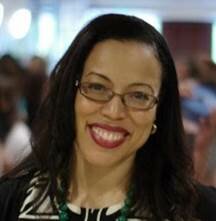
Speaker submitted biosketch
Dr. Candice Taylor Lucas is a Health Sciences Assistant Clinical Professor at the UCI School of Medicine and physician-researcher with the UCI Pediatric Exercise and Genomics Research Center. She completed public health school at UCLA, medical school at USC, pediatric residency and chief residency at UCLA, and an academic general pediatric fellowship at the NYU School of Medicine. She also promotes evidence based practices for early childhood obesity prevention with support from the Children and Families Commission of Orange County.
Presentations/Handouts
WS 3.2: Using Child Care Licensing Laws to Improve Health
This session outlines intervention and policy strategies to promote nutrition and physical activity in child care settings. Presenters will discuss the national child care legal landscape, provide a summary of a 50-state review of child care licensing laws, highlight California examples of child care nutrition policy, including the recent addition of child nutrition training, and showcase Minnesota examples of policy implementation strategies. Attendees will gain an understanding of the national child care legal landscape, as well current state examples of child care nutrition policies.
Please Click the Speaker names below to see their submitted biosketch.
Natasha Frost, Staff Attorney, Public Health Law Center at William Mitchell College of Law
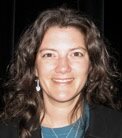
Speaker submitted biosketch
Natasha Frost is a staff attorney for the Public Health Law Center. She provides legal technical assistance to the American Heart Association, Kansas Health Foundation, and various communities around the country in developing effective policies to promote healthy eating and active living. She has developed several fact sheets and training modules, and has completed several 50-state reviews, including one on state child care laws. She has a J.D. from the University of Minnesota. Prior to joining the Center, Natasha spent 10 years at the Alliance for Children’s Rights, a non-profit in Los Angeles, California.

Speaker submitted biosketch
Elyse Homel Vitale is a Nutrition Policy Advocate for California Food Policy Advocates. She primarily works on projects that aim to increase access to the Child and Adult Care Food Program and improve the licensed child care nutrition environment. She leads CFPA's Federal Advocacy and school meal enrollment advocacy. Prior to CFPA, Elyse worked as a preschool teacher, a research associate, and a community-based anti-hunger advocate. Elyse obtained her MPH at UCLA and started with CFPA in 2010.
Moderator: Lindsey Turner, Director, Initiative for Healthy Schools, Boise State University

Speaker submitted biosketch
Lindsey is a research associate professor in the College of Education at Boise State University. She also leads the College's Initiative for Healthy Schools, a partnership with schools to help facilitate the implementation of health-promoting practices to improve children's health and academic outcomes. For 20 years, her research has focused on the development, evaluation, and implementation of strategies to improve the health of children, youth, and families. Her current research focuses on the implementation of wellness policies in elementary schools and early care settings. She is currently collaborating on an evaluation of a new city ordinance regarding nutrition, physical activity, and screen time in all early care and education settings (family childcare homes and centers) in Boise, Idaho.
Presentations/Handouts
WS 4.7: Tools of the Trade: Current Early Childhood Resources and Training
Practice and evidence-based resources and training are critical to advancing obesity prevention efforts in early care and education settings. Session attendees will become familiar with resources and training developed through the Let's Move! Child Care, Growing Healthy Children, and National Early Care and Education Collaborative models. Interactive session discussions will help attendees consider the application of these resources and training models in their local efforts.
Please Click the Speaker names below to see their submitted biosketch.
Jenna Larsen, Project Coordinator, Nutrition Education Programs, NYC Department of Health and Mental Hygiene
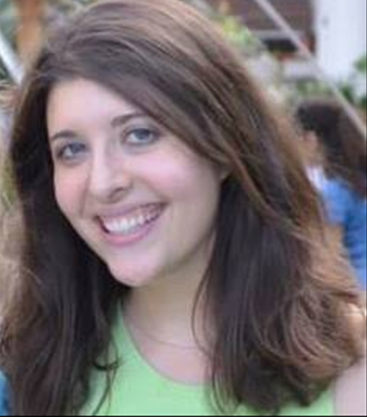
Speaker submitted biosketch
Jenna Larsen has coordinated nutrition education programs at the NYC Department of Health and Mental Hygiene since 2011. In her current role, she advises the development of health promotion publications delivered to child care centers across the city, coordinates for the Eat Well Play Hard preschool program, and oversees the database for the Stellar Farmers' Market program. Jenna holds a B.S. in nutritional sciences from the University of Arizona and an M.S. in the same field from Columbia University.
Rachel Powell, LMCC Operations Manager , Centers for Disease Control and Prevention

Speaker submitted biosketch
Dr. Rachel Powell is the Operations Manager for Let’s Move Child Care. She currently serves as an ORISE fellow on the Early Child Care and Education Team in the Division of Nutrition, Physical Activity, and Obesity at Centers for Disease Control and Prevention in Atlanta, Georgia. Rachel graduated with a PhD in Health Promotion and Behavior from the University of Georgia in August 2014. Her areas of interest include childhood obesity, media literacy, food marketing, and breastfeeding.
Julie Shuell, Director, Prevention and Practice, Nemours National Office of Policy & Prevention

Speaker submitted biosketch
Julie Shuell, MPA is currently the Director of the National Early Care & Education Learning Collaboratives at the Nemours Foundation's National Office of Policy and Prevention. Prior to that, Ms. Shuell ran several national technical assistance centers for the federal Office of Child Care. Previously she worked with the National Head Start Association and was Vice President for Early Childhood at a large community based non-profit in Northern Virginia. Ms. Shuell has a BA in Political Science and an MA in Public Administration both from Michigan State University.
Moderator: Kelley Knapp, Nutrition Education Consultant, Nutrition Services Division, California Department of Education
Speaker submitted biosketch
Kelley has worked in the Nutrition Services Division for more than 17 years providing training and technical assistance to agencies that serve infants, children, and older adults in the USDA Child and Adult Care Food Program. She earned her B. S. in Dietetics and Food Administration from Cal Poly, San Luis Obispo and her M.S. in Nutrition Science from San Jose State University.
Presentations/Handouts
Back to Top
Food Systems
Mini-Plenary: MP 1.2: Global and Local Institutions Mobilizing for Food System Changes that Impact Health
Sustainable, secure and equitable food systems are central to health and well being. Efforts to reduce childhood obesity can be strengthened with attention to the fundamental role that food systems play in establishing the availability and cost of certain food. Yet, too often, obesity prevention practitioners fail to incorporate food system changes in their strategic planning. Similarly, food system actors ignore the health implications of the current food system and the benefits that a sustainable system might produce. This panel will explore emerging global opportunities from leaders in the field who are trying to forge integrated strategies across health and wellbeing and food systems.
Please Click the Speaker names below to see their submitted biosketch.
Gary Cohen, President and Co-Founder, Health Care Without Harm and Practice Greenhealth
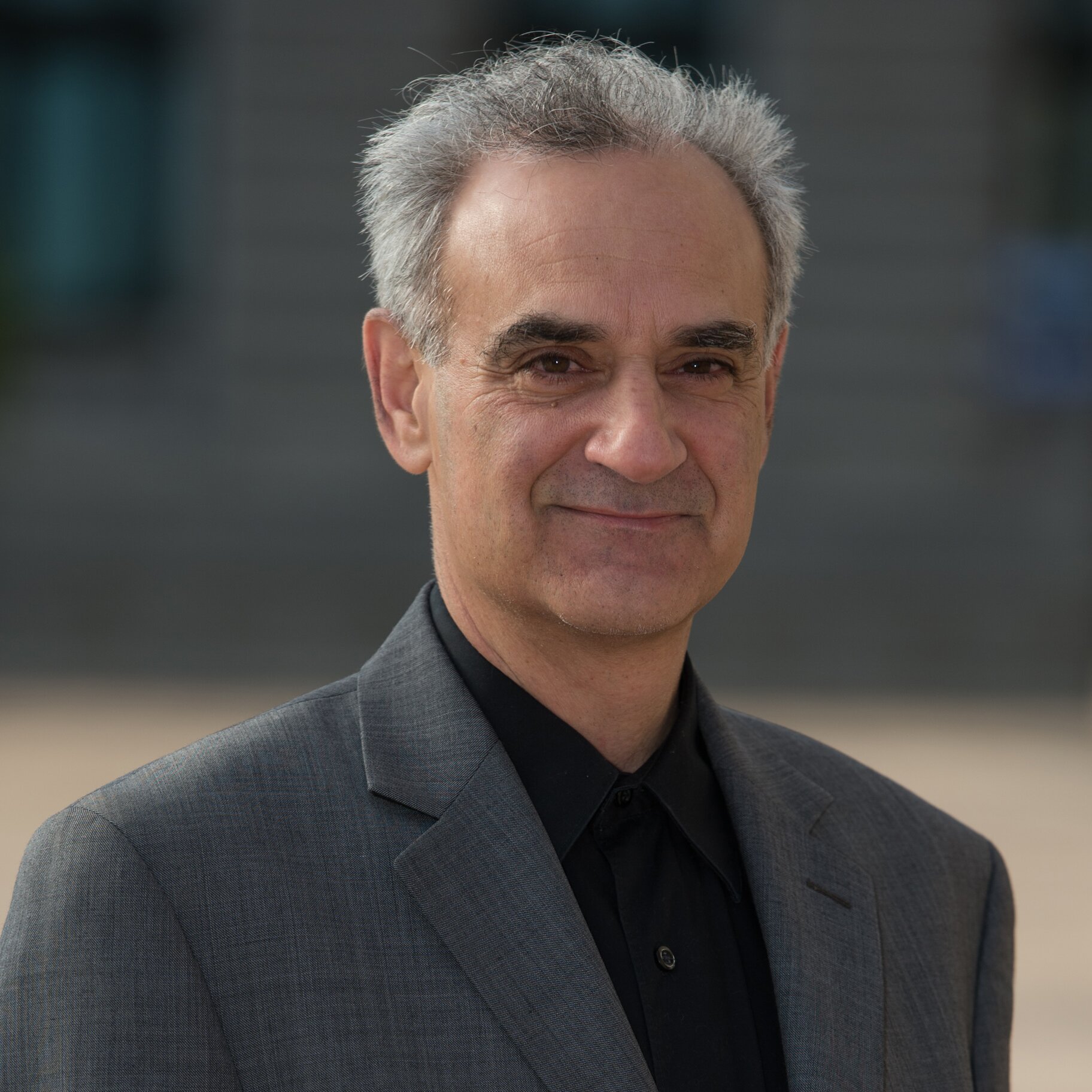
Speaker submitted biosketch
Gary Cohen is the President and Co-Founder of Health Care Without Harm and Practice Greenhealth, which were created to transform the health care sector to be environmentally sustainable and serve as anchor institutions to support environmental health in their communities. He is on the Boards of the American Sustainable Business Council, Health Leads, and Coming Clean. His notable awards include the 2013 Champion of Change Award for Climate Change and Public Health from the White House; and the Game Changer in Healthy Living from The Huffington Post. Mr. Cohen has also received the Skoll Award for Social Entrepreneurship, the Frank Hatch Award for enlightened public service, and an Environmental Merit Award from the New England Office of the EPA in recognition of exceptional work and commitment to the environment. He is also an Ashoka Fellow.
Ambassador Betty King, Former U.S. Ambassador to the United Nations in Geneva, Commissioner, WHO Commission on Ending Childhood Obesity
Ruth Richardson, Executive Director, Global Alliance for the Future of Food
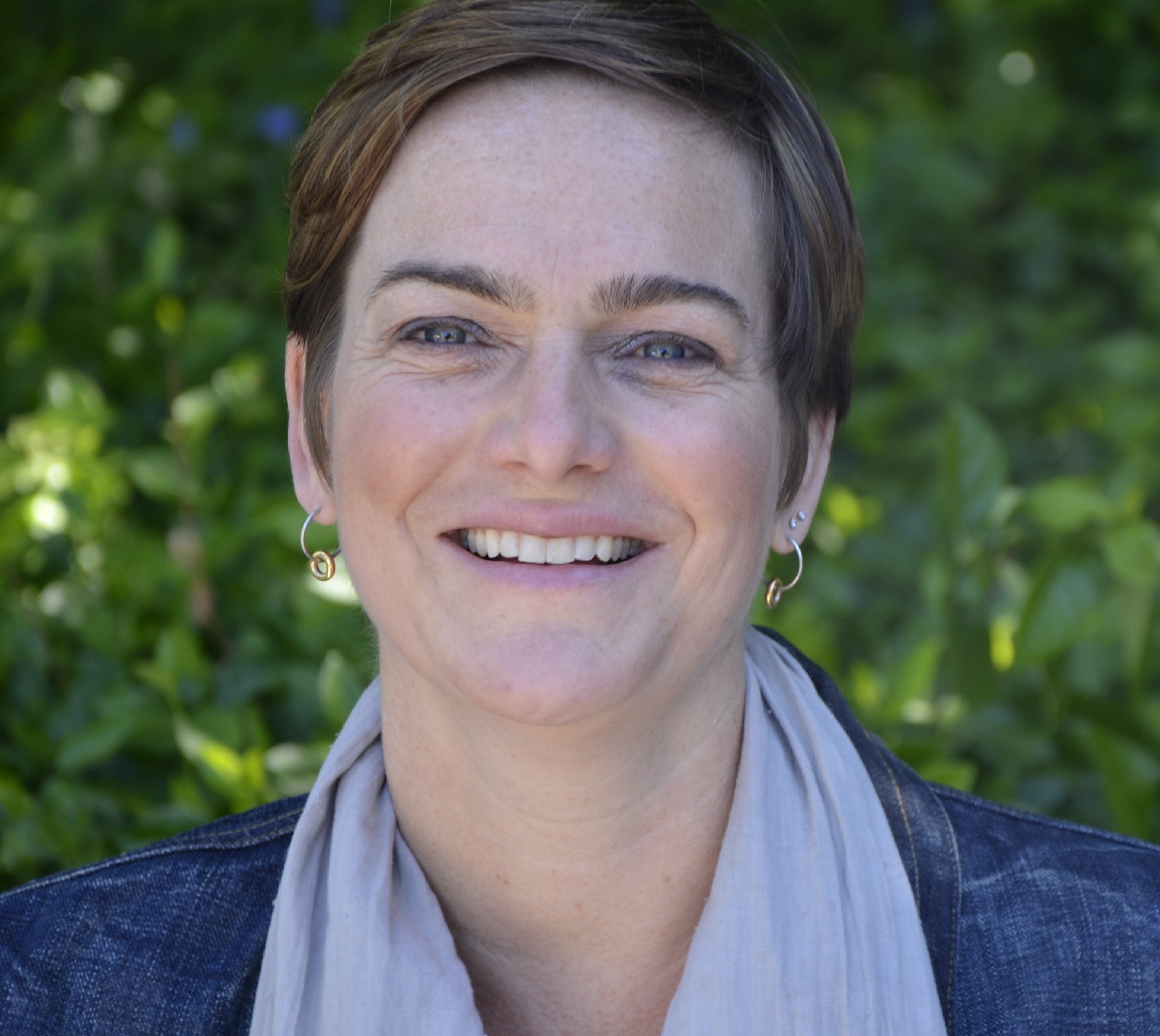
Speaker submitted biosketch
Ruth Richardson is the Executive Director of the Global Alliance for the Future of Food, a new alliance of foundations committed to leveraging their resources to help shift food and agriculture systems towards greater sustainability, security, and equity. With a background and deep expertise in philanthropy, she is the founding principal of Open Blue Consulting which works with both new and more established organizations deeply committed to developing powerful strategies to tackle some of the most pressing global, national, and local problems of our time. Prior to these endeavours, Ruth was the first Environment Program Director at the Metcalf Foundation, which has been a cornerstone of sustainable food systems work in Ontario, Canada. As well, she was the first Director of the Unilever Canada Foundation, the founding Chair of the Canadian Environmental Grantmakers’ Network, and has served on the advisory committee of Friends of the Greenbelt Foundation committed to building a regional local food system that supports Greenbelt farmers and agricultural innovation. Ruth is also the Co-Founder of Small Change Fund, a micro-philanthropy platform which aims to build a stronger, more resilient grassroots movement in Canada.
Wendelin Slusser, Associate Vice Provost and Clinical Professor of Pediatrics, School of Medicine and Public Health, University of California, Los Angeles

Speaker submitted biosketch
Dr. Wendy Slusser is Associate Vice Provost for the UCLA Healthy Campus Initiative and HS Clinical Professor of Pediatrics in the Schools of Medicine and Public Health at University of California, Los Angeles (UCLA), and Co-Founder and Medical Director of the UCLA Fit for Healthy Weight program. Dr. Slusser graduated Cum Laude from Princeton University, received her Medical Degree from the College of Physicians and Surgeons at Columbia University and her Masters Degree in Science from the Institute of Human Nutrition at Columbia University. She completed her internship and residency in Pediatrics at Babies Hospital, Columbia Presbyterian Hospital in New York City. Dr. Slusser joined the UCLA faculty in 1996 and over the past 18 years has been a leader in community, school, clinic, and family based programs related to health promotion, infant and child nutrition and physical fitness.
Moderator: Marion Standish, Vice President, Enterprise Programs, The California Endowment
Speaker submitted biosketch
Marion Standish joined The California Endowment with an extensive legal and philanthropic background. As Vice President, Enterprise Programs, she is responsible for managing resources that will support collaboration and alignment across all TCE Departments to achieve TCE’s mission and Building Health Communities goals and outcomes. Standish leads multiple philanthropic partnerships, provides strategic guidance to Impact Investing activities, and works closely with TCE’s Chief Learning Officer to achieve organizational goals. Standish serves as lead officer for the Endowment with the Partnership For A Healthier America, The First Lady’s Let’s Move Initiative, California’s Let’s Get Healthy effort and the National Convergence Partnership. Previously, Standish was Senior Advisor to the President of The California Endowment and the Director of Community Health where she oversaw multiple grantmaking initiatives focused on transforming communities to reduce inequities and improving health. She played a key role in developing and implementing for many TCE signature initiatives, including the Partnership For the Public’s Health, Community Action To Fight Asthma and Healthy Eating Active Communities. Before joining The Endowment, Standish was founder and director of California Food Policy Advocates (CFPA), a statewide nutrition and health research and advocacy organization focusing on access to nutritious food for low-income families. Before launching CFPA, she served as director of the California Rural Legal Assistance Foundation, a statewide advocacy organization focusing on health, education and labor issues facing farmworkers and the rural poor. She began her career as a staff attorney with California Rural Legal Assistance, a federally funded legal services program. Standish received her J.D. from the University of San Francisco School of Law, and both her M.A. and undergraduate degrees from New York University.
Presentations/Handouts
WS 1.4: Collective Action: The Need for Multi-Sectoral Collaboration to Create a Healthy Food System
This session takes a look at organizational and governmental policy working together to reshape local food systems. Explore healthy food policy innovations in small retail, hospitals, and cities. This session will highlight replicable best practices, challenges, and successes in bringing together diverse stakeholders for change.
Please Click the Speaker names below to see their submitted biosketch.
Nancy Bragado, Deputy Director, Long Range Planning, City of San Diego
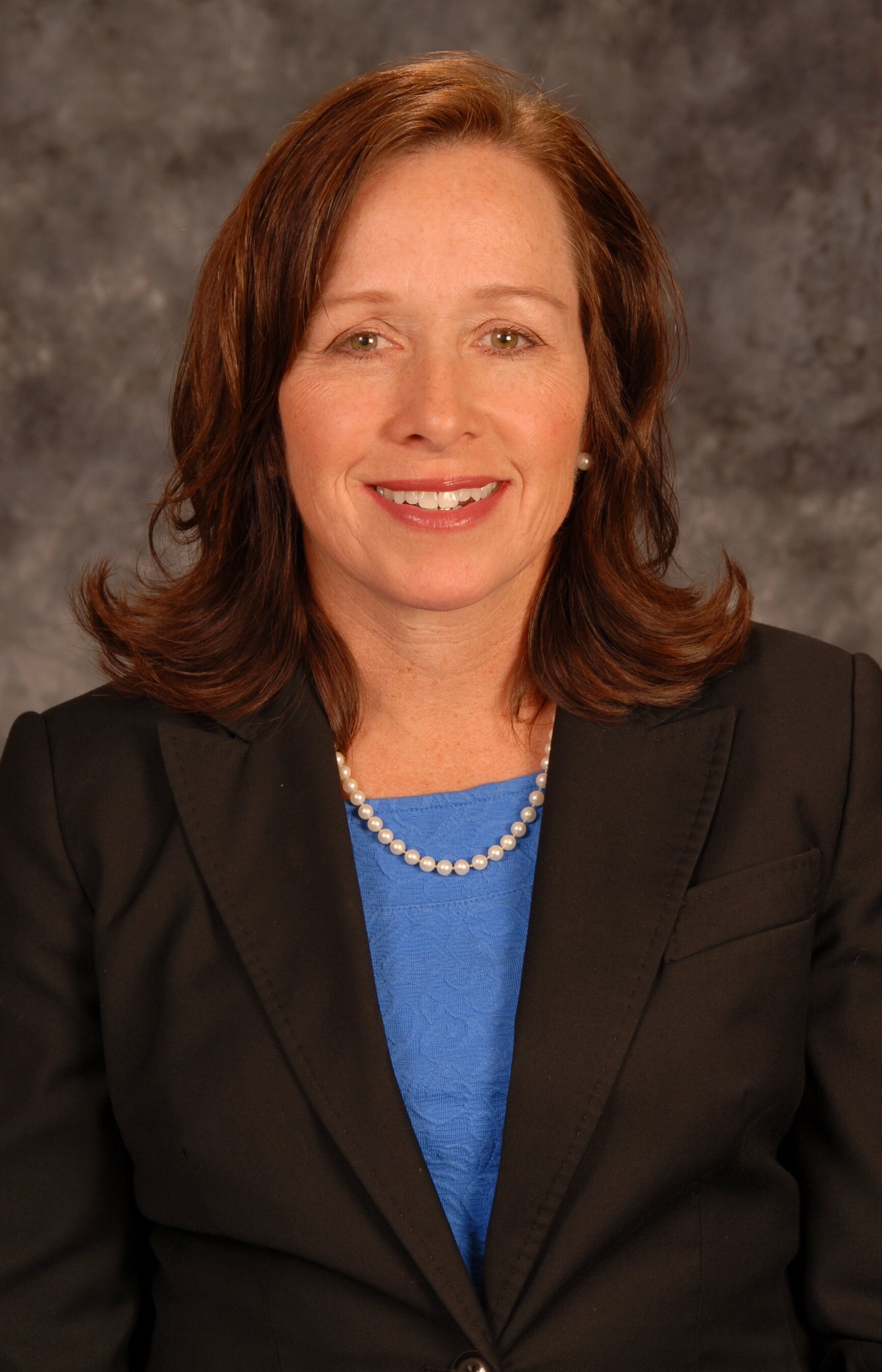
Speaker submitted biosketch
Nancy Bragado is the Deputy Planning Director for the City of San Diego. Nancy currently oversees the City’s Long-Range Planning Division. She has over 25 years of planning experience including managing the City’s General Plan Update. In prior years, Nancy served as the planning liaison between the City of San Diego and the former Metropolitan Transit Development Board, where she was involved in regional transit planning and transit-joint development projects. Ms. Bragado has a Bachelor of Arts degree in environmental studies from the University of California, Santa Barbara, and a Master’s degree in public administration from San Diego State University.
Colin Cureton, Food Systems Director, Community Health Improvement Partners
Speaker submitted biosketch
As the Food Systems Director of the San Diego County Childhood Obesity Initiative, Colin works with schools, hospitals, distributors, farmers, and numerous partners to increase the availability of healthy, local food in San Diego County. Prior to this Colin has advanced food systems change through a dynamic range of roles based in community, universities, public policy, consulting, movement building, and philanthropy. He holds a Masters in Public Policy (M.P.P) concentrating in food policy and a Masters in Applied Economics (M.S.).
Kristen Klingler, Senior Public Health Specialist, Minneapolis Health Department
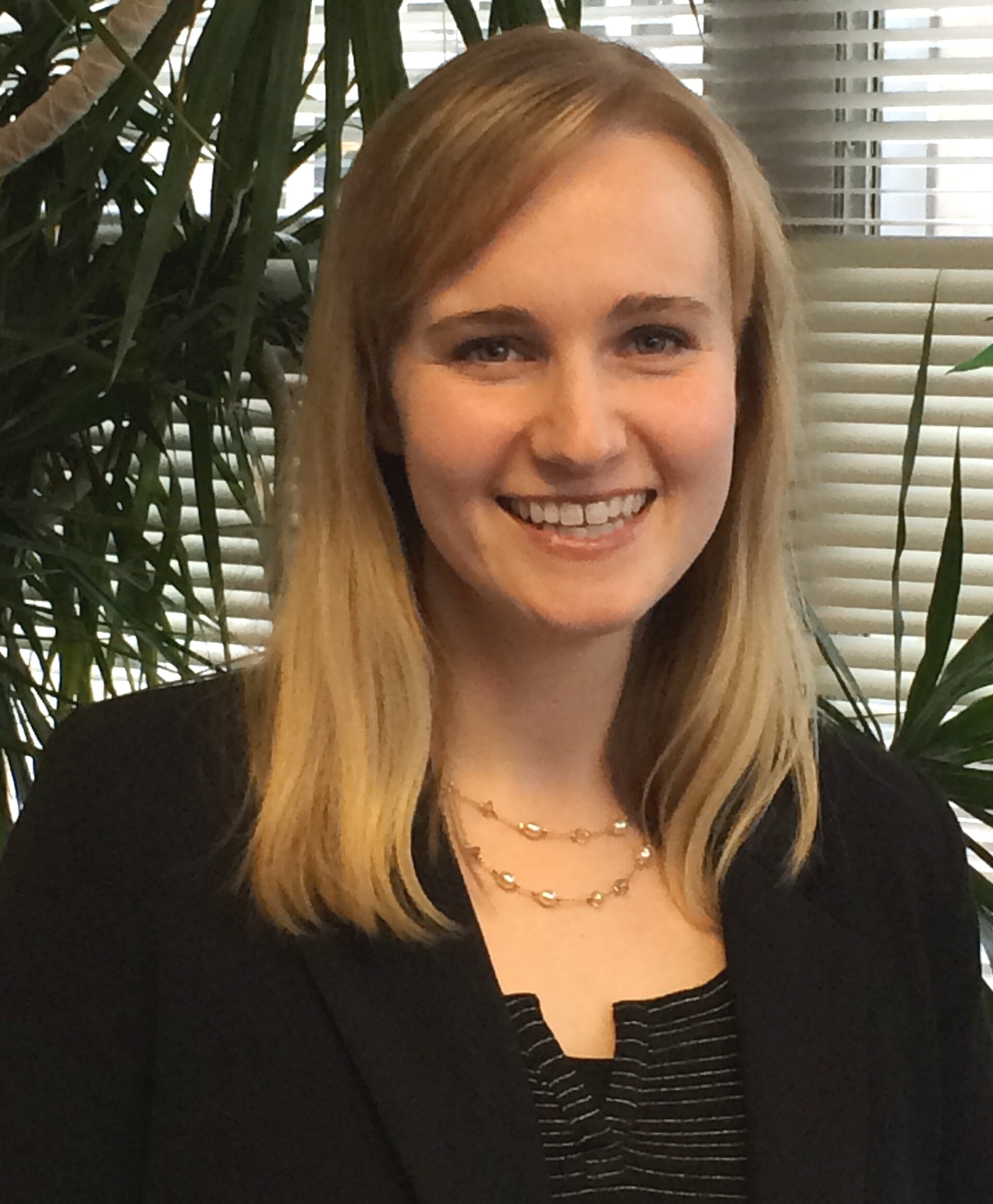
Speaker submitted biosketch
Kristen Klingler is a Senior Public Health Specialist with the Minneapolis Health Department. Ms. Klingler coordinates initiatives that increase healthy food availability in corner stores, food shelves, emergency meal programs and restaurants, with an emphasis on serving low-income populations and communities of color. Ms. Klingler led the development and successful passage of significant amendments to the Minneapolis Staple Foods ordinance, an innovative policy requiring more than 250 licensed food retailers to stock nutritious foods including fresh fruits and vegetables.
Anchi Mei, Senior Program Manager, International Rescue Committee

Speaker submitted biosketch
Anchi Mei, AICP possesses over 10 years of experience in program design, implementation and evaluation with an emphasis on under-served and vulnerable populations. She currently manages one of IRC’s largest, most high-profile programs, including community gardens, incubator farms, farmers’ markets, market incentive projects, school gardens, refugee nutrition education and technical assistance for local procurement and agricultural planning for cities. Previously, she managed urban design and community planning projects for MIG, Inc. Anchi holds a BA in Social and Cultural Anthropology from Stanford University and two Master’s degrees from the University of California, Berkeley in City and Regional Planning and Landscape Architecture.
Moderator: John Young, Agricultural Commissioner , Yolo County Department of Agriculture
Speaker submitted biosketch
John Young, Yolo County's Agricultural Commissioner, is a firm believer in local food sourcing and is a strong steward of the agricultural resources of Yolo County. He has been working in the food system for 25 years and has extensive experience working with farmers. He was the recipient of a California Specialty Crop Block Grant supporting Yolo County’s farm to school efforts. He is also part of Congressman Garamendi’s Agricultural Taskforce. He seeks every opportunity to forward the interests of Yolo County and its diverse communities, while always striving to protect and promote Yolo County’s agriculture for future generations.
Presentations/Handouts
WS 2.6: Going to Scale with “California Thursdays” - 42 School Districts Serving Fresh Food
This session introduces California Thursdays, a program to serve healthy, freshly prepared school meals featuring California-grown foods. California Thursdays simultaneously addresses obesity, food insecurity, environmental sustainability, and community economics through school food. This session will highlight the 2014 rollout (15 districts serving 190 million meals annually) and the program’s expansion.
Please Click the Speaker names below to see their submitted biosketch.
Adam Kesselman, Rethinking School Lunch Program Manager, Center for Ecoliteracy
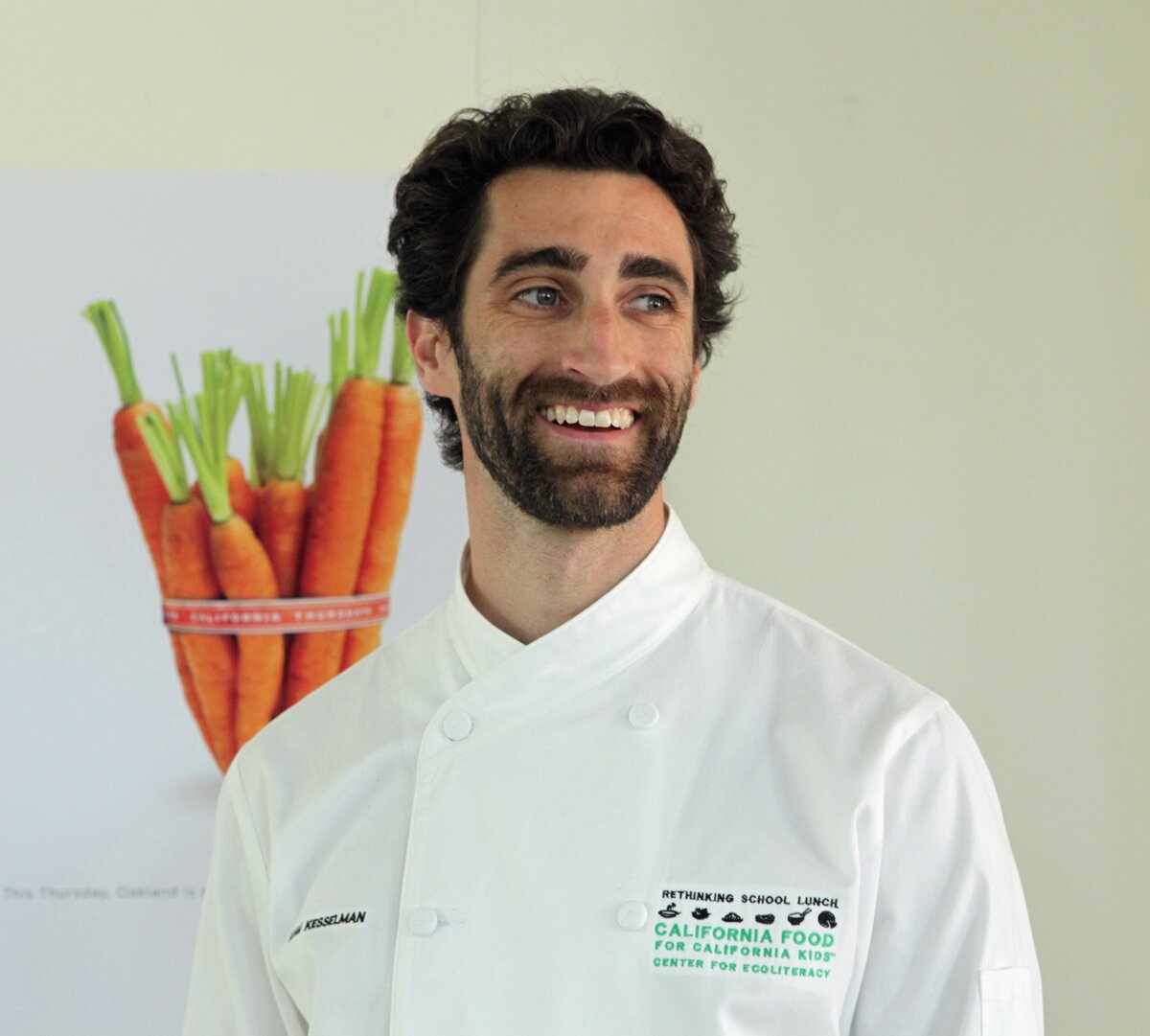
Speaker submitted biosketch
As Rethinking School Lunch program manager at the Center for Ecoliteracy (CEL), Adam works with over twenty school districts to serve more freshly prepared, locally sourced food through California Thursdays, a project of CEL. He is closely involved with national campaigns including School Food FOCUS and Farm to School. Adam founded The Lunch Trust, a consultancy dedicated to crafting a better food system through strategy and innovation. As co-owner of Acre Gourmet, he endeavored to build and support a strong food culture among Bay Area youth. As a restaurant owner and caterer, he supported local producers and highlighted their products.
Bob Knight, Founder, Inland Orange Conservancy and Old Grove Orange, Inc.
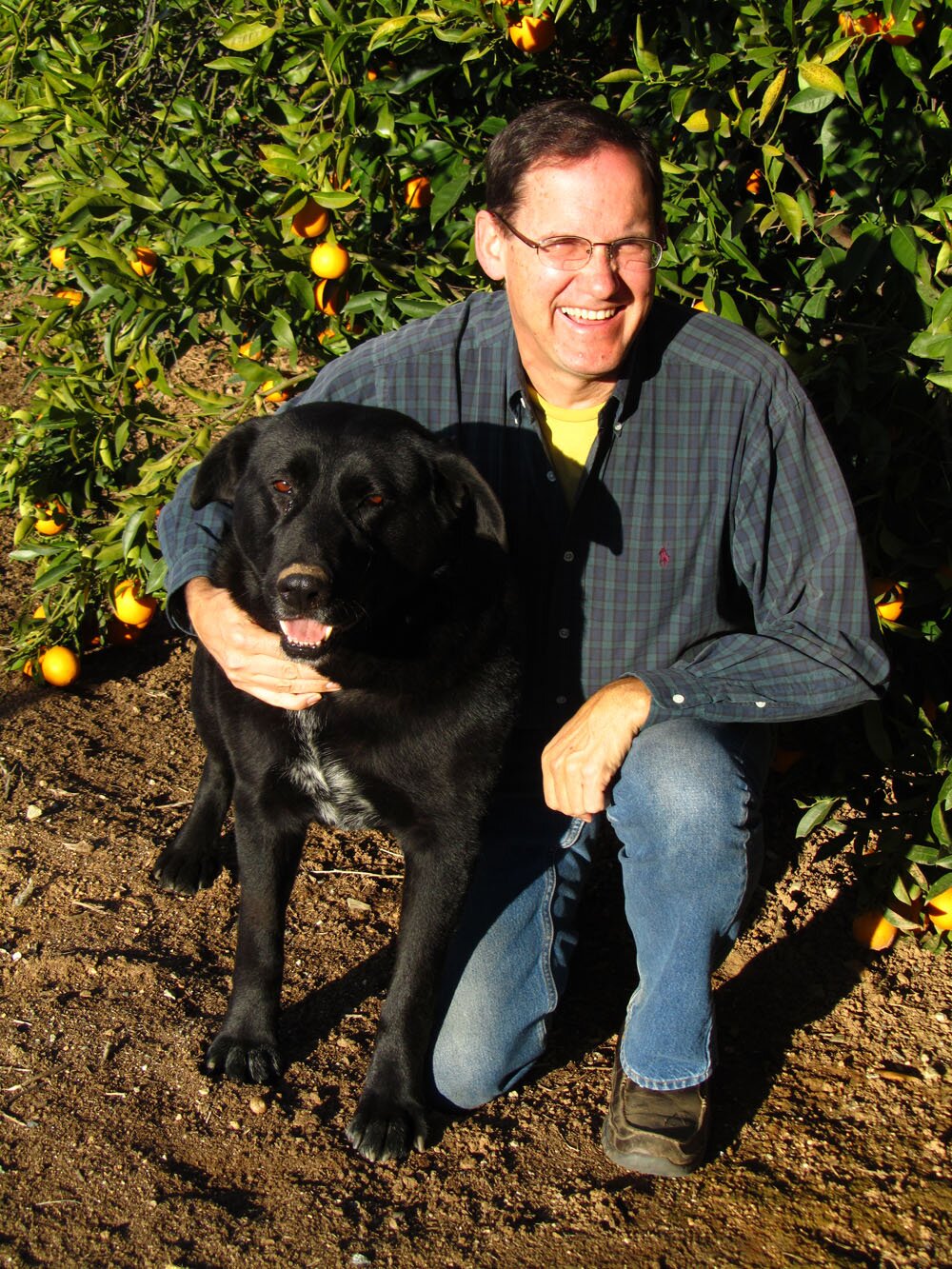
Speaker submitted biosketch
Bob Knight is the founder of Old Grove Orange, a food hub of 28 farmers that provides produce to school programs across southern California, including members of the California Thursdays network. A fourth-generation farmer, he was raised in an orange grove in Redlands, California. After working overseas as a telecom executive for over 20 years, he returned to Redlands to manage the family farm and founded Inland Orange Conservancy to protect small orange growers and preserve the citrus-growing heritage of California's Inland Empire.
Wendelin Slusser, Associate Vice Provost and Clinical Professor of Pediatrics, School of Medicine and Public Health, University of California, Los Angeles
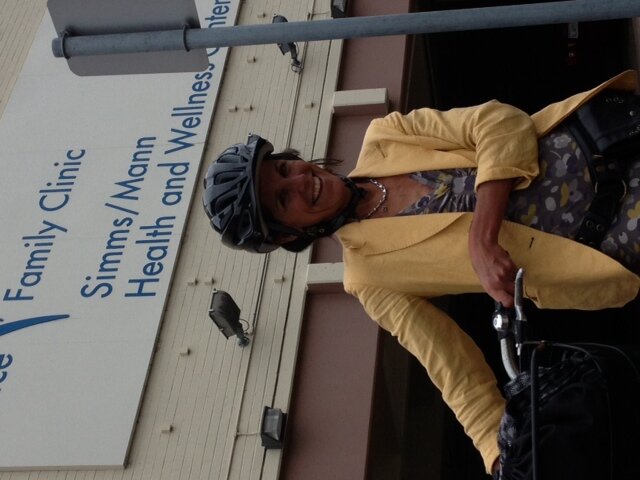
Speaker submitted biosketch
Dr. Wendy Slusser is Associate Vice Provost for the UCLA Healthy Campus Initiative and HS Clinical Professor of Pediatrics in the Schools of Medicine and Public Health at University of California, Los Angeles (UCLA), and Co-Founder and Medical Director of the UCLA Fit for Healthy Weight program. Dr. Slusser graduated Cum Laude from Princeton University, received her Medical Degree from the College of Physicians and Surgeons at Columbia University and her Masters Degree in Science from the Institute of Human Nutrition at Columbia University. She completed her internship and residency in Pediatrics at Babies Hospital, Columbia Presbyterian Hospital in New York City. Dr. Slusser joined the UCLA faculty in 1996 and over the past 18 years has been a leader in community, school, clinic, and family based programs related to health promotion, infant and child nutrition and physical fitness.
Moderator: Frederick Espinosa, Food Service Manager, Acquisition & Production, San Diego Unified School District
Presentations/Handouts
WS 3.4: Linking Farms to Schools through Innovative Strategies and Procurement Practices
Often the most challenging aspect of creating a local farm to school program is linking the farms to the schools and creating a common language between the two. In this workshop we will discuss current practices used by school districts, farmers and nonprofits to make those connections and educate students and the communities. When you leave this workshop you will have learned, new strategies in developing local relationships around the food system; be able to describe the function and benefits of working with local producers to improve school meals and benefit the local economy; and be able to establish goals for next steps to increase purchases of locally grown and produced foods.
Please Click the Speaker names below to see their submitted biosketch.
Matthew Belasco, Director of Child Nutrition Services, Pittsburg Unified School District
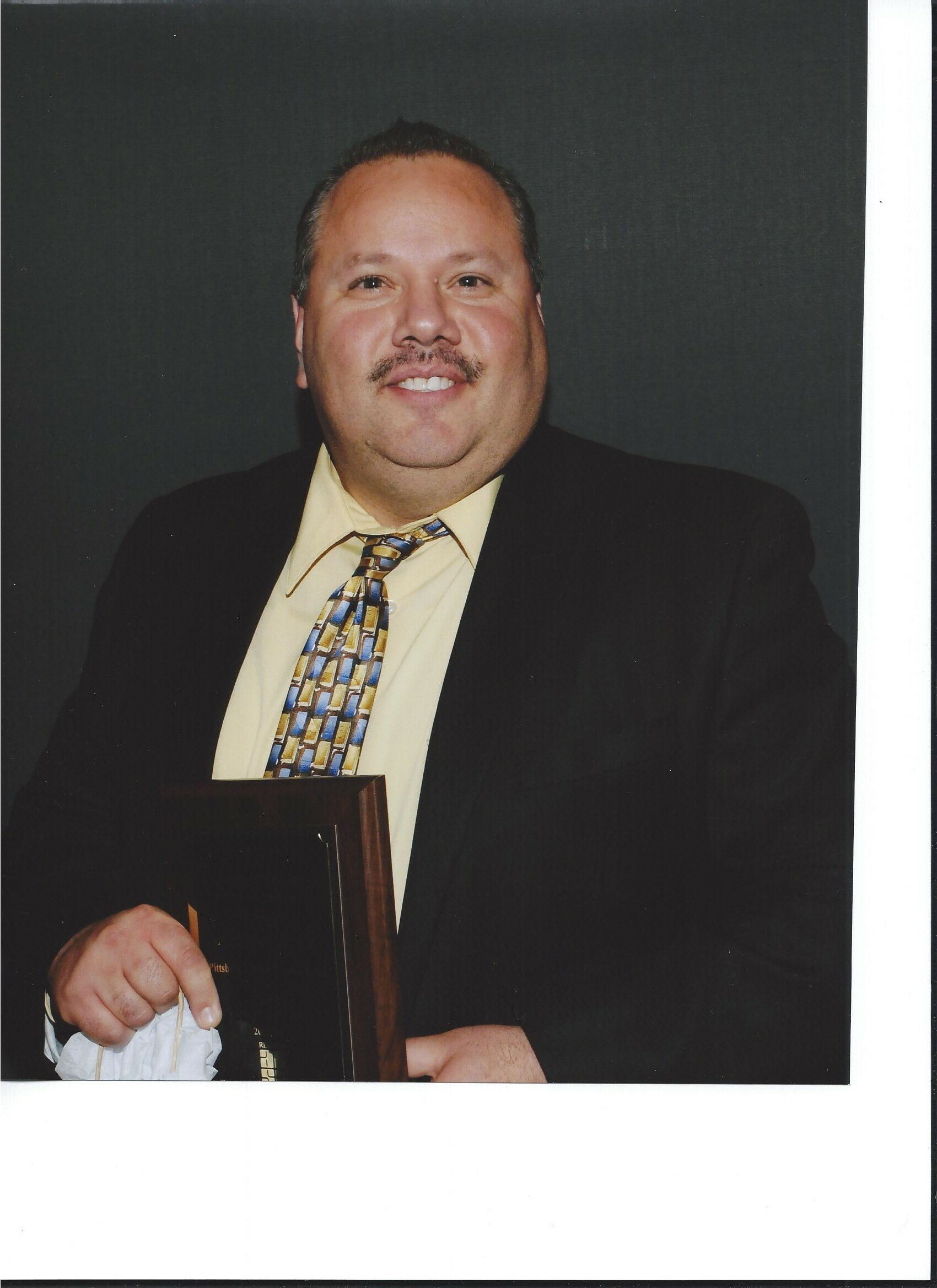
Speaker submitted biosketch
Matthew is the current Director of Child Nutrition Services for the Pittsburg Unified School District. During his tenure at PUSD he has led the department in receiving 13 Healthier US School Challenge Awards and a USDA Farm to School grant, which allowed the department to expand school gardens and increase local procurement. Mr. Belasco has initiated and maintained successful collaborations with local and state agencies and community based organizations. Mr. Belasco’s career has also included work at Tracy and Stockton Unified School Districts, Head Start, and private restaurants. Overall Mr. Belasco has over 25 years in the food service field.
Stephanie Bianco, Associate Professor, Assistant Director, Center for Healthy Communities
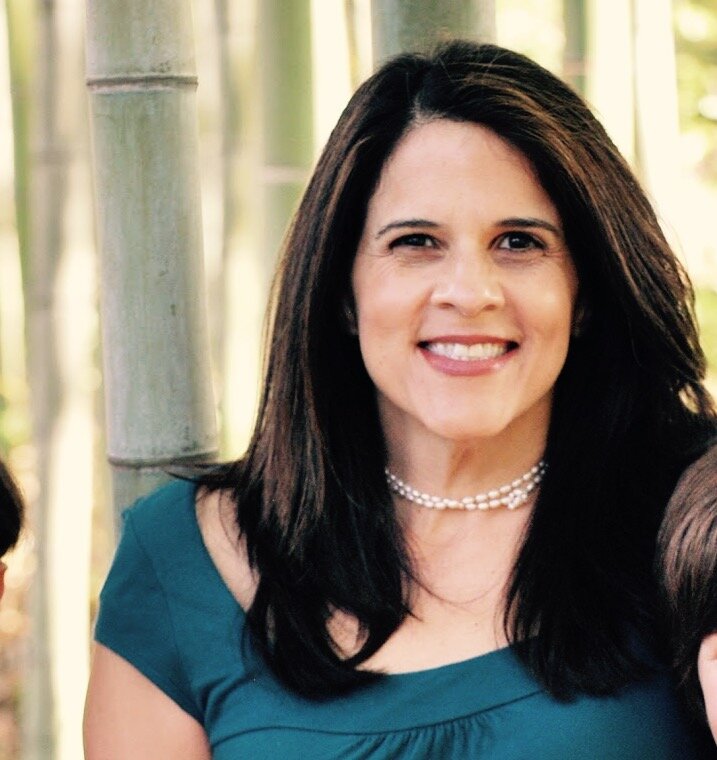
Speaker submitted biosketch
Stephanie Bianco is Assistant Director at CSU, Chico's Center for Healthy Communities (CHC - formerly CNAP) and Professor in the Department of Nutrition and Food Science. Her area of expertise is program management and food safety training. Currently, Stephanie oversees 20+ CHC programs and her research interests include food addiction and weight management, local policy change via youth engagement and farmer food safety training. She co-authored HACCP Fundamentals, a food safety text and certificate program and has 20+ peer-reviewed publications.
Jake Brimlow, Assistant Professor, California State University, Chico
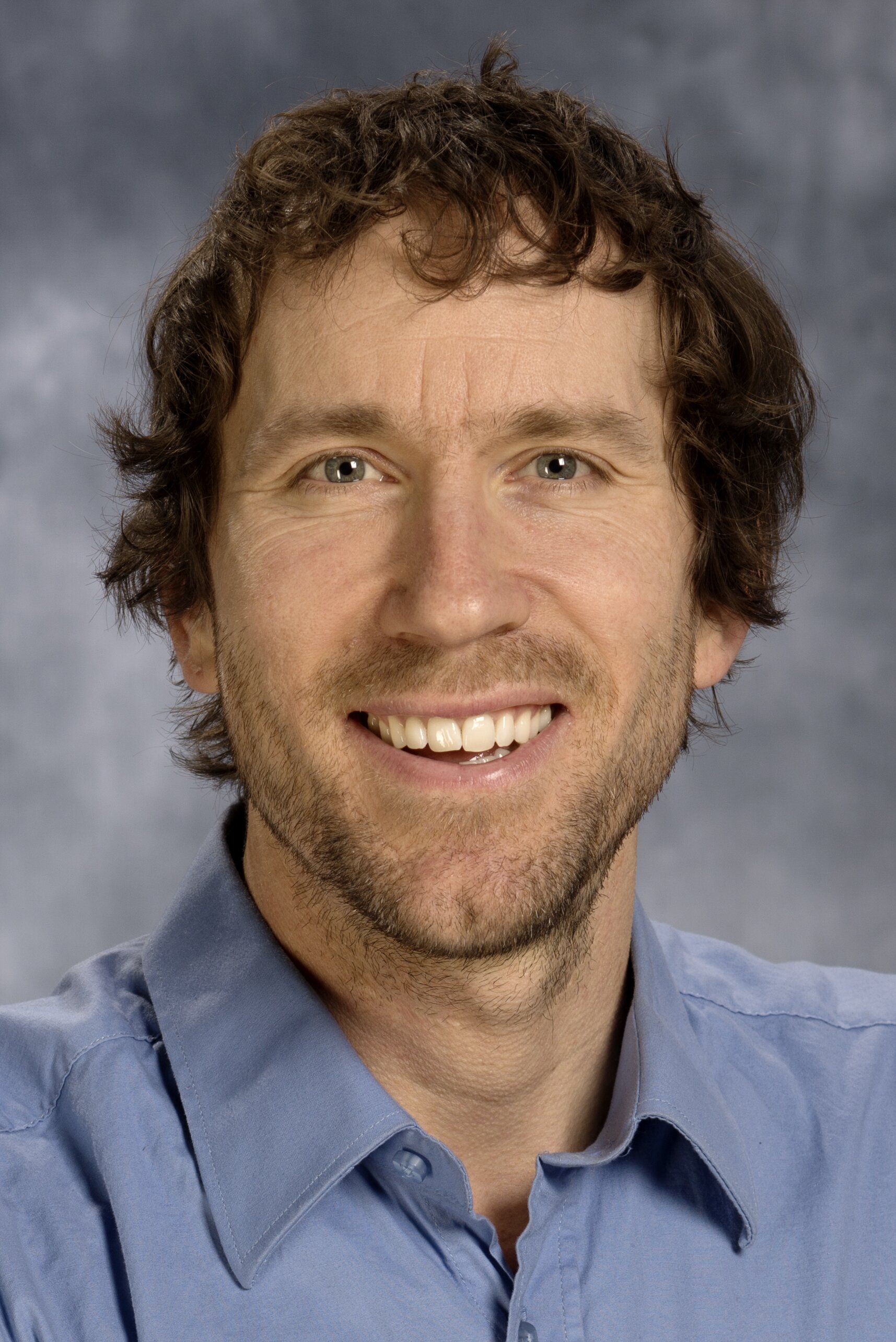
Speaker submitted biosketch
Dr. Jake Brimlow is an Assistant Professor of Agricultural Business in the CSU, Chico College of Agriculture. He has a Ph.D. in Agricultural and Natural Resource Economics from North Carolina State University. His research focuses on improving the profitability and economic resiliency of agricultural producers by identifying and developing market opportunities, particularly for small- and medium-sized producers. Dr. Brimlow has worked on several projects aimed at assessing barriers to local food sales and developing strategies to remove those barriers, including a randomized survey of local growers and development of a regional food hub. Dr. Brimlow’s largest and most recent grant project is a United States Department of Agriculture (USDA) grant designed to assess how gaps in food safety knowledge and certification are limiting local intermediated food markets, such as sales between local growers and restaurants, school districts, and hospitals.
Kacie O'Brien, Farm to School Lead, Western Region, USDA Food and Nutrition Service

Speaker submitted biosketch
Kacie is the USDA Farm to School Lead for the Western Region and has worked on school programs at the USDA Food and Nutrition Service since August 2010. Kacie holds a BA from UC Berkeley and a Masters in Health Science focused on child and adolescent health from the Johns Hopkins Bloomberg School of Public Health.
Moderator: Pamela Lambert, Director Nutrition Services, Oceanside Unified School District
Presentations/Handouts
WS 4.4: A Food Bank Employee, a Farmer, and a Physician Walk into a Bar: Hear How Different Stakeholders are Strategizing to Address Health for Charitable Food Recipients
This session will highlight several local and national initiatives that are linking farm fresh produce to food bank recipients; connecting with diabetes counseling and referral services offered at local food pantries; and developing and using nutrition policies to spark organizational change amongst food bank employees. Panel members include a local farmer, food bank employee, public health anti-hunger advocate and a researcher to showcase how they are uniquely working to address the health of charitable food recipients.
Please Click the Speaker names below to see their submitted biosketch.
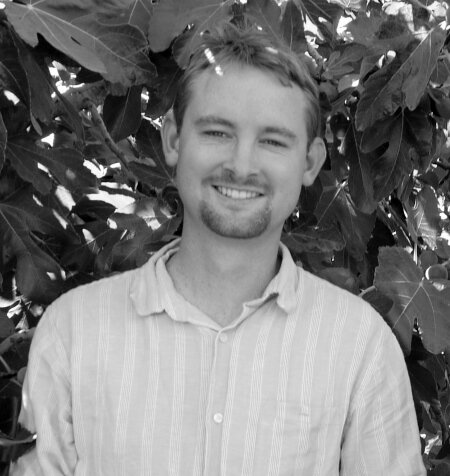
Speaker submitted biosketch
Thaddeus Barsotti was born on his family farm, Capay Organic. Barsotti’s mother, Kathy, started the farm’s CSA (Community Supported Agriculture) and produce delivery program, Farm Fresh To You, in 1992. Today, Farm Fresh To You feeds thousands of California families in Northern and Southern California. A well-spoken and passionate advocate for local and sustainable food systems, Barsotti leads classes for future farmers, participates in panels and is an industry expert on progressive change for food systems. Barsotti spoke at the 7th Biennial Childhood Obesity Conference on the topic of “Policy to Planting: Regional Partnerships Building A Local, Viable Food System.”
Elizabeth Campbell, Associate Specialist, Nutrition Policy Institute, UC Agriculture and Natural Resources

Speaker submitted biosketch
Elizabeth Campbell is a Food Security and Nutrition Consultant. Elizabeth also is a specialist at the Nutrition Policy Institute where she has focused on research and technical assistance related to improving the nutrition quality of foods distributed through the charitable food network. Elizabeth worked for the Food Bank of Central New York for several years and held many positions during her tenure. As the Director of Internal Operations, she oversaw the day-to-day operations of the Food Bank including programming, outreach, nutrition education, and warehousing. As the Nutrition Resource Manager, she led the team that developed and implemented the first nutrition policy for donated foods in the food bank network. She is a registered dietitian.
James Floros, President & CEO, Jacobs & Cushman San Diego Food Bank

Speaker submitted biosketch
Jim Floros joined the Food Bank from the Burn Institute, a nonprofit dedicated to reducing fire and burn injuries and deaths, where he served as executive director and CEO from 1992 to 2012. Before that, Floros served as director of community relations at the world headquarters of Project Concern International, a development agency that provides clean drinking water and immunizations in the poorest regions of the world.

Speaker submitted biosketch
Michelle Marshall, MS, RD is a Registered Dietitian and the Director of Nutrition at Feeding America, the largest domestic hunger relief organization in the U.S. She brings both domestic and international nutrition program and research experience to this role. In her nearly 6 years at Feeding America, Michelle has developed national health and nutrition strategies, built key strategic partnerships with leading health and nutrition research experts and organizations and has led critical shifts in food banking to incorporate a focus on both improved nutrition and health. Prior to joining Feeding America, Michelle worked as a nutrition instructor at Kendall College and as a Dietitian at WIC in Sacramento County. She received her Bachelor’s Degree in International Development from UCLA in Los Angeles and Master’s Degree in Nutritional Science from San Jose State University. She is a member of the Academy of Nutrition & Dietetics and the American Public Health Association. In 2013, Ms. Marshall was selected as the recipient of the Hunger & Environmental Nutrition award of excellence and served as the Chair of the Academy’s House of Delegates Food and Nutrition Security Task Force
Moderator: Kenneth Hecht, Director of Policy, Nutrition Policy Institute, UC Division of Agriculture and Natural Resources
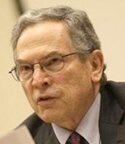
Speaker submitted biosketch
Ken Hecht is the Director of Policy at the Nutrition Policy Institute, University of California, where he is responsible for helping to develop research studies and evaluations that are likely to inform and support the development of strong nutrition policy. In 2012-13, he worked as a consultant in Israel for MAZON: A Jewish Response to Hunger and then for the Israeli National Council on Nutrition Security, which was established by the Knesset to develop nutrition policy and recommendations for key nutrition programs for the State of Israel. In 1992 he co-founded California Food Policy Advocates, a statewide nutrition policy and advocacy organization, where he served as executive director until 2012. Before that, he founded and practiced law in the Youth Law Center and Employment Law Center, two legal services organizations.
Presentations/Handouts
Back to Top
Health Care Approaches to Prevention
Mini-Plenary: MP 1.1: The Evolution of Obesity Prevention: Accelerating Upstream Prevention to Improve Health and Equity in Communities, and to Help a Reforming Health Care System
This session will highlight how obesity prevention practice and policy is evolving. Once the province of nutritionists and fitness advocates, the movement to prevent obesity has been adopted in other sectors including education, agriculture, and environment, and has taken on an equity agenda. Implementing health reform presents both opportunities and imperatives to advance obesity prevention. Our expert panel will highlight initiatives that infuse upstream, multi-sector approaches, address the social determinants of equity and obesity, and that are beginning to integrate with the health care delivery system, with an eye for scale and sustainability.
Please Click the Speaker names below to see their submitted biosketch.
Gina Celano, Population Health Specialist, Nemours Health and Prevention Services
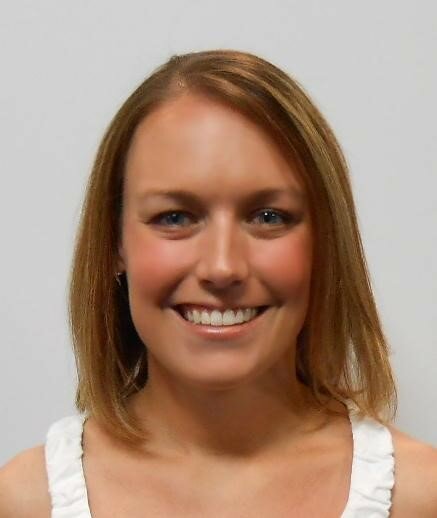
Speaker submitted biosketch
Gina Celano, MS, CHES, is a Population Health Specialist at Nemours Health and Prevention Services. She currently works on community-based work to promote systems and environmental changes to improve access to healthy eating and opportunities for active living. Prior to this, Gina has worked on training and technical assitance initaitves in schools and child care and was one of the authors of “First Years in the First State: Improving Nutrition and Physical Activity in Delaware Child Care”, a five toolkit series funded by a USDA Team Nutrition Grant. Gina earned her Bachelor of Science in Dietetics and Master of Science in Health Promotion, both from the University of Delaware.
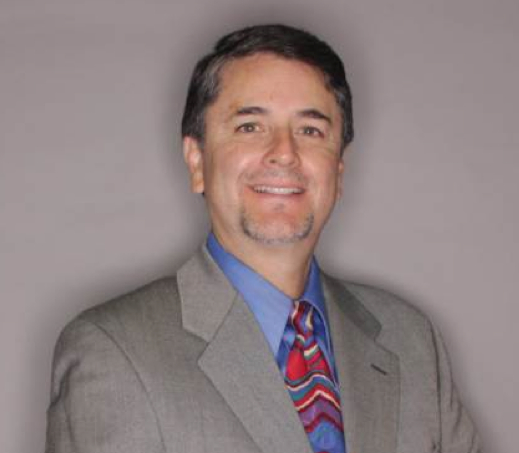
Speaker submitted biosketch
Dr. Flores is a Program Manager for The California Endowment. His work involves strengthening the health workforce and public health system, linking primary care and community-based prevention to address the social and environmental factors that shape health outcomes. Dr Flores previously managed grant-making to Healthy Eating Active Communities and the Central California Regional Obesity Prevention Program. Formerly Public Health Officer in San Diego and Sonoma Counties, Dr. Flores received his MD from Utah, and MPH from Harvard. He is a member of the Institute of Medicine committees on Preventing Childhood Obesity, Future of the Public’s Health; and Population Health Improvement Roundtable.
Loel Solomon, Vice President, Community Health, Kaiser Permanente

Speaker submitted biosketch
Loel Solomon, Ph.D., M.P.P., joined Kaiser Permanente’s Community Benefit Program in 2003 and serves as Vice President for Community Health. In this position, Dr. Solomon works with health plan and medical group leaders to establish the strategic direction for Kaiser Permanente’s multi-faceted approach to prevention and community health and develops national partnerships to advance those ends. He was a co-founder of the Convergence Partnership, a collaborative of national funders working to advance policy and environmental approaches to community health, and currently serves on the Convergence Partnership’s steering committee. Dr. Solomon also leads Kaiser Permanente’s Community Benefit Community of Practice and oversees the program’s evaluation and community health needs assessment activities. Prior to coming to Kaiser Permanente, Dr. Solomon served as Deputy Director of the California Office of Statewide Health Planning and Development (OSHPD) for Healthcare Quality and Analysis where he oversaw the state’s hospital outcomes reporting program, analyses of racial and ethnic health disparities and dissemination of healthcare data to researchers and members of the public. He served as a senior manager at the Lewin Group in Washington, D.C. and as a member of Senator Edward Kennedy’s health staff. Dr. Solomon received his Ph.D. in Health Policy from Harvard University and a Master of Public Policy degree at University of California, Berkeley.
Moderator: Ginny Ehrlich, Director, Robert Wood Johnson Foundation

Speaker submitted biosketch
Ginny Ehrlich, an expert in childhood health, directs child obesity initiatives at the Robert Wood Johnson Foundation. In 2012, she started the Clinton Health Matters Initiative, the Clinton Foundation’s initiative focused on reducing preventable deaths and closing health inequity gaps in the United States. Ehrlich set the vision, strategy, and blueprint for the organization and building partnerships with more than 50 corporations and non-profits to support access to health and wellness. From 2006 to 2013 Ehrlich was CEO of the Alliance for a Healthier Generation. While head of the Alliance for a Healthier Generation, Ehrlich oversaw the transition of the organization, originally a joint venture of the Clinton Foundation and the American Heart Association, to an independent non-profit. She also positioned the Alliance as a national leader in the childhood obesity prevention arena, as evidenced by its distinction as a Founding Member of First Lady Michelle Obama’s Let’s Move Initiative. And from 2006 to 2008 Ehrlich was founding Director of the Healthy Schools Program, what is now the largest school-based obesity prevention effort in the country, active in more than 30,000 schools in all 50 states. Ehrlich holds a Doctorate of Education in Education Leadership and a Master of Science in Special Education, both from the University of Oregon, a Master of Public Health from Boston University and a BA in Community Health Education, from the University of Oregon.
Presentations/Handouts
WS 1.2: Are you Tech Savvy? How to Assess if Technology Can Help Kids and Families
This session will provide participants with examples of how technology has been used with children to promote behavior change. Participants will learn ways to approach technology to determine if and how it fits a need. Part of the session will be interactive group discussions where the audience will share their own experiences using or thinking about technology.
Please Click the Speaker names below to see their submitted biosketch.
Jennifer Bass, Quality Lead for Pediatric Exercise and Obesity, Kaiser Permanente, Northwest Region
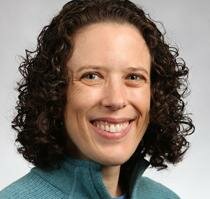
Speaker submitted biosketch
Jennifer Bass went to NYU School of Medicine and did her pediatric residency at Albert Einstein Montefiore Hospital. Next, she was a chief pediatric resident at Bronx Lebanon Hospital, and then worked at Jacobi Medical Center in Bronx, NY as a staff physician and Assistant Professor of Pediatrics. There, she ran a Family Weight Management Program. She currently resides in Portland, Oregon and works at Northwest Permanente as a general pediatrician and Regional Quality Lead for Pediatric Exercise and Obesity.

Speaker submitted biosketch
Tamie Tlustos-Arnold, RN, BS a Pediatric Care Manager with Northwest Kaiser Permanent developed and implemented a pediatric obesity weight management clinic at the Rockwood medical home in Gresham, Oregon. The program utilizes a multi-disciplinary approach to weight management and is geared toward a primarily underserved population in the community. Tamie is a graduate from Walla Walla College School of Nursing and has been a nurse for over 18 years working primarily in the field of pediatrics and education. She is currently pursuing her Master’s degree in Healthcare Administration from the Oregon Health Science’s University in Portland, Oregon. Tamie is an active advocate for healthy living in her community and was instrumental in the adoption of the Healthy Eating and Active Living campaign and the Let’s Move Cities, Towns and Counties Initiative in the city where she and her family reside.

Speaker submitted biosketch
Kimberly Young, MS, is a Health Promotion Consultant for Kaiser Permanente in Colorado. She co-developed the group curriculum for Zamzee as a resource for health and fitness leaders. She was also one of the stakeholders for the Zamzee pilots for KP in Northern California and Colorado. Her passion in life is combining her skills as an elementary school teacher and health educator to produce engaging programs for children and families. When she’s not consulting, she’s out with her dog hiking and cross country skiing in the Colorado Rockies.
Moderator: Julia Lee, Senior Consultant, Digital Health Strategy, Kaiser Permanente

Speaker submitted biosketch
Julia Lee is a health care technology strategist and consultant. In her role on Kaiser Permanente's Digital Health Strategy Team, she helps develop the technology roadmap to facilitate virtual care experiences. Prior to joining Kaiser Permanente, she assisted health care non-profits develop new technologies for screening programs and studied cost factors associated with Traumatic Brain Injury patients at UCSF. She holds a BA in Economics and a MBA from the University of California, Davis.
Presentations/Handouts
WS 2.7: Family Centered Group Visits: Reducing Childhood Obesity in Vulnerable Populations
This session will highlight two innovative, evidence-based programs that utilize an interdisciplinary model to address obesity through a family centered approach. Active & Healthy Families of Contra Costa County is a culturally and linguistically tailored program for Latino families that utilizes interactive learning activities and measurable, goal- oriented tools for children and their families in the adoption of healthier habits. The Bite to Balance program in Alameda County utilizes fresh produce as a novel incentive and intervention for participation in an engaging pediatric group education program. Replicable lessons learned will be shared.
Please Click the Speaker names below to see their submitted biosketch.
Speaker submitted biosketch
Michele Bunker-Alberts is a Board-Certified Family Nurse Practitioner (FNP-BC), Internationally Board-Certified Lactation Consultant (IBCLC), and longtime advocate for low-income women and children’s healthcare programs in the San Francisco Bay Area. Her current work at Highland Hospital, part of Alameda Health System (former Alameda County Medical Center), in Oakland covers both inpatient and outpatient women’s and pediatric care; in these capacities, Ms. Bunker-Alberts developed and manages the Medical Center's lactation program, recently designated as a Baby-Friendly Hospital, is co-PI of a clinic-based, grant-funded, pediatric obesity-prevention program and research project, and works in the colposcopy and LEEP program.
Annabelle Cadiz, Senior Public Health Nutritionist, Contra Costa Health Services

Speaker submitted biosketch
Annabelle Cadiz, MS, RD is a Senior Public Health Nutritionist for Contra Costa County Health Services. She has worked in both the acute care and public health settings and for the last 12 years with the county’s public health division, her focus has been on pediatric obesity. Her most significant contribution is the initiation, development and expansion of Contra Costa’s Active & Healthy Families pediatric obesity group appointments program. This model aims at primarily serving low-income families. The program is culturally and linguistically tailored to meet the needs of Contra Costa's diverse population.

Speaker submitted biosketch
Daniela Jaramillo, RD works for Contra Costa County Public Health Clinic Services. She has a passion for delivering nutrition education and working at the prevention level of childhood obesity with the underserved Hispanic community. Currently, Daniela is dedicated to the expansion of the Active & Healthy Families program, a pediatric childhood overweight medical group appointment program for Hispanic families in the San Francisco Bay Area. Daniela enjoys cooking, doing yoga and spending time outdoors with her family.
Tola Williams, Nurse Case Manager, Bite to Balance, Alameda Health System

Speaker submitted biosketch
Tola Williams, MSN, RN, PHN, has been a longstanding advocate for pediatric and community health. She graduated from San Francisco State University with a Masters in Public Health Nursing and a Bachelors in Kinesiology. She served as the nurse case manager for Highland Hospital’s innovative childhood obesity intervention study, Bite to Balance. Tola also has experience working as a pediatric nutrition educator. She currently works in pediatric home health and school nursing.
Moderator: Kristine Madsen, Associate Professor, Joint Medical Program & Public Health Nutrition, UC Berkeley, School of Public Health

Speaker submitted biosketch
Dr. Kristine Madsen, an Associate Professor at UC Berkeley’s School of Public Health, is a pediatrician and research scientist studying pediatric obesity and health inequalities. With funding from the NIH, the American Heart Association, and the Robert Wood Johnson Foundation, she works to identify policies and programs that will improve youths’ nutrition and physical-activity environments. Research topics range from the impact of soda taxes on sugar-sweetened beverage consumption to the use of technology to increase participation in school lunch programs.
Presentations/Handouts
WS 3.7: The Continuum of Care: From Primary Prevention to Tertiary Management
This session will highlight collaborative partnerships that have resulted in innovations in health care delivery across the spectrum of obesity management from primary prevention to tertiary care. A primary prevention approach will be shared that focuses on building healthy habits among children ages 0-5 years old, as well as a multidisciplinary and tertiary management program that features partnerships to promote sustainable and effective care.
Please Click the Speaker names below to see their submitted biosketch.
Samantha Anzeljc, Quality Improvement Consultant, Ohio Chapter, American Academy of Pediatrics

Speaker submitted biosketch
Dr. Anzeljc is the Quality Improvement Science Lead at the Ohio Chapter, American Academy of Pediatrics. She received her PhD from The Ohio State University in Nutritional Sciences with an emphasis on childhood obesity prevention and management in primary care. She has authored research and provided presentations throughout Ohio and nationally on this topic. She is currently serving as the Quality Improvement Consultant for the Ohio Chapter on the Preschool Vision Screening, Injury Prevention, Parenting at Mealtime and Playtime, Good4Growth, and Transforming Adolescent Care Learning Collaboratives.
Amy Sternstein, Assistant Clinical Professor of Pediatrics, OSU and Center for Healthy Weight and Nutrition Nationwide Children’s Hospital
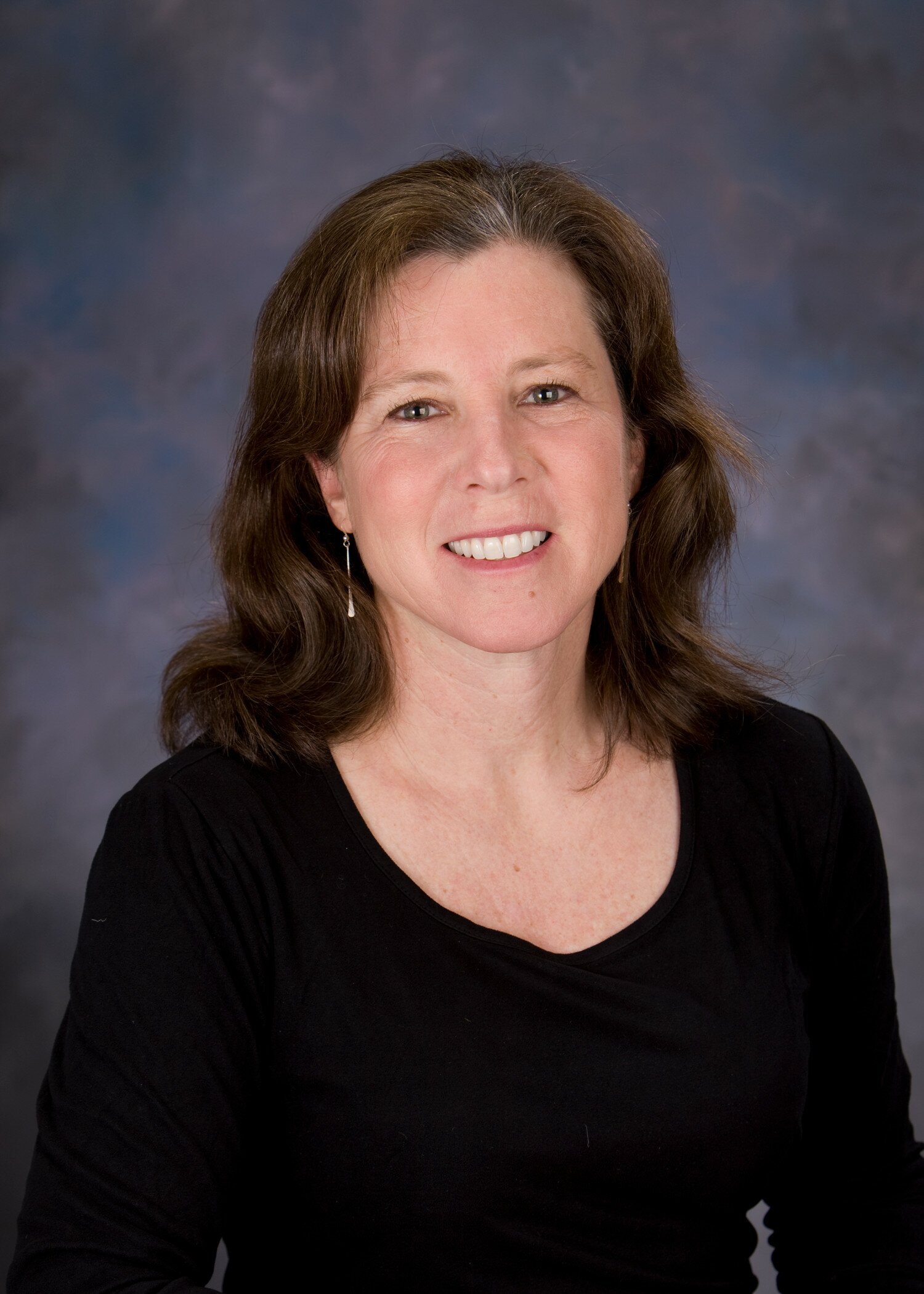
Speaker submitted biosketch
Amy Sternstein, MD, FAAP, is the coordinator of the Ounce of Prevention program at the Nationwide Children's Hospital/ AAP,Ohio Chapter and a Clinical Assistant Professor of Pediatrics at The Ohio State University College of Medicine. Dr. Sternstein is board certified in general pediatrics. Her clinical interests include wellness and nutrition education, obesity prevention, school health and physical fitness. Prior to joining the Center, she spent 11 years in general Pediatrics and was a staff member of The Borden Center for Nutrition and Wellness. She is currently a clinical staff member within The Center for Healthy Weight and Nutrition, Nationwide Children's Hospital, Columbus, OH.
Miranda Westfall, Program Manager & Clinic Dietitian, Fit for Healthy Weight Program University of California, Los Angeles
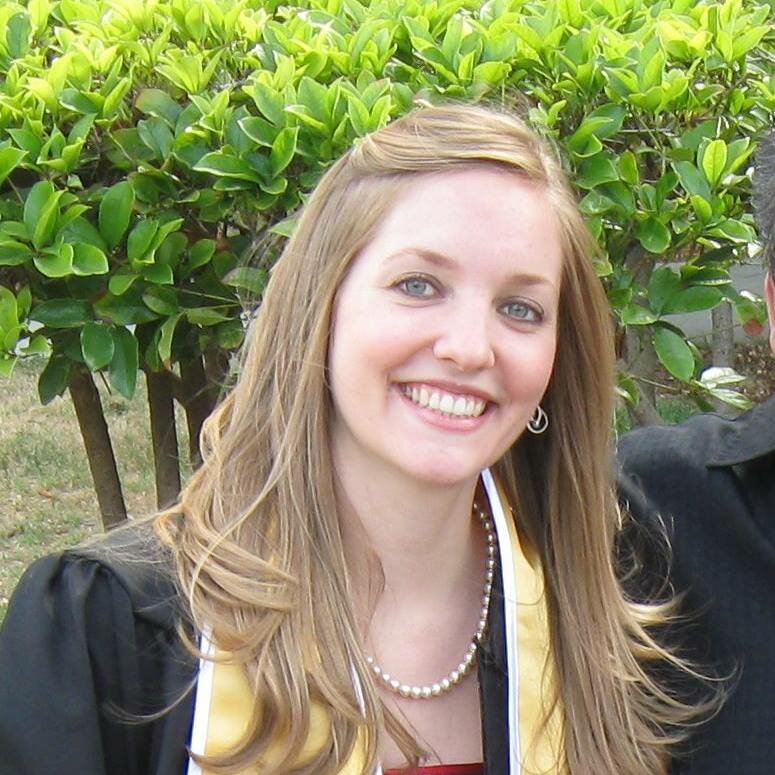
Speaker submitted biosketch
Miranda Westfall is the Program Manager and Clinic Dietitian at the Fit for Healthy Weight program at the University of California, Los Angeles. Ms. Westfall coordinates the Fit for Healthy Weight multidisciplinary pediatric obesity clinic, which provides comprehensive care to patients and families through in-person and telehealth clinics. As part of the multidisciplinary care team, Ms. Westfall provides dietary assessment and behavior change support to children and their families. Miranda Westfall is a Registered Dietitian and holds a Masters Degree in Public Health from the UCLA Fielding School of Public Health where she graduated magna cum laude in 2014.
Jennifer K. Yee, Assistant Professor, Pediatric Endocrinology, Be Forever Fit Program at Harbor-UCLA Medical Center
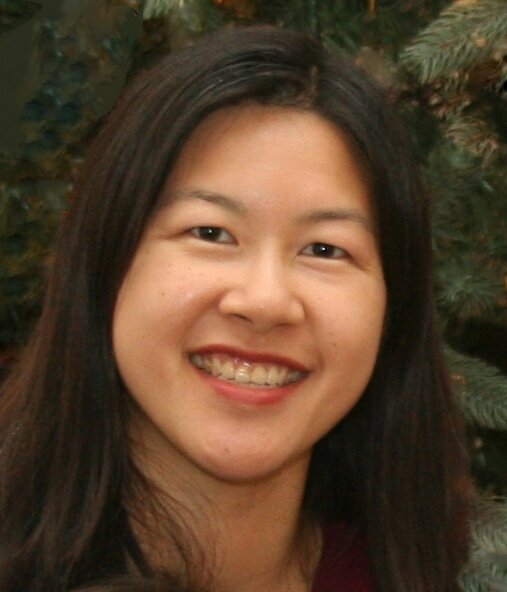
Speaker submitted biosketch
Dr. Yee received her medical degree and completed pediatric residency at the University of California, Irvine. After fellowship in pediatric endocrinology at Harbor-UCLA Medical Center, she became a faculty member with an NIH Career Development Award, conducting research on fatty acid metabolism in development of obesity. Dr. Yee is Director of the Be Forever Fit pediatric weight management program at Harbor-UCLA. She is also Chief of the Division of Pediatric Endocrinology, and Director of the Pediatric Endocrinology Fellowship Program.
Moderator: Megan Lipton-Inga, Director of Program Development, Diabetes and Obesity Program Children's Hospital Los Angeles

Speaker submitted biosketch
Megan Lipton-Inga, MA, CCRP is the director of Program Development for the Diabetes and Obesity Program, and research administrator for the Division of Endocrinology at Children’s Hospital Los Angeles. As Director and Principal Investigator of Kids N Fitness©, she has been involved in researching, implementing, and adapting weight-management interventions in hospital and community-based settings such as FQHCs, afterschool programs, parks, and faith-based settings for 10 years. She holds a Master’s in International Affairs with a focus in Public Health from Columbia University.
Presentations/Handouts
Back to Top
Marketing to Kids
Mini-Plenary: MP 2.1: Taxing Sugar-Sweetened Beverages for Public Health: What Have We Learned From the Mexico, Berkeley, and San Francisco Initiatives?
2013 and 2014 were watershed years for public health efforts to levy taxes on sugar-sweetened beverages. As other locales across the country consider whether such a tax might be right for their community, the Mexico, Berkeley, and San Francisco experiences hold key lessons about winning strategies, the beverage industry's response, and early data about the impact of sugar-sweetened beverage taxes on consumption.
Please Click the Speaker names below to see their submitted biosketch.
Rebecca Berner, El Poder del Consumidor, Directora de Desarrollo Institucional

Speaker submitted biosketch
Rebecca has dedicated her career to strengthening civil society organizations committed to rights-based societal transformation in Mexico and Latin America through popular education, program development, campaigning, fundraising, institutional strengthening and networking. At the Mexican consumer rights organization El Poder del Consumidor—a main advocate of the national SSB tax passed in 2014—, Rebecca supports awareness raising and networking to further obesity prevention in Mexico, including participation in the design and evaluation of mass media campaigns, such as "Don't harm yourself drinking sugary drinks," "Let's go back to water," "Our kids come first" and most recently "What did your kids eat today?" on the threat of diabetes to future generations in Mexico.
Speaker submitted biosketch
Maureen Erwin is a partner at Erwin and Muir, a San Francisco-Bay Area political consulting and public affairs firm. Founded in 2008, Erwin and Muir hold a 90% win record and have secured over half a billion dollars in financing for schools, roads, transportation infrastructure and parks improvements through 2/3rds voter approval. Erwin and Muir managed San Francisco’s November 2014 soda tax measure, Proposition E, which garnered 56% of the vote despite being outspent 30:1 by the beverage industry. Their portfolio includes successful campaigns for US Congress, state assembly, county supervisor, city council, and community outreach for non-profits, school districts and trade associations.? erwinandmuir.com
Xavier Morales, Executive Director, Latino Coalition for a Healthy California

Speaker submitted biosketch
Xavier, executive director for the Latino Coalition for a Healthy California, served on the Berkeley Measure D Steering Committee that passed the first SSB tax in the US and is also serving on the Panel of Experts that advises the city on the allocation of the tax revenues. He serves on the boards of The Praxis Project and The California Pan-Ethnic Health Network. Xavier studied environmental sciences at the University of California and city and regional planning at Cornell University.
Moderator: Harold Goldstein, Executive Director, California Center for Public Health Advocacy

Speaker submitted biosketch
Harold Goldstein, DrPH, is the Executive Director of the California Center for Public Health Advocacy, founded in 1999. CCPHA is a nationally recognized leader in advocating for public policies to address the social, economic, and community conditions that perpetuate the obesity and diabetes epidemics. CCPHA has lead groundbreaking statewide campaigns including the removal of soda and junk foods from schools and establishing the nation’s first state menu labeling law. Harold has a Bachelors degree in physiology from UC Berkeley and both Masters and Doctorate degrees in public health from UCLA.
Presentations/Handouts
WS 2.3: Would You Eat 91 Cubes of Sugar: A Look at Several Strategies for Decreasing Consumption of Sugary Drinks
In this session, experts will provide a local perspective on either implementing and/or assessing a public health campaign aimed at reducing sugary drink consumption or increasing water consumption. Session highlights include an illustration of how healthy beverage media campaigns can be part of an integrated approach to encourage healthier beverage choices in low-income communities and a statewide initiative model to increase awareness on the health impacts of sugar-sweetened beverages.
Please Click the Speaker names below to see their submitted biosketch.

Speaker submitted biosketch
Hannah Chichester is a sophomore at Skyline High School in Front Royal, Virginia. She has been a member of Y Street, Virginia's largest youth-led volunteer group, for 2 years.

Speaker submitted biosketch
Sarah Chichester is a sophomore at Skyline High School in Front Royal, Virginia. She has been a member of Y Street, Virginia's largest youth-led volunteer group, for 2 years.
Henry Harper, Director of Community Outreach and Development, Virginia Foundation for Healthy Youth
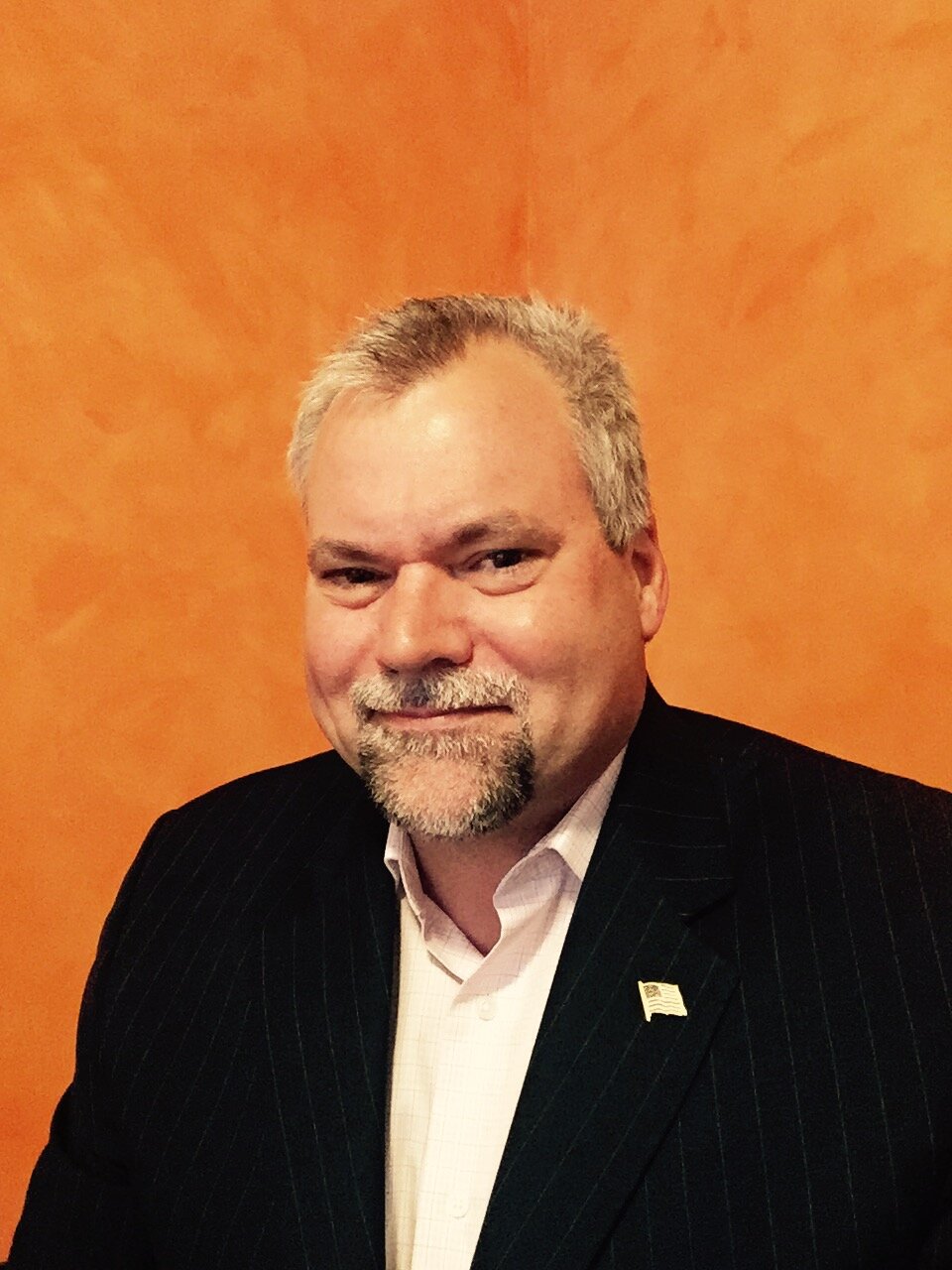
Speaker submitted biosketch
Henry Harper is the Director of Community Outreach and Development for the Virginia Foundation for Healthy Youth. His primary responsibilities include the planning and coordination of all of the foundation’s conferences and community trainings. Henry oversees several staff and conference committees within the foundation and is responsible for the budgeting and contract management of all conference suppliers and contractors. Henry has worked in the field of Outreach and Communications since graduating from Old Dominion University in 1986.
Morgan Pareja, Associate, The Sarah Samuels Center for Public Health Research and Evaluation
Speaker submitted biosketch
Morgan Pareja earned her MPH in Health Behavior and Health Education from the Gillings School of Global Public Health at the University of North Carolina. As an Associate, Morgan is involved in all aspects of project management including evaluation design, tool design, data collection, qualitative analysis, report writing, and dissemination. Morgan’s research interests include health disparities among Latino and urban communities, chronic disease prevention, school health issues, and health policy evaluation. She has extensive experience evaluating nutrition and physical activity environments.
Moderator: Renee Gross, Coordinator of Legal Initiatives, Rudd Center for Food Policy and Obesity (UConn)

Speaker submitted biosketch
Renee Gross is Coordinator of Legal Initiatives at the Rudd Center for Food Policy & Obesity. She provides legal analyses for policy options concerning food marketing, healthy drinks, obesity, and nutrition issues. Renee works at the local, state, and national level to build understanding and support for food and beverage policies, and helps translate the Rudd Center’s research findings into essential legal reforms needed to effectuate lasting change.
Presentations/Handouts
WS 3.3: Unhealthy Food Marketing in Schools: National Progress, State and Local Action
Each year, companies spend $150 million marketing (mostly unhealthy) foods and beverages in U.S. schools. Companies have made commitments and USDA has proposed a national school marketing policy. Come hear about what's happening regarding school marketing at the national, state, and local level. Speakers will share best practices, lessons learned, and other resources to support efforts to address unhealthy food marketing in schools.
Please Click the Speaker names below to see their submitted biosketch.
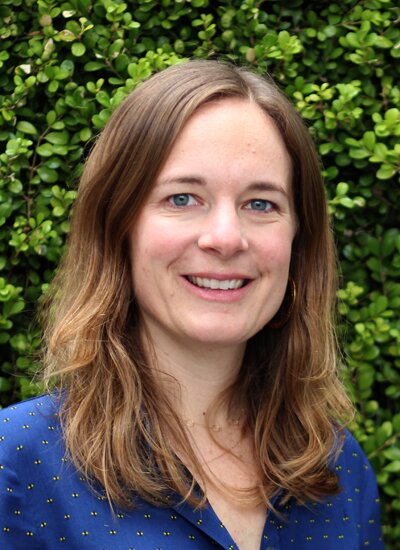
Speaker submitted biosketch
Sabrina Adler is a senior staff attorney at ChangeLab Solutions, where she works primarily on legal and policy issues related to food marketing to children. Previously, she assisted legal aid attorneys with child care cases and did policy work on health and obesity prevention as an attorney at the Child Care Law Center. In addition, she founded the San Francisco Medical-Legal Partnership to provide direct legal services to low-income pediatric patients and their families. Her practice included advocacy in housing, health, public benefits, disability, education, and family law. Sabrina graduated from Brown University (magna cum laude) and Stanford Law School.
Stephanie Tama-Sweet, Western Region Campaign Manager, Voices for Healthy Kids, American Heart Association & American Stroke Association

Speaker submitted biosketch
Stephanie Tama-Sweet currently serves as the Western Region Campaign Manager with Voices for Healthy Kids, an AHA initiative focused on reversing childhood obesity. Prior to this role she served as a State Director of Government Relations for the AHA where she secured increased funding for tobacco prevention, physical activity and nutrition programs. Stephanie has also lobbied on health reform and prevention, food security and low-income housing policies and has led local electoral campaigns. Stephanie holds an MA degree from Biola University and undergraduate degrees from the University of Wisconsin-Madison.
Moderator: Margo Wootan, Director of Nutrition Policy, Center for Science in the Public Interest
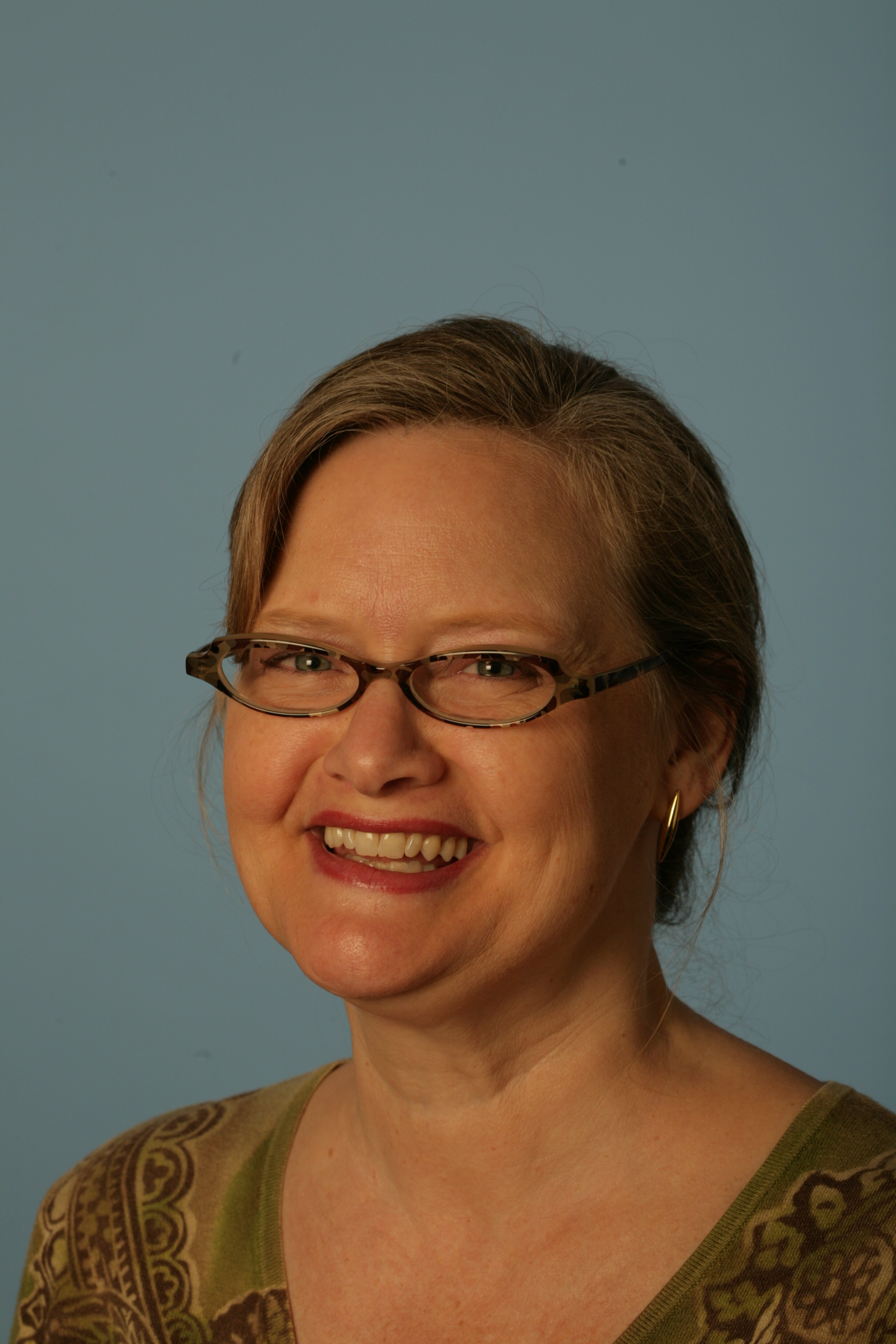
Speaker submitted biosketch
Margo Wootan was recently named one of the Most Innovative Women in Food and Drink by Fortune Magazine and recognized by Harvard School of Public Health for her leadership in public policy. She is the director of nutrition policy at the Center for Science in the Public Interest (CSPI), named as the top Ranked Nonprofit for National Childhood Nutrition/Health. Dr. Wootan received her B.S. in nutrition from Cornell University and her doctorate in nutrition from Harvard University’s School of Public Health. Wootan has coordinated and led efforts to require calorie labeling at fast-food and other chain restaurants, require trans fat labeling on packaged foods, improve school foods, reduce junk-food marketing aimed at children, and expand nutrition and physical activity programs at CDC. She co-founded and has led both the National Alliance for Nutrition and Activity (NANA) and the Food Marketing Workgroup.
Presentations/Handouts
WS 4.3: Effective Messaging to Build Public Support to Curb Unhealthy Food Marketing to Children
Effective messages that resonate with parents and mobilize them to action are needed to accelerate progress to reduce unhealthy food marketing to children. This session will share the findings from focus groups representing diverse sets of moms across the country, highlight effective messages to mobilize parents, and discuss how the results can support national, state and local efforts to reduce unhealthy food marketing to children.
Please Click the Speaker names below to see their submitted biosketch.
.jpg)
Speaker submitted biosketch
Anita Sharma has over 10 years of experience conducting qualitative and quantitative research for nonprofits, foundations and advocacy organizations. Her research often informs public discourse on issues related to health and nutrition, including children’s health and nutrition. Some of her current and past clients include the Bill & Melinda Gates Foundation, the Center for Science in the Public Interest, ChildObesity180, W.K Kellogg Foundation, and the U.S. Department of Agriculture.
Margo Wootan, Director of Nutrition Policy, Center for Science in the Public Interest
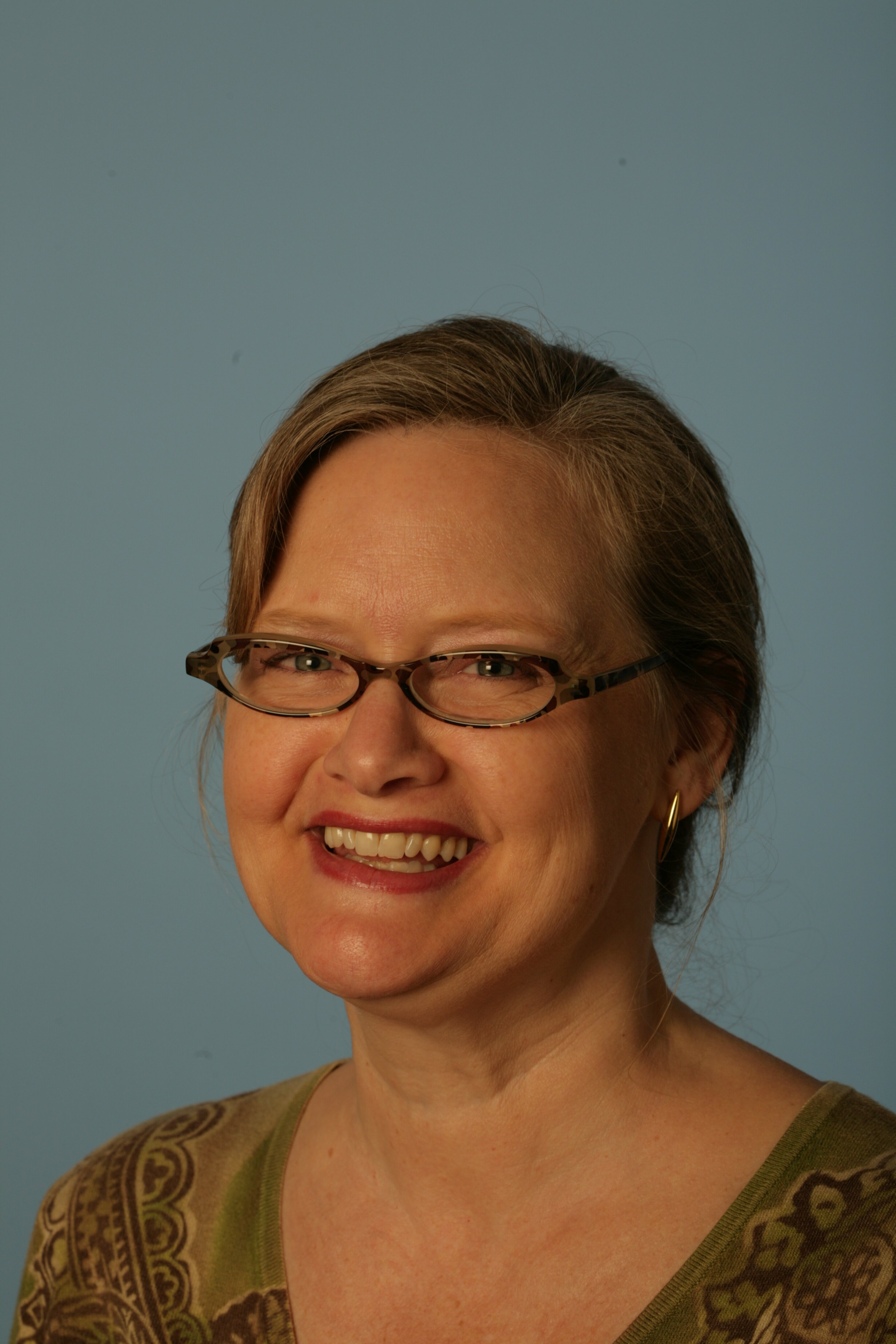
Speaker submitted biosketch
Margo Wootan is the director of nutrition policy at the Center for Science in the Public Interest, one of the country’s leading health advocacy organizations that specializes in food, nutrition, and obesity prevention. Dr. Wootan received her B.S. in nutrition from Cornell University and her doctorate in nutrition from Harvard University’s School of Public Health. Wootan co-founded and coordinates the activities of the National Alliance for Nutrition and Activity and the Food Marketing Workgroup. She has coordinated and led efforts to require calorie labeling at chain restaurants, improve school foods, and reduce junk-food marketing aimed at children.
Moderator: Margo Wootan, Director of Nutrition Policy, Center for Science in the Public Interest

Speaker submitted biosketch
Margo Wootan was recently named one of the Most Innovative Women in Food and Drink by Fortune Magazine and recognized by Harvard School of Public Health for her leadership in public policy. She is the director of nutrition policy at the Center for Science in the Public Interest (CSPI), named as the top Ranked Nonprofit for National Childhood Nutrition/Health. Dr. Wootan received her B.S. in nutrition from Cornell University and her doctorate in nutrition from Harvard University’s School of Public Health. Wootan has coordinated and led efforts to require calorie labeling at fast-food and other chain restaurants, require trans fat labeling on packaged foods, improve school foods, reduce junk-food marketing aimed at children, and expand nutrition and physical activity programs at CDC. She co-founded and has led both the National Alliance for Nutrition and Activity (NANA) and the Food Marketing Workgroup.
Presentations/Handouts
Back to Top
Overarching
Mini-Plenary: MP 3.1: Toward Healthier Diets: Where Non-Governmental Organizations and Industry Clash and Cooperate
Leaders in the field of obesity prevention and current and former industry executives will discuss opportunities, challenges and convergent interests to develop, improve and promote healthful foods. The diverse organizations represented on this panel reflect different approaches to how changes can be made. Important challenges include what constitutes success and how progress can be reinforced.
Please Click the Speaker names below to see their submitted biosketch.
Richard Black, Vice President, Global R&D Nutrition Sciences, PepsiCo
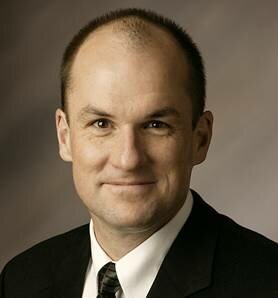
Speaker submitted biosketch
Richard Black joined PepsiCo in January, 2013 as Vice President of Global R&D Nutrition Sciences, leading PepsiCo’s dynamic nutrition team to develop and drive a nutrition strategy that fuels PepsiCo’s innovation and portfolio transformation through nutrition science. Richard and his team work closely with PepsiCo’s sector R&D organizations and the Global Nutrition Group to leverage nutrition science for the PepsiCo brands. Prior to joining PepsiCo, Richard worked for Mondele´z International, where he served as Vice President, Nutrition & Chief Nutrition Officer. He brings a wealth of leadership and technical expertise from the consumer packaged and pharmaceutical industries to PepsiCo. In his twenty year career, Richard has held nutrition and health and wellness leadership positions at Nestle, Kellogg’s, Novartis, and Kraft with a focus on dairy, sports nutrition, and micro/macro ingredients. In addition, Richard was an Assistant Professor at the University of Toronto, Department of Nutrition Sciences. Richard also served on Health Canada advisory panels, developing policies on health claims and addition of micronutrients in food. He holds his PhD in Psychology of Eating Behavior and has a dual BS degree in Chemistry and Psychology from McMaster University.
Hank Cardello, Senior Fellow & Director, Obesity Solutions Initiative, Hudson Institute

Speaker submitted biosketch
HANK CARDELLO is Senior Fellow and Director of the Obesity Solutions Initiative at the Hudson Institute. He is the author of Stuffed: An Insider's Look at Who's (Really) Making America Fat (HarperCollins/Ecco). Cardello is the former President of Sunkist Soft Drinks, Inc., and served as a marketing executive with The Coca-Cola Company, Canada Dry, Anheuser-Busch and General Mills. He was also CEO for several nutritional food ingredient companies. Mr. Cardello has been a regular contributor to the Atlantic and Forbes and his perspectives have been shared in numerous national publications and broadcast media. Cardello's undergraduate degree was awarded magna cum laude in Materials Science and Metallurgy from Lehigh University, and he holds an MBA in marketing from the Wharton Graduate School, University of Pennsylvania.

Speaker submitted biosketch
Michael F. Jacobson, Ph.D., is the executive director of the Center for Science in the Public Interest (CSPI), a nonprofit health advocacy organization. CSPI is a key player in battles against obesity, cardiovascular disease, and other health problems, using education, legislation, and litigation. Jacobson has written numerous books and reports, including “Salt: the Forgotten Killer,” and “Liquid Candy: How Soft Drinks are Harming Americans’ Health.” He received the 2010 Hero Award from the CDC Foundation and the American Public Health Association’s 2011 David P. Rall Award for Advocacy in Public Health.
Lawrence Soler, President and CEO, Partnership for a Healthier America

Speaker submitted biosketch
Lawrence (Larry) A. Soler is President and CEO of the Partnership for a Healthier America, a organization that works with the private sector and PHA Honorary Chair First Lady Michelle Obama to help end the childhood obesity epidemic. Prior to joining PHA, Mr. Soler was Chief Operating Officer for the Juvenile Diabetes Research Foundation where he oversaw fundraising, marketing and communications, information technology, government relations, and international development. He previously worked for eight years in federal relations positions at the Association of American Universities, focusing on education, health and immigration issues. Mr. Soler received a B.A. with honors from Clark University and his J.D. from George Washington University. He is a member of the Maryland and D.C. Bar Associations. His wife, Susan, and he have two daughters.
Moderator: William Harry Dietz Jr, Director, Sumner M. Redstone Global Center for Prevention and Wellness, Milken Institute School of Public Health
.jpg)
Speaker submitted biosketch
Dr. Dietz is the Director of the Sumner M. Redstone Global Center for Prevention and Wellness at the Milken Institute School of Public Health at George Washington University. He is also the Director of the STOP Obesity Alliance. From 1997-2012, he was the Director of the Division of Nutrition, Physical Activity, and Obesity at the CDC. Prior to his appointment to the CDC, he was a Professor of Pediatrics at the Tuft's University School of Medicine, and Director of Clinical Nutrition at the Floating Hospital of New England Medical Center Hospitals. He received his MD from the University of Pennsylvania in 1970 and a Ph.D. in Nutritional Biochemistry from MIT. He is a member of the Institute of Medicine and a past-president of The Obesity Society and the American Society for Clinical Nutrition.
Back to Top
School and Expanded Learning (After School and Summer)
Mini-Plenary: MP 1.3: Mission Possible: Kids will eat school meals
The U.S. Department of Agriculture updated school meal standards in July 2012. Anecdotal reports suggested these changes created more food waste. Research shows that parents support the new standards and children are eating fruits and vegetables in school. There are many strategies schools can use to make improvements to meal quality and menu choices supporting children's consumption of school meals – come learn about these strategies in this session.
Please Click the Speaker names below to see their submitted biosketch.
Juliana Cohen, Research Associate, Harvard School of Public Health, Department of Nutrition

Speaker submitted biosketch
Juliana Cohen is a research associate at the Harvard School of Public Health where she received her doctorate in nutrition and a master’s degree in social and behavioral sciences with a maternal and child health concentration. Her current work focuses on innovative school-based interventions to encourage the selection and consumption of healthier foods. Dr. Cohen is currently the project director for two large school-based studies assessing diet in children.
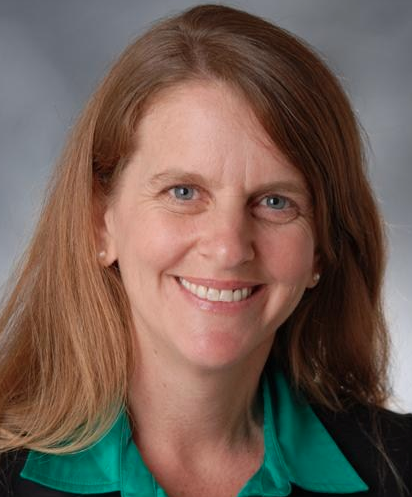
Speaker submitted biosketch
Wendi Gosliner is a Project Scientist at the University of California. Her work focuses on developing and evaluating policy, program, and community-based interventions designed to expand opportunities for healthy eating and physical activity. She studies interventions in schools, childcare environments, WIC, and SNAP Ed programs. Gosliner has taught courses in community nutrition and nutrition policy at UC Berkeley. She received a BS in nutritional sciences from Cornell University and an MPH and DrPH from UC Berkeley. She is a registered dietitian.
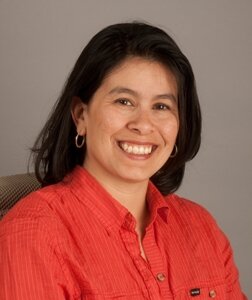
Speaker submitted biosketch
Judith (Judi) Larsen works for The California Endowment a private, statewide health foundation established in 1996 to address the health needs of Californians. Her role at The Endowment focuses on improving environments to support better health for all Californians and she has worked both at the local level in San Diego, Imperial, and Orange counties, and currently works to support scaling up state wide efforts through the Health Happens in Schools campaign (part of The Endowment’s 10 year Building Healthy Communities Initiative). Judi is working to advance policies and practice for improving healthy food and beverages in schools, promoting physical activity as a critical tool for student readiness to learn and health, and accelerating the role of health as a critical component in education reform conversations in California as it relates to Local Control Funding Formula. Prior to joining The California Endowment, Judi worked on community health projects for the University of California, San Diego, School of Medicine and Community Pediatrics to build strong community university partnerships and has worked with a range of community based organizations to improve health outcomes for all families (regardless of race and income). Mrs. Larsen's career has been dedicated to support changes in schools and communities to better children and families’ health and wellness outcomes-- with a specific focus on the role community members should play as active stakeholders in advancing solutions to improve their community. She is daughter of immigrants from Central America, a native Californian, and a strong proponent of California’s public education system. Judi enjoys spending time with her family and being active in her childrens’ school. She is an alumnus of San José State University where she earned a Bachelor of Science degree in Kinesiology, and completed her Master of Public Health in Health Promotion at San Diego State University. She has completed two certificate programs in Health Executive Leadership at University of California, San Diego and Nonprofit Management and Leadership at the University of San Diego.

Speaker submitted biosketch
Bethany is a nutrition educator at heart. Having worked in public schools, community nutrition and public health, she has supported children and families as they get off to a good start leading healthy, active lives. In her current role as a Research Associate in the Nutrition and Food Sciences Department at the University of Vermont, she has been monitoring school children’s milk consumption and using digital imaging to measure consumption of fruits and vegetables.
Moderator: Carol Chase Huegli, Associate Director, Nutrition Services Division, California Department of Education
Speaker submitted biosketch
Carol Chase Huegli, MS, RD is the Associate Director for the Nutrition Services Division at the California Department of Education. In this capacity, she is responsible for overseeing the administration of the Child Nutrition and USDA Foods Programs in California. This includes the development of policy and nutrition education and training programs. Carol joined the CDE in January 2007 after working for the California WIC program for 13.5 years and Riverside County Department of Public Health Nutrition Services for about 9 years. Carol received her Bachelor’s in Biology from the University of California, San Diego and her Master’s in Nutrition Science from the University of California, Davis. Carol is a Registered Dietitian.
Presentations/Handouts
Mini-Plenary: MP 2.3: Building a Culture of Health through Diverse Collaborations
Students, teachers and staff spend a significant amount of time at school. A culture of health at schools supports healthy behaviors for the entire school community. This session focuses on innovation and collaboration. You will hear about work being led by retired military leaders, an integrated health care system and the largest teacher union in the nation.
Please Click the Speaker names below to see their submitted biosketch.
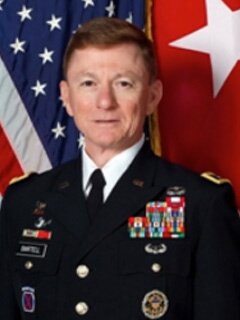
Speaker submitted biosketch
U.S. Army Major General (Ret.) Arthur M. Bartell is a combat veteran, having served tours of duty in Kuwait, Iraq, and Afghanistan. Additional assignments included, Commanding General of the U.S. Army Cadet Command and Director and Chief of Staff of the Army Capabilities Integration Center, Training and Doctrine Command. General Bartell currently serves as President of the Army and Navy Academy, a college-preparatory boarding school for boys grades 7-12. He is an Executive Advisory Council member of Mission: Readiness, a nonpartisan national security organization of over 500 retired senior military leaders calling for smart investments in America’s children.
Lainie Morgan, Senior Program Coordinator, National Education Association - Healthy Futures
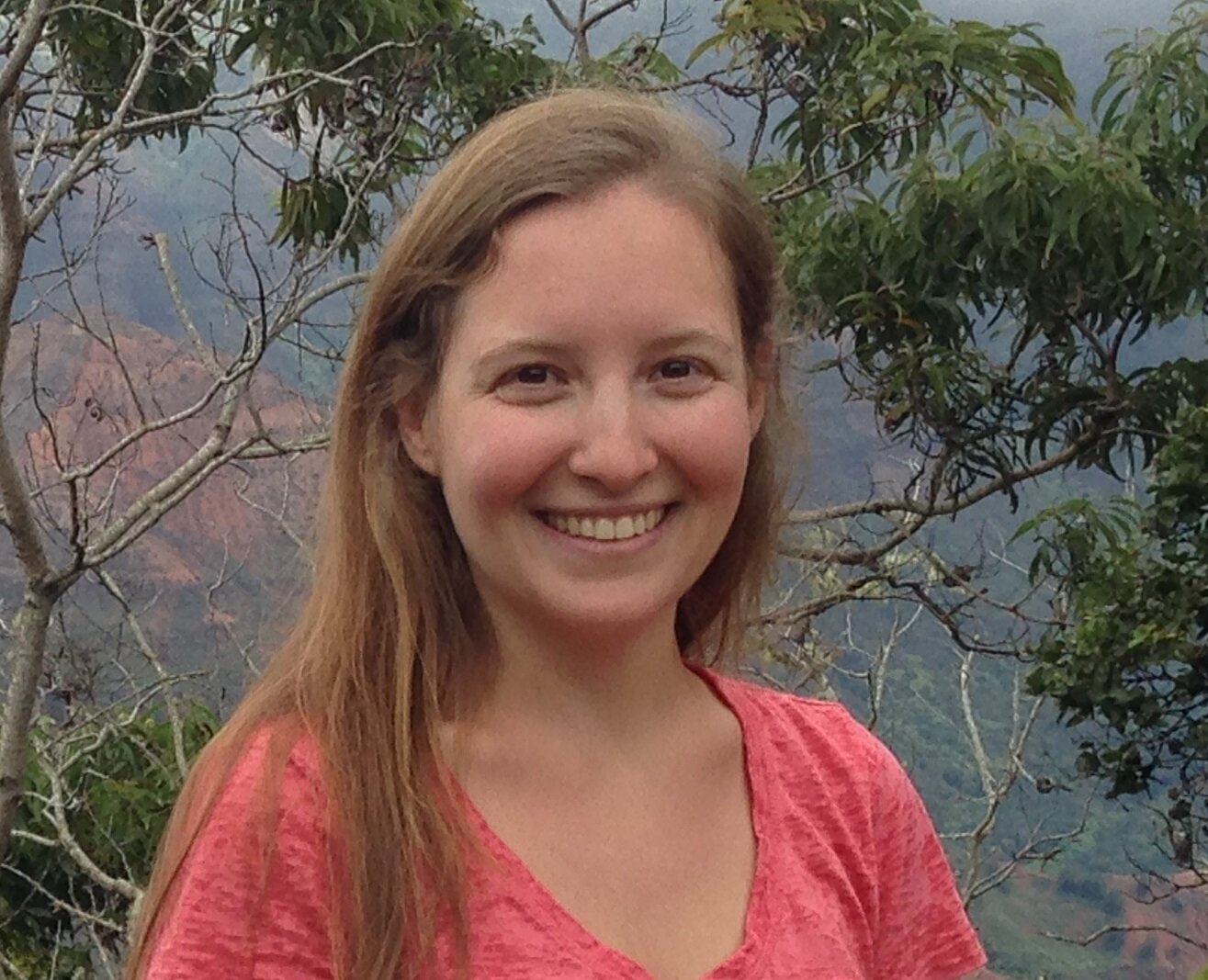
Speaker submitted biosketch
Lainie Morgan manages national projects to support educators and their students, including several school employee wellness initiatives and the school nutrition program "Bag the Junk". Her focal points are programs and policies that address educator health (especially stress reduction support, wellness coordinators and insurance benefits), survey research, childhood obesity, and a whole school culture of health model. Before joining NEA Healthy Futures in 2014, she ran SNAP-Ed community nutrition education programs in the Baltimore area for the University of Maryland Extension and supported low-income populations to strengthen healthy habits, which included teaching with all ages and training professionals. She has also contributed to research on community-based health programs for the American Public Health Association and micronutrient supplementation and child development with Johns Hopkins School of Public Health. Abroad, she has consulted with the Bhutanese Ministry of Health and served as a Peace Corps volunteer in Paraguay. Lainie earned an MPH from Johns Hopkins School of Public Health and a BA from Wesleyan University. She is an active hiker, gardener and creative chef.
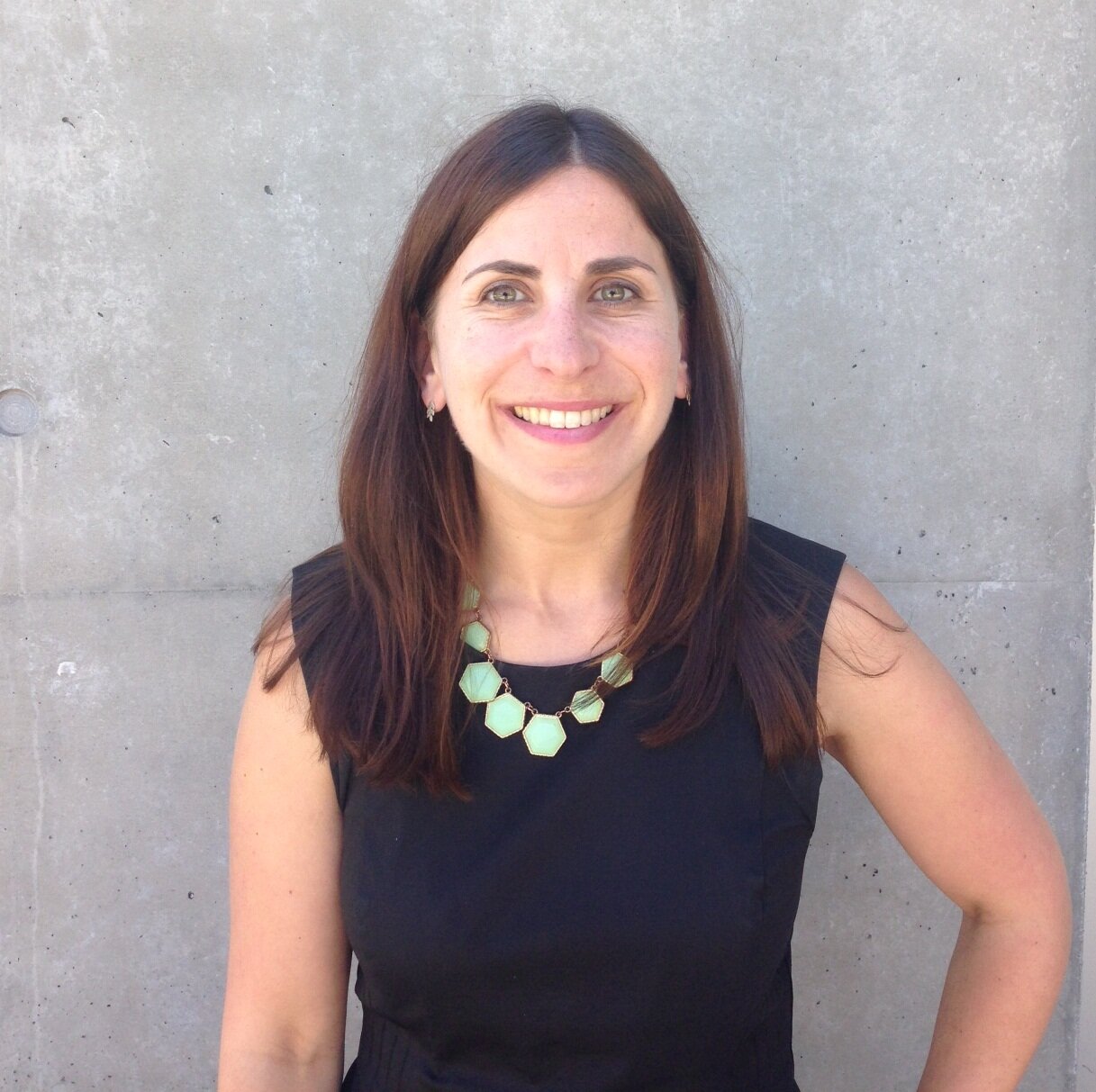
Speaker submitted biosketch
Sarah Threlfall is a Sr. Consultant for Kaiser Permanente Thriving Schools, a national effort to improve healthy eating and physical activity in K-12 schools primarily through a focus on policy, systems, and environmental changes targeting students, staff and teachers. In that role, she manages the development and implementation of Thriving Schools by partnering closely with external organizations and Kaiser Permanente regional leadership. Prior to joining Thriving Schools, she collaborated on the expansion of HealthWorks, Kaiser Permanente's workforce health department. She received her MPH from UCLA and completed her undergraduate work at UCSD.
Moderator: Elisa Mendel, Vice President, Healthworks and Product Innovation, Kaiser Permanente

Speaker submitted biosketch
Elisa Mendel is National Vice President, HealthWorks & Product Innovation, for Kaiser Permanente. She is responsible for overseeing Kaiser Permanente’s Workforce Health portfolio, which is designed to help employers improve the health and productivity of their employees through worksite programs and interventions. This includes Kaiser On-the-Job - Kaiser Permanente’s occupational health services, multicultural marketing, and Kaiser Permanente’s Thriving Schools initiative. She is also responsible for developing and implementing product innovations to leverage Kaiser Permanente’s integrated care delivery system. Mendel received her bachelor’s degree in industrial and operations engineering from the University of Michigan.
Presentations/Handouts
WS 1.5: A “Whole” New Look at School Lunch: Perceptions Matter
Schools are under pressure to provide healthy school meals students will eat. This thought-provoking session looks at how the Smarter Lunchrooms Movement (SLM) promotes holistic changes that improve student consumption of healthy foods. A national perspective of the SLM will be highlighted along with local examples of SLM implementation. In addition to the SLM presentation, “lessons from the lunch ladies”, a school-based research project will be shared.
Please Click the Speaker names below to see their submitted biosketch.
Kathryn Hoy, Manager, Cornell Center for Behavioral Economics in Child Nutrition Programs
Speaker submitted biosketch
Kathryn “Kate” Hoy – (Master of Food and Nutrition – BGSU 2010, RD/CDN) is the Manager of the Center for Behavioral Economics in Child Nutrition Programs at Cornell University. She is responsible for the development, implementation and evaluation of the Smarter Lunchrooms Movement, an initiative providing resources and training to over 20,000 schools across the USA. Her role with Cornell has taken her across the country to speak at conferences, to Capitol Hill where she regularly meets with government officials/policy makers, and to the table with many of the industry leaders in school wellness and childhood obesity.
Mary Podrabsky, Director of School and Community Initiatives, University of Washington-Center for Public Health Nutrition
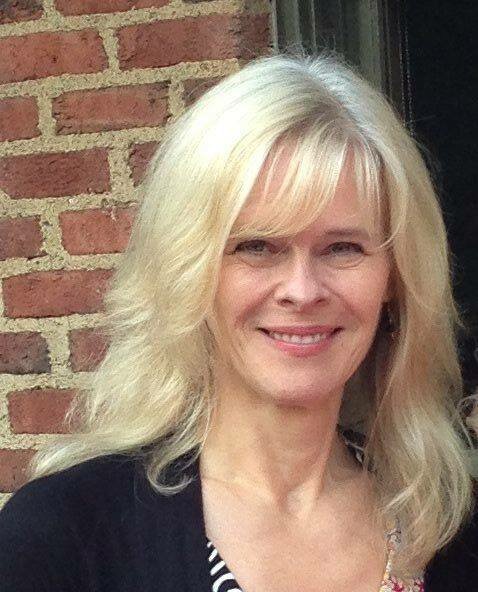
Speaker submitted biosketch
Mary is a Registered Dietitian, serving as Clinical Instructor and Director of School and Community Initiatives at the University of Washington-Center for Public Health Nutrition. She works with partners in a variety of settings, including schools, toward the development and evaluation of policy and environmental approaches to reduce obesity. Mary received her BS in nutrition from Washington State University, completed her Dietetic Internship at Rush Medical Center in Chicago, and received her MPH from the University of Washington
Suzy Sayre, Director of Nutrition Services, El Monte High School District

Speaker submitted biosketch
Suzy Sayre currently serves as Director of Nutrition Services for El Monte Union High School District, since 2003. Suzy has over 30 years of experience in the food service industry, including restaurants, a theme park and schools. She has worked in school food service the past 22 years, starting her career at Capistrano Unified School District in 1993. Suzy likes to stay active in her association and currently is the Registration Chair for the Southern California School Nutrition Association. She is on the Advisory Panel for the Dairy Council of California and was recently named, by the Dairy Council, the inaugural Community Heath All Star. Her district along with four schools in California has been nominated for the Green Award. Green Ribbon Schools demonstrate exemplary achievement in three “pillars” including improving the health and wellness of schools, students, and staff.
Moderator: Shannan Young, Senior Project Manager, Dairy Council of California
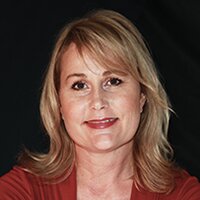
Speaker submitted biosketch
Shannan Young earned her Bachelor of Science degree in Community Nutrition from the University of California, Davis, is a Registered Dietitian Nutritionist and credentialed School Nutrition Specialist. She has focused her career on creating a culture of wellness in schools; first working at a large school district for 11 years and then for the California Department of Education for six years. Today, she support wellness in schools and communities throughout California as the Dairy Council of California’s Senior Project Manager.
Presentations/Handouts
WS 2.5: Creating Healthy, Vibrant Afterschool Cultures: National, State, and Local Perspectives
With 10.2 million youth in afterschool programs, out-of-school time is ideal to educate students about nutrition, ensure students “get their 60”, and build healthier communities while helping close the achievement gap. The Alliance for a Healthy Generation, New Jersey YMCA State Alliance, and Team California for Healthy Afterschool will present their models for making the healthy choice the easy choice in afterschool settings.
Please Click the Speaker names below to see their submitted biosketch.
Sue Cornell, Healthy U Director, New Jersey YMCA State Alliance

Speaker submitted biosketch
Sue is the Healthy U State Director for the NJ YMCA State Alliance. As the state wide director Sue leads the process of implementing Healthy U in 400 YMCA afterschool programs, 80 YMCA early childcare programs and 60 elementary based- coordinated school health programs. Her responsibilities include providing professional development, curriculum support, and technical support for developing wellness policy and advocating for policy change. Her role also involves identifying and collaborating with other community organization to further our reach for community health. Sue has presented at state and national conferences including; the National Afterschool Association, the NJ Association of Health PE Recreation and Dance (NJAHPERD), New Jersey School Board Association, and the New Jersey Education Association state conferences. She also sits on the NJAHPERD Executive Board, as well as the Sustainable schools for New Jersey Health & Wellness task Force, and the New Jersey School Board Association Healthy and Wellness task Force. Prior to this position she served in various executive leadership roles with the YMCA of the Greater Brandywine Valley in Chester County, PA for over 20 years. Her accomplishments included , community collaborations with city councils to restore and re-open the community pools, implementing a “learn to swim” program, and partnering to open an outreach community camp. She also led the process of bringing the Girls on the Run program to over 12 schools. She has a BS degree in Health and PE from West Chester University.
Daniel Hatcher, National Healthy Out-of-School Time Advisor, Alliance for a Healthier Generation

Speaker submitted biosketch
Daniel W. Hatcher serves as National Out-of-School Time Advisor for the Alliance for a Healthier Generation. At the Alliance, Daniel is responsible for managing and delivering technical assistance services and resources for out-of-school time sites as they work to achieve National Healthy Eating and Physical Activity Standards. Daniel has a BA in International Relations and a Masters of Public Health, both from Western Kentucky University. Daniel regularly blogs on topics relevant to healthy afterschool at https://host.healthiergeneration.org/new__notable/.
Jason Smith, Health and Wellness Director, Sacramento Chinese Community Service Center

Speaker submitted biosketch
Jason Smith currently serves as the Director of Health and Wellness for the Sacramento Chinese Community Service Center. Jason has had the privilege of serving in many after school positions over the last 15 years including frontline staff, Program Manager, and Director. His passion for youth development and mentoring has given him ample opportunities to create and develop intentional meaningful programs supporting youth and their families. He is a leadership team member with the Team California for Healthy After Schools (TCHAS) initiative and participates with multiple coalitions in Sacramento. He is active in his community and is currently serving as the Board President of Courageous Connection a foster youth non-profit.
Moderator: Andrew Laufer, Education Administrator, California Department of Education
Speaker submitted biosketch
Mr. Laufer is an Education Administrator for the Student Support and Special Services Branchin the Executive Office of the California Department of Education . He has oversight responsibility for five Divisions which includes the Nutrition Services Division, the Special Education Division, the After School Division, the State Special Schools and Services Division, and the Coordinated Student Support and Adult Education Division. Mr. Laufer has worked with the Deaf Community advocating for full access to visual language for Deaf children to facilitate cognitive development and academic success. He received the Administrator of the Year Award from the California Educators of the Deaf and Hard of Hearing.
Presentations/Handouts
WS 3.5: Made to Move: Getting Kids Active throughout the School Day
The Institute of Medicine recommends a “Whole-of-School” approach to providing physical activity to students. This session includes evaluations of three innovative programs in elementary schools. The programs illustrate opportunities to integrate activity in school that can complement physical education, including before and after school, lunch time recess, and classroom activity breaks. Each program will share evaluation strategies and results.
Please Click the Speaker names below to see their submitted biosketch.
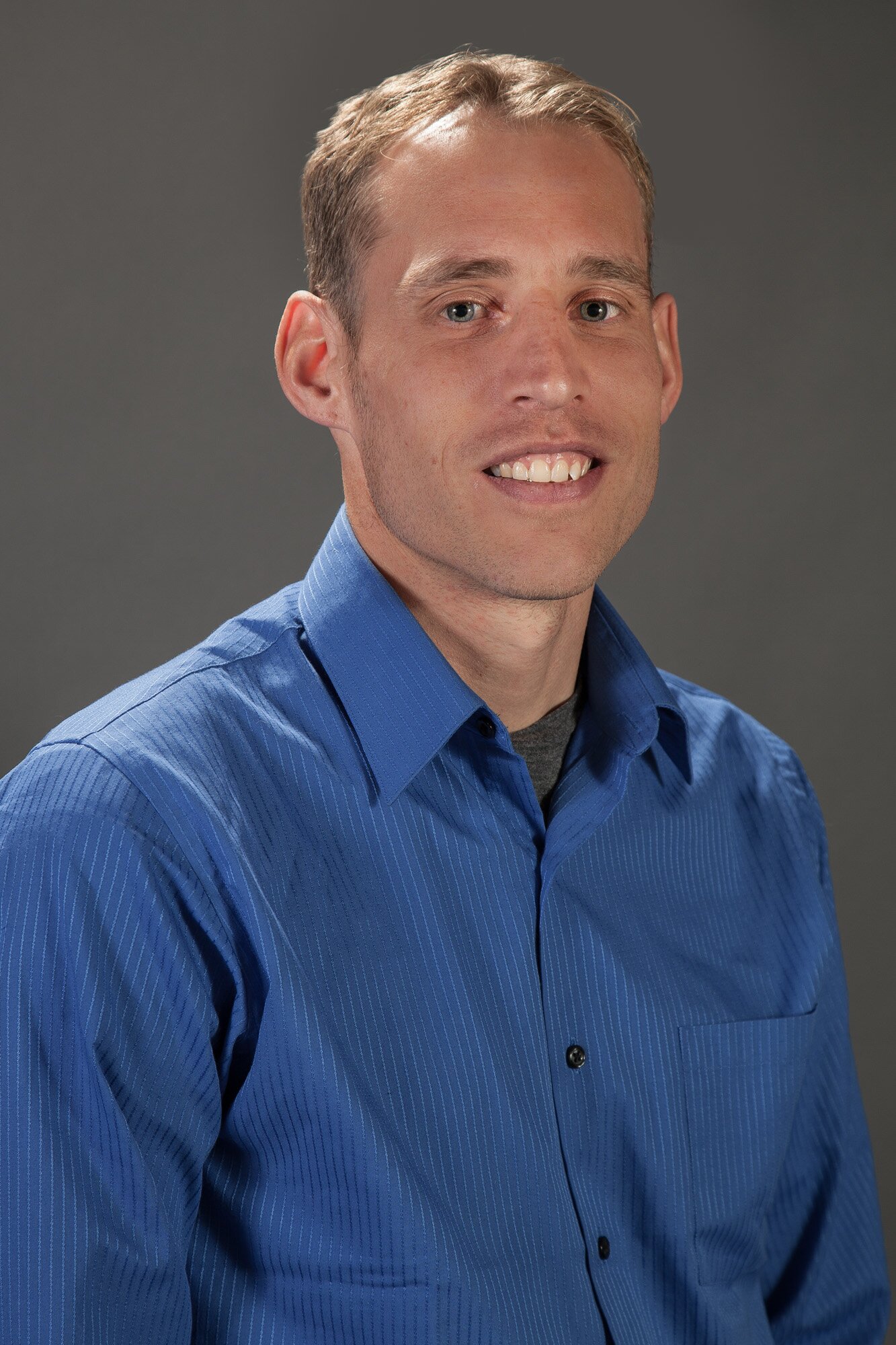
Speaker submitted biosketch
Dirk de Heer is currently an assistant professor in the department of physical therapy at Northern Arizona University. His educational background is in health psychology and public health. His main research is in community based cardiovascular disease, diabetes and obesity prevention. Most of his prior work has been conducted with underserved minority populations along the US-Mexico border. The past 2 years, he has collaborated with the Fit kids of Arizona pediatric obesity prevention and treatment program of Northern Arizona Healthcare.
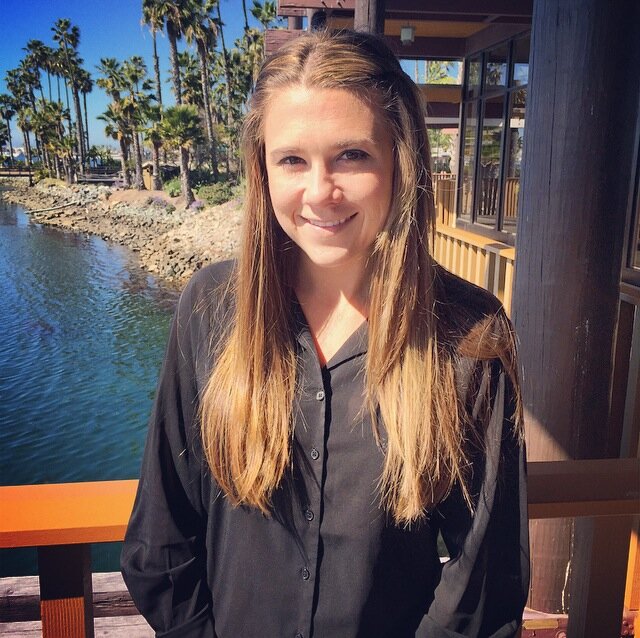
Speaker submitted biosketch
I am a 3rd year student in the Joint Doctoral Program in Public Health (Health Behavior track) at the University of California, San Diego (UCSD) and San Diego State University (SDSU). My background is in psychology, but I have spent the majority of my time in the program researching physical activity, the built environment and the connection with injury prevention. I study how to facilitate physical activity, including by better understanding the relationship between physical activity and neighborhood environments.
Ayano Healy, Lead Health Educator, Northern California Center for Well-Being
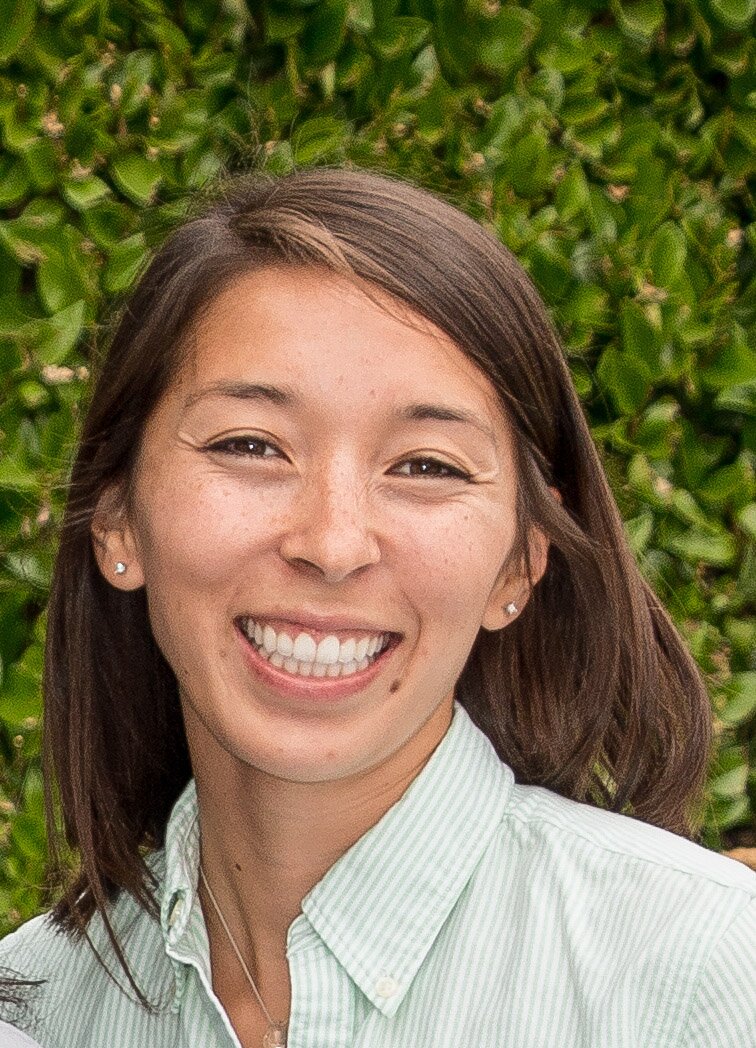
Speaker submitted biosketch
Ayano Healy holds a Bachelors in Health Promotion from the University of Georgia and is a Certified Health Education Specialist (CHES). For over five years, Ms. Healy has specialized in youth engagement and managed school-based health initiatives in Sonoma County for the Center for Well-Being. Her current school-based initiatives include: “Active Play Every Day”- increasing a culture of play and MVPA in K-5 students and “Project TRUE”- a youth engagement, peer-education program dedicated to tobacco, alcohol and other drug prevention.
Moderator: Jim Sallis, Distinguished Professor of Family Medicine and Public Health, University of California, San Diego

Speaker submitted biosketch
James F. Sallis, Ph.D is Distinguished Professor of Family Medicine and Public Health at University of California, San Diego and Director of Active Living Research, a program of the Robert Wood Johnson Foundation. His research interests are promoting physical activity and understanding policy and environmental influences on physical activity, nutrition, and obesity. He has authored 600 scientific publications and is one of the world’s most cited authors in the social sciences. Time Magazine identified him as an “obesity warrior." http://sallis.ucsd.edu/
Presentations/Handouts
WS 4.5: New Local School Wellness Policy Requirements: Opportunities and Challenges for Implementation
New Local School Wellness Policy (LSWP) requirements offer opportunities and challenges for implementation. This session will highlight nationwide successes utilizing Centers for Disease Control and Prevention’s identified tools to support LSWP efforts, along with examples of how local communities were able to strengthen their school wellness policies.
Please Click the Speaker names below to see their submitted biosketch.
Sharon Hillidge, Wellness Resource Teacher, Chula Vista Elementary School District
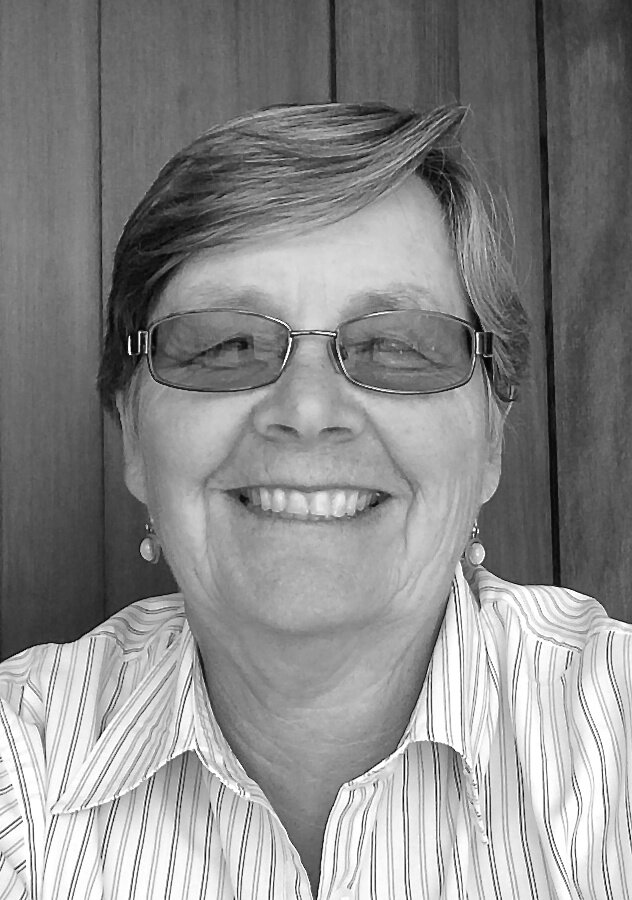
Speaker submitted biosketch
Sharon Hillidge has been an educator in the Chula Vista Elementary School District for 37 years and serves as the Wellness Resource Teacher. Her responsibilities include the BMI Project, Wellness Lead, developing physical education/wellness curriculum, community collaboration, and implementing grants like Community Transformation Grant and Kaiser Thriving Schools. She has conducted numerous presentations at local, state and national conferences, and has collaborated on many publications on wellness and physical education. She earned her undergraduate and graduate degrees from San Diego State University.
Kate McDevitt, Senior Manager, School Wellness Programs, UC San Diego School of Medicine

Speaker submitted biosketch
Kate McDevitt is the senior manager for School Wellness Programs at UC San Diego School of Medicine, Center for Community Health. Kate works with more than 6,000 students at low-income elementary schools to increase good nutrition and physical activity, while advising school districts on health and wellness improvements. She is Co-Chair of the San Diego County Childhood Obesity Initiative – Schools & After-School Domain. Kate is also an active member of the San Diego Food System Alliance and Les Dames d'Escoffier International. In 2013, Kate was named Principal Recipient of the UC San Diego Exemplary Employee of the Year Award.
Allison Nihiser, Health Scientist, Centers for Disease Control and Prevention
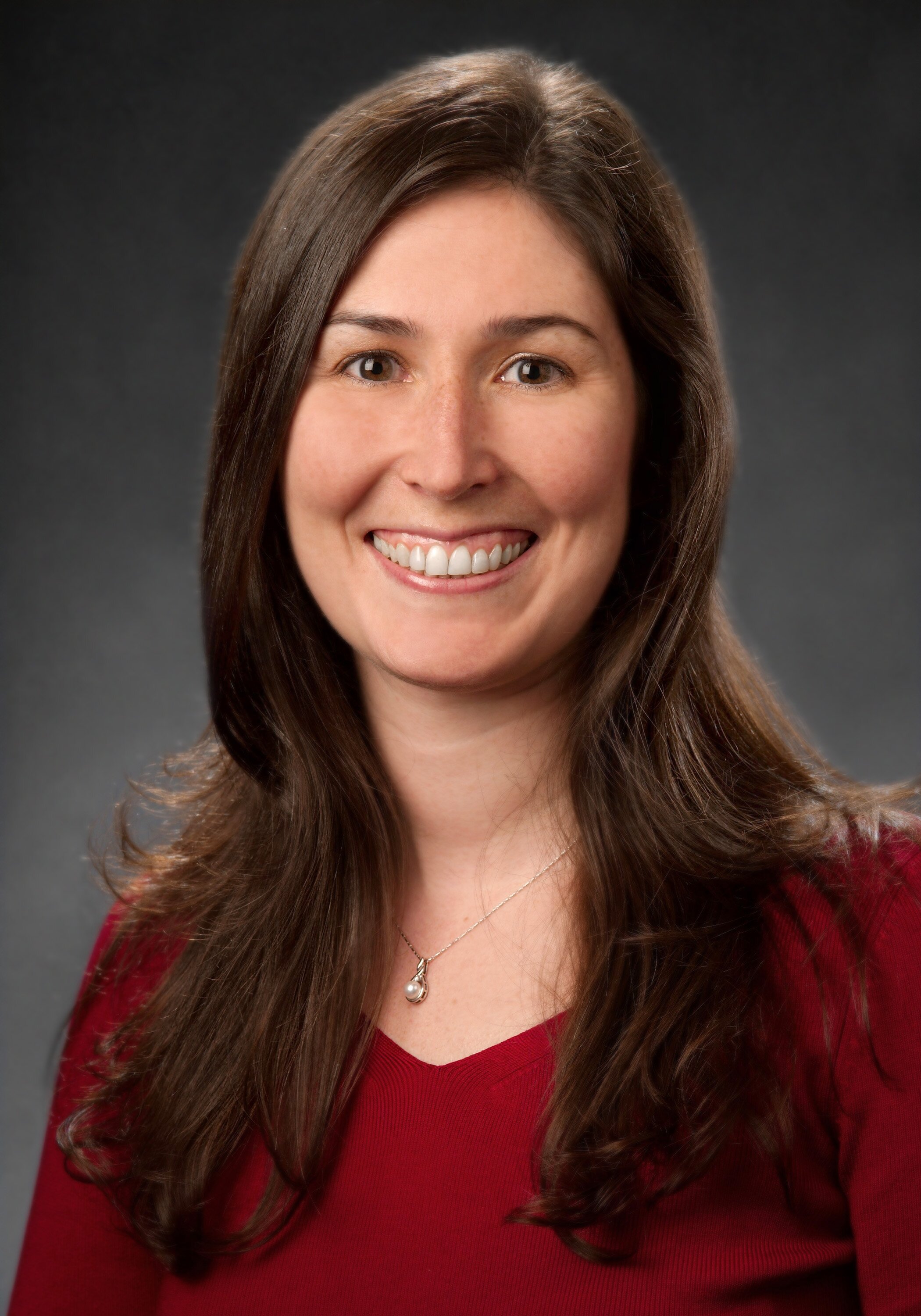
Speaker submitted biosketch
Allison Nihiser, MPH is a health scientist in CDC's School Health Branch, Division of Population Health. Allison focuses on childhood obesity prevention and develops guidelines and strategies for schools to address this issue. Allison serves as the CDC liaison to USDA on local school wellness policies. Allison received her Master's degree in Public Health from Yale University and a bachelor's degree in Health and Sport Studies and a bachelor's degree in Arts from Miami University (Ohio).
Moderator: Heather Reed, Nutrition Education Consultant, Nutrition Services Division, California Department of Education
Speaker submitted biosketch
Heather Reed is a Nutrition Education Consultant with the California Department of Education (CDE). She co-chairs the California LSWP Collaborative. She was on the planning committees for the 2007 and 2009 School Wellness Conferences and 2013 and 2015 Childhood Obesity Conferences. She was formerly a public health nutritionist with California Department of Public Health, Head Start nutrition coordinator, and WIC coordinator. A Registered Dietitian, she earned a MA from San Francisco State University and a BS from University of Delaware.
Presentations/Handouts
Back to Top





.jpg)










.jpg)














































































.jpg)



























